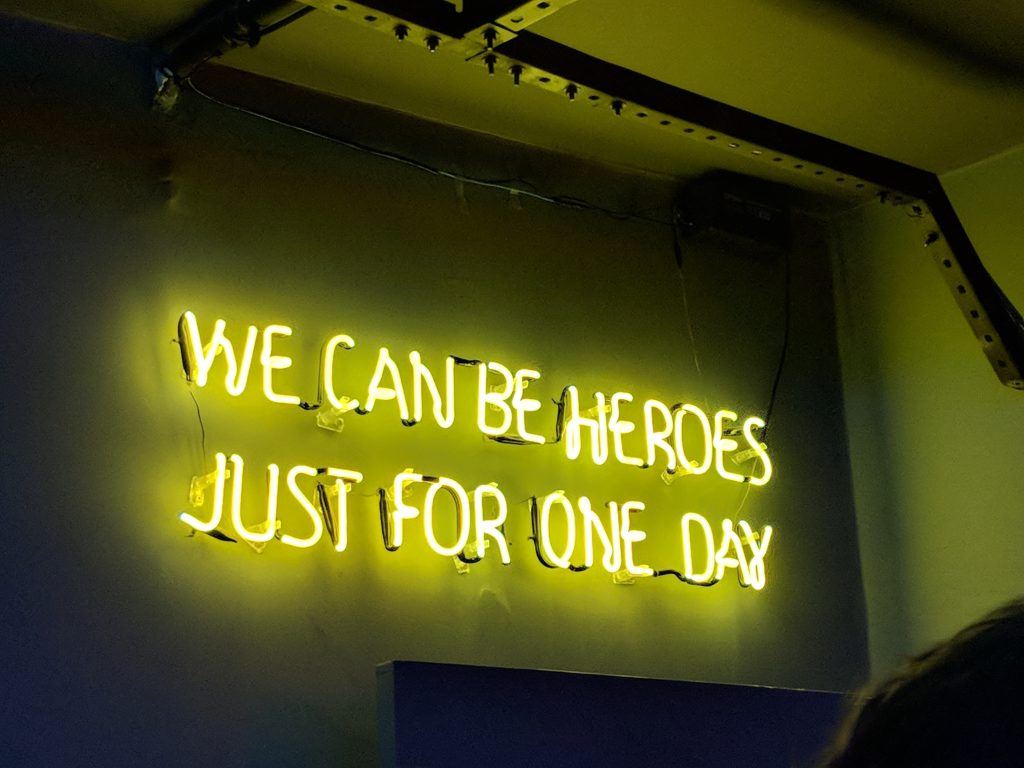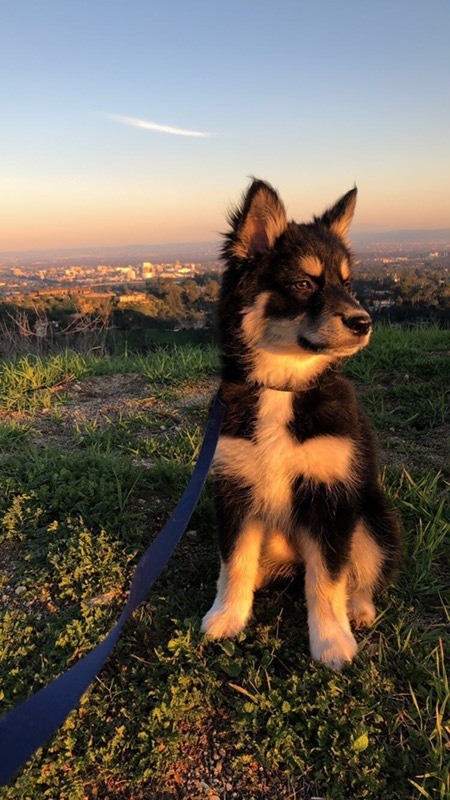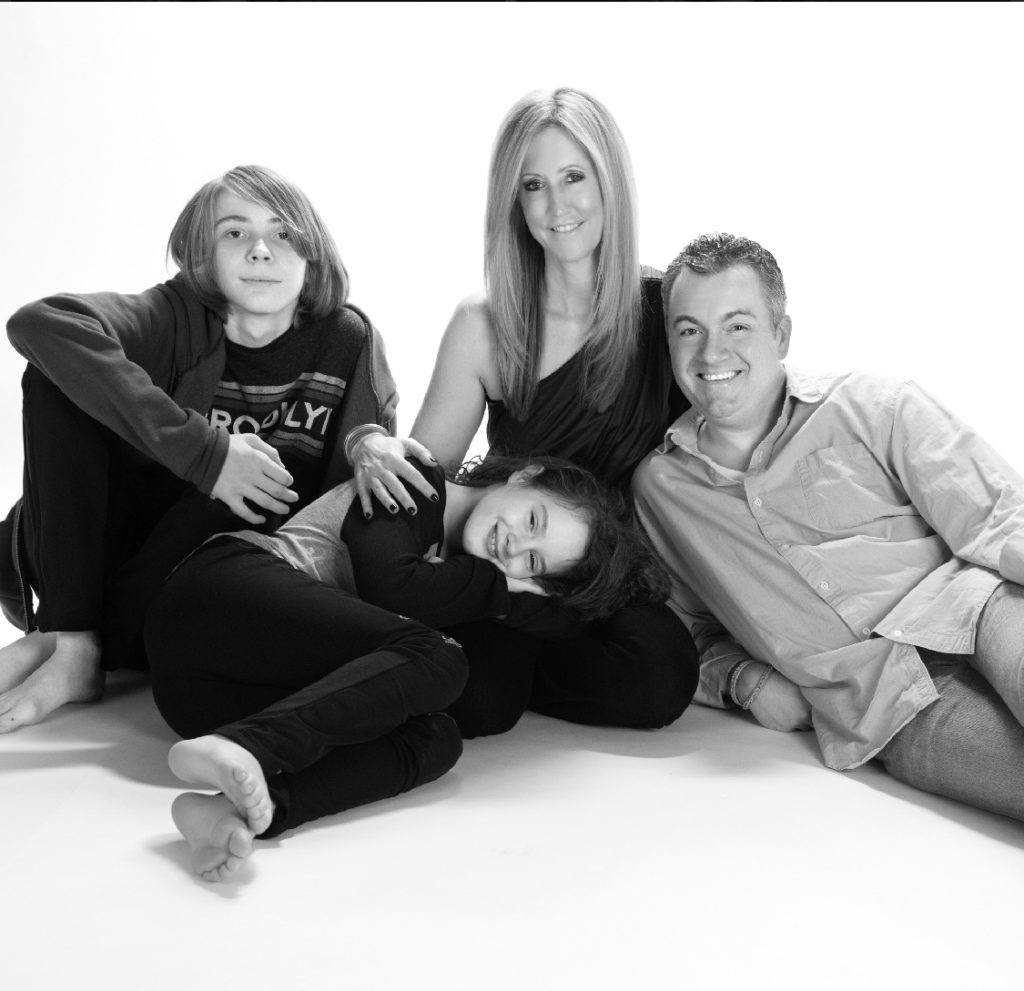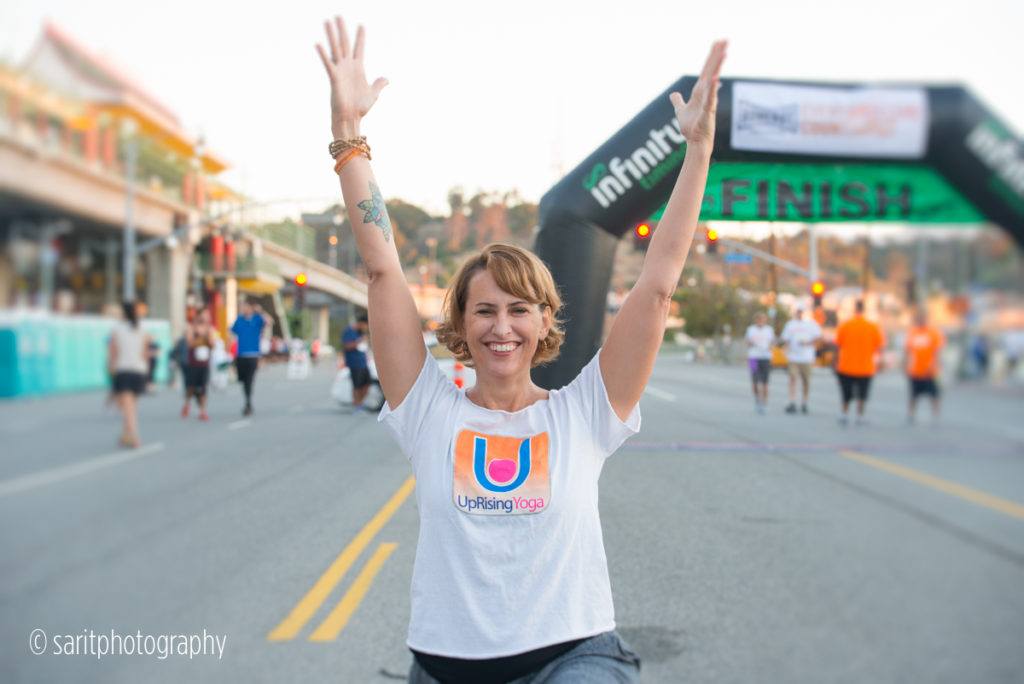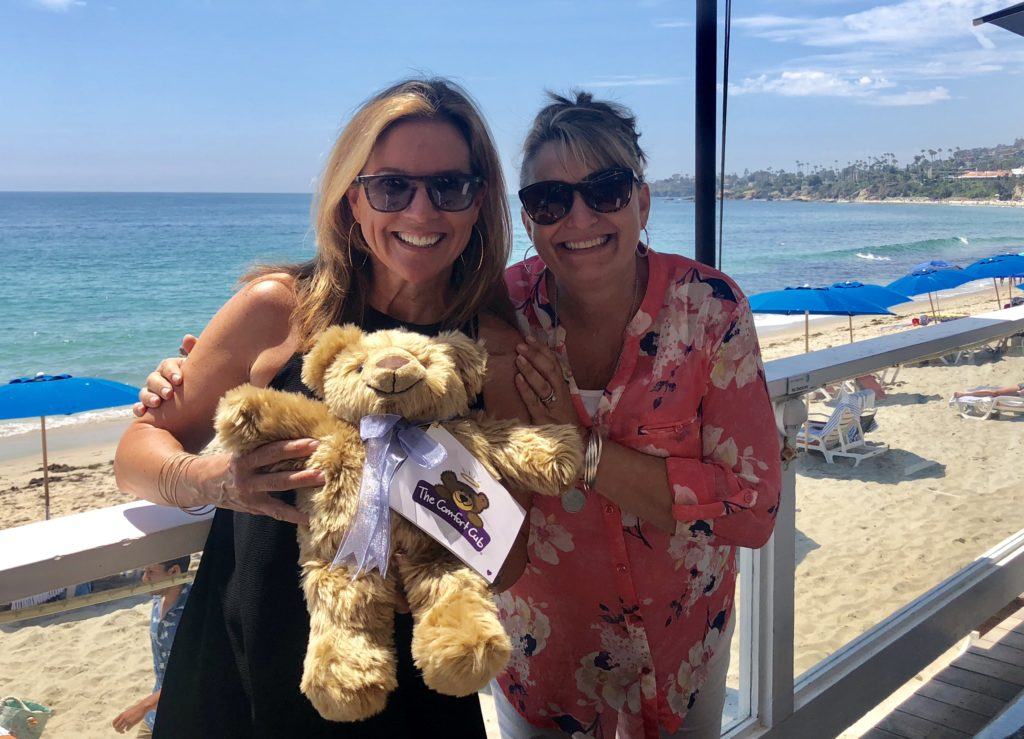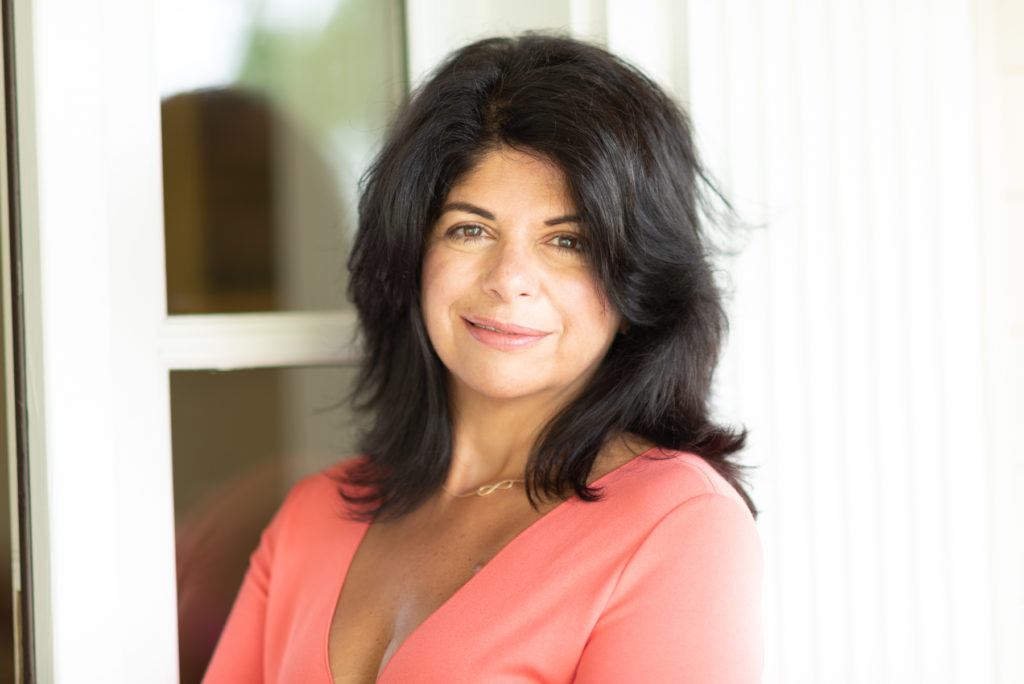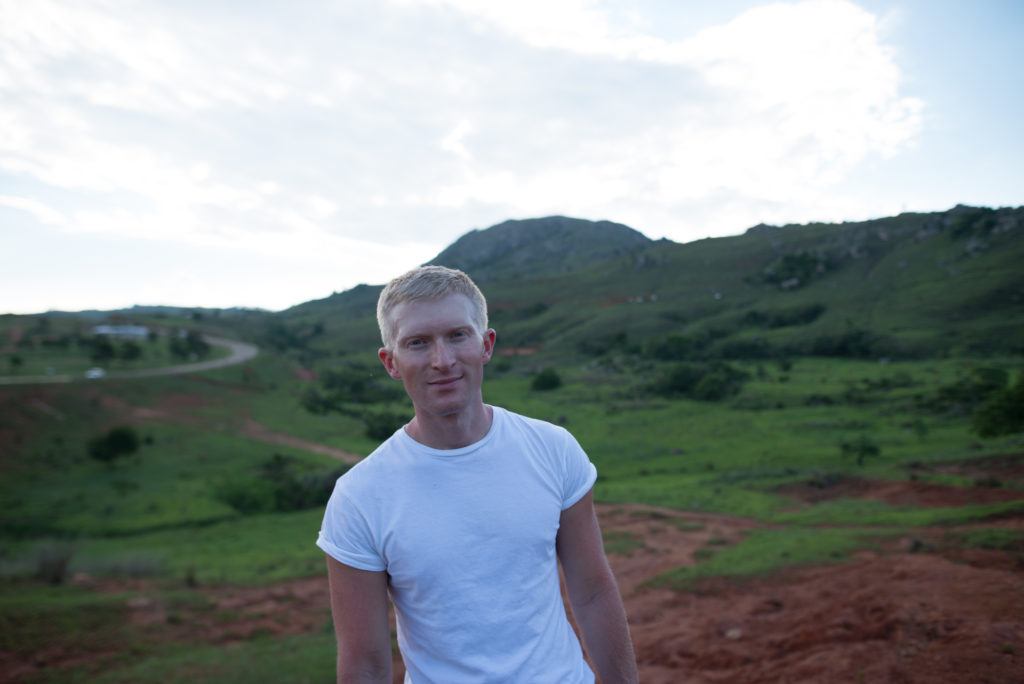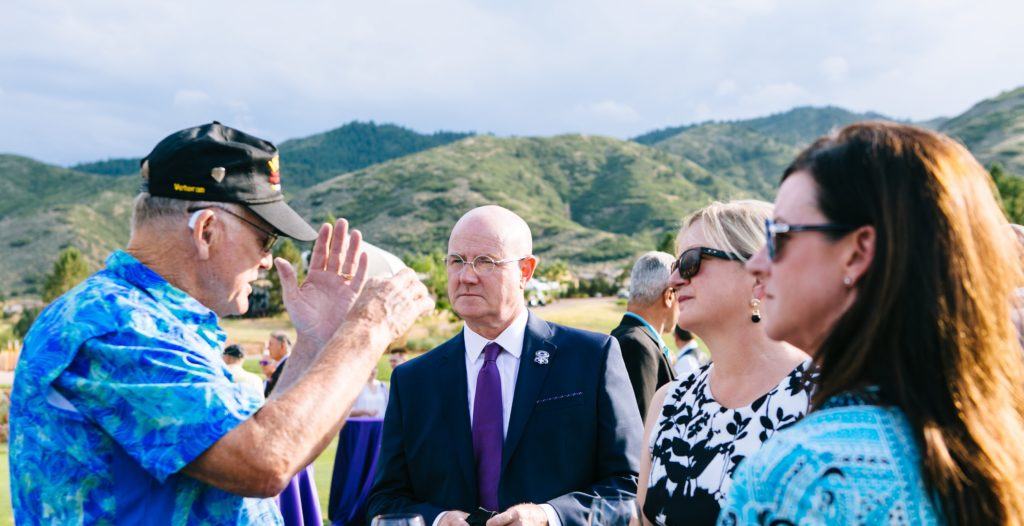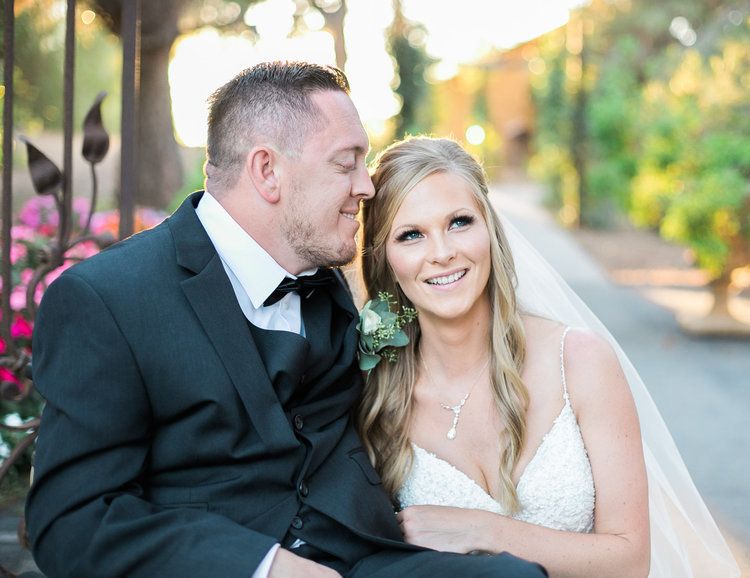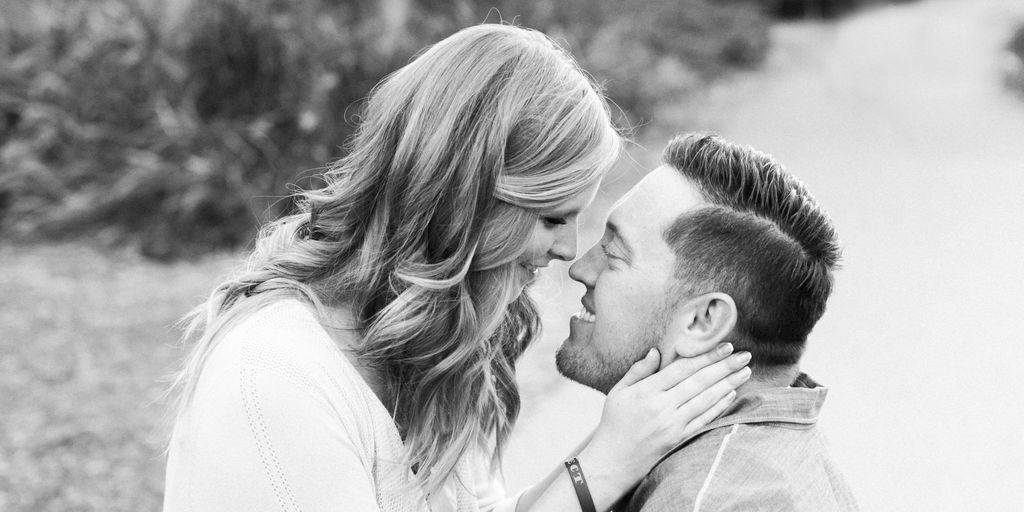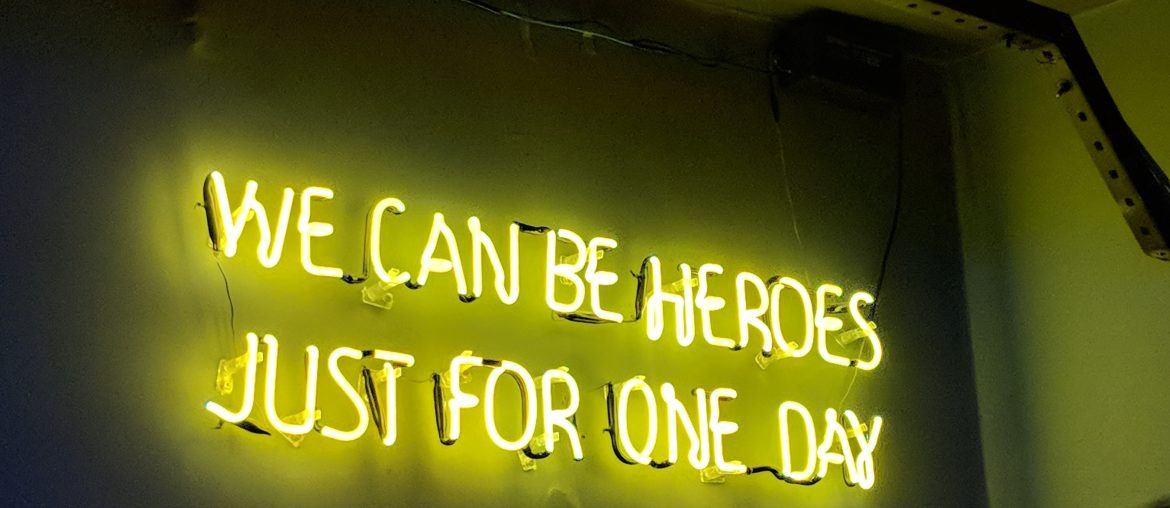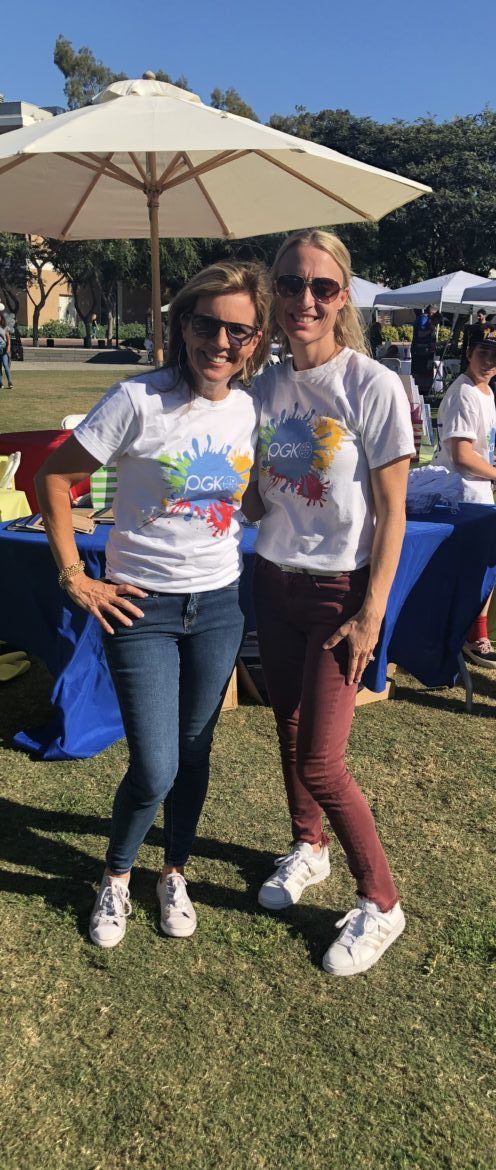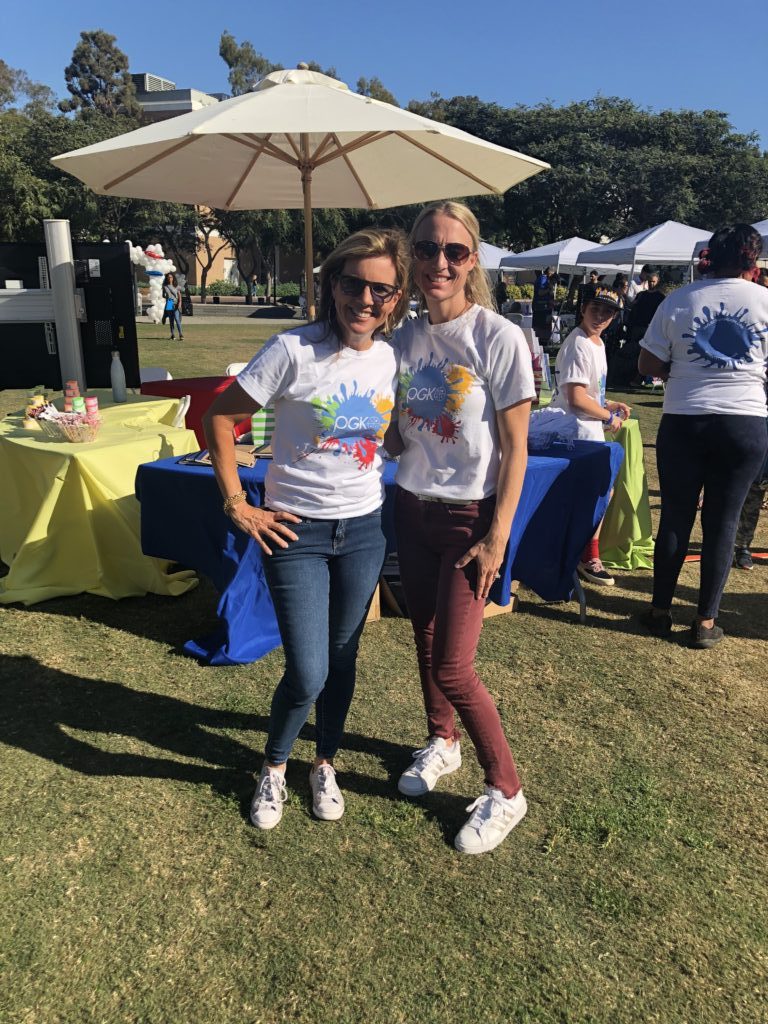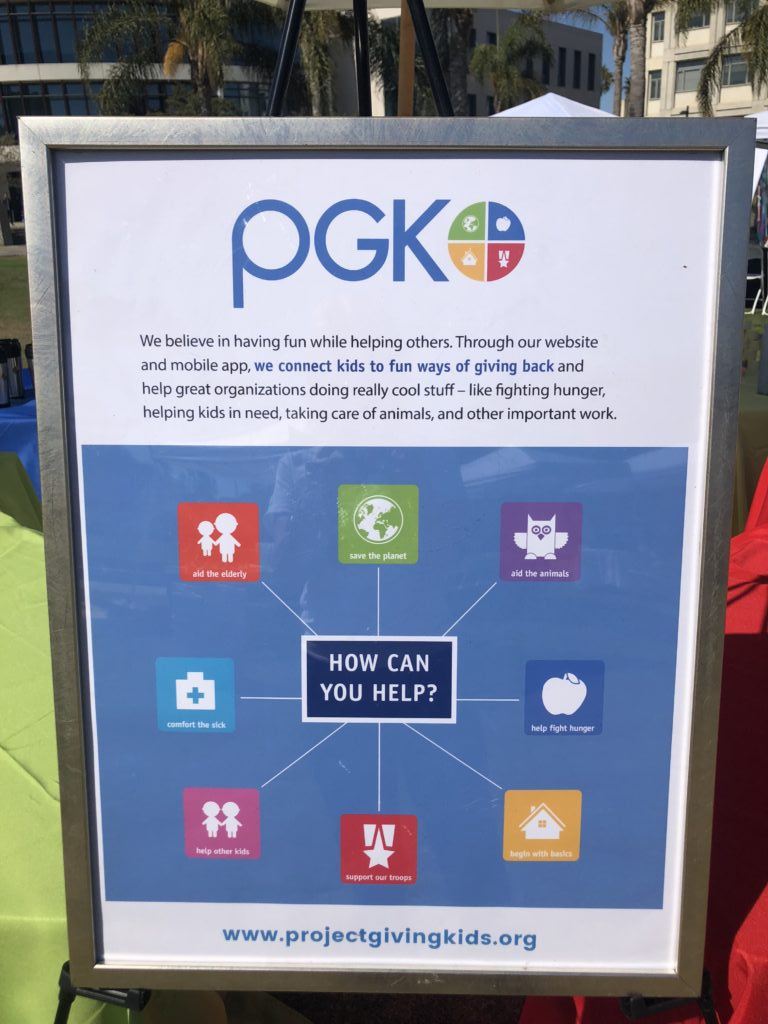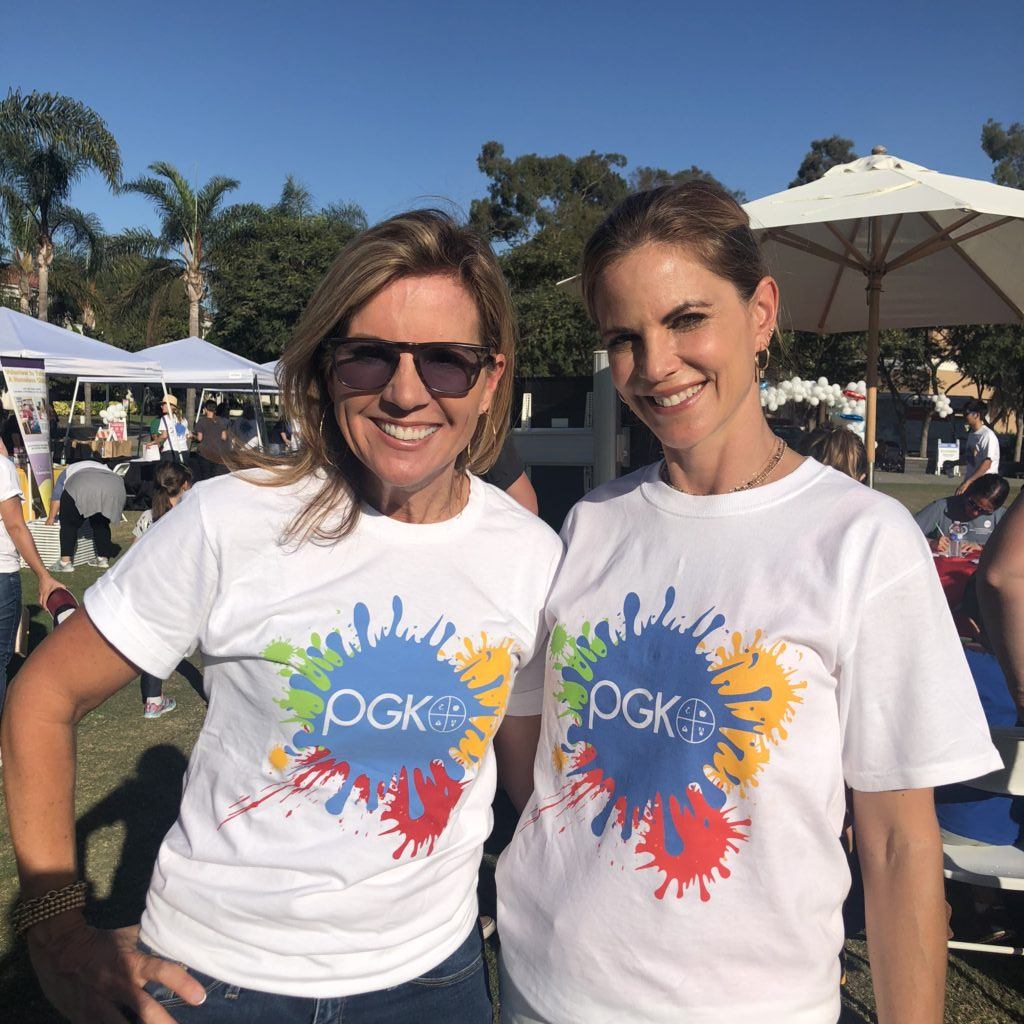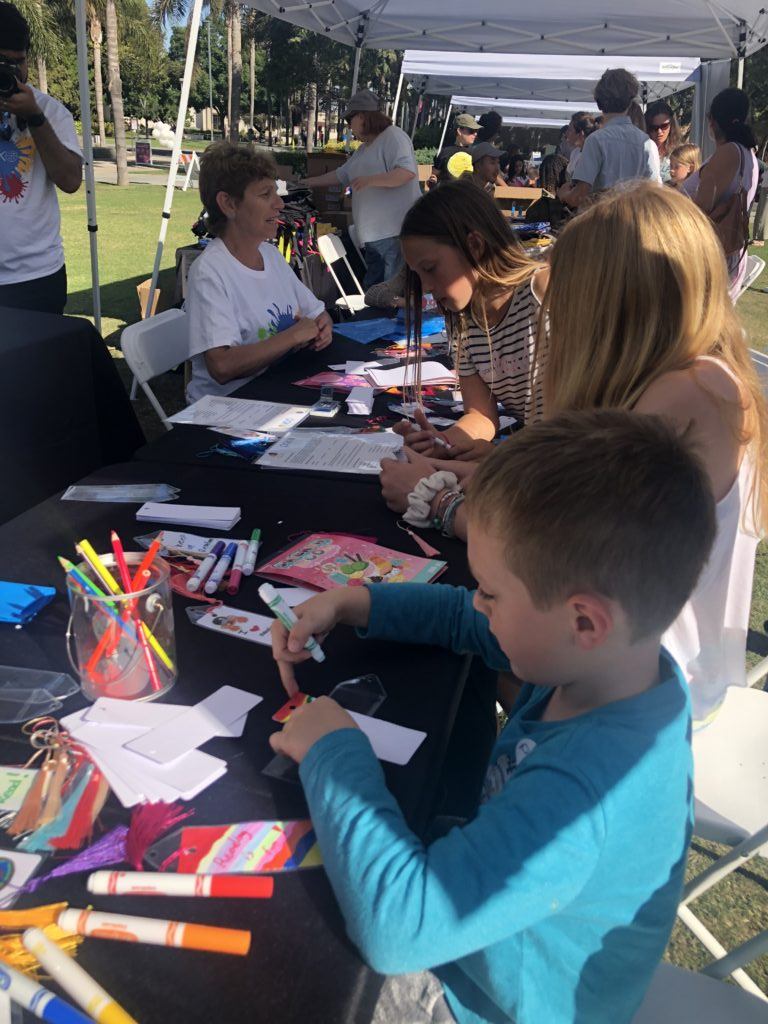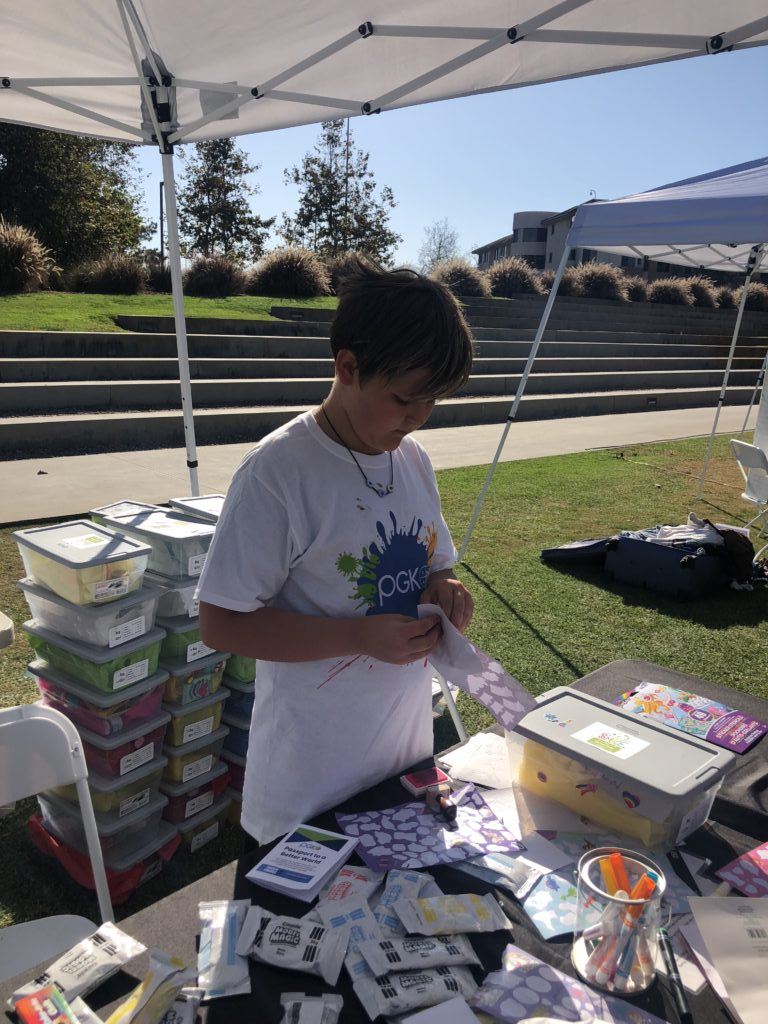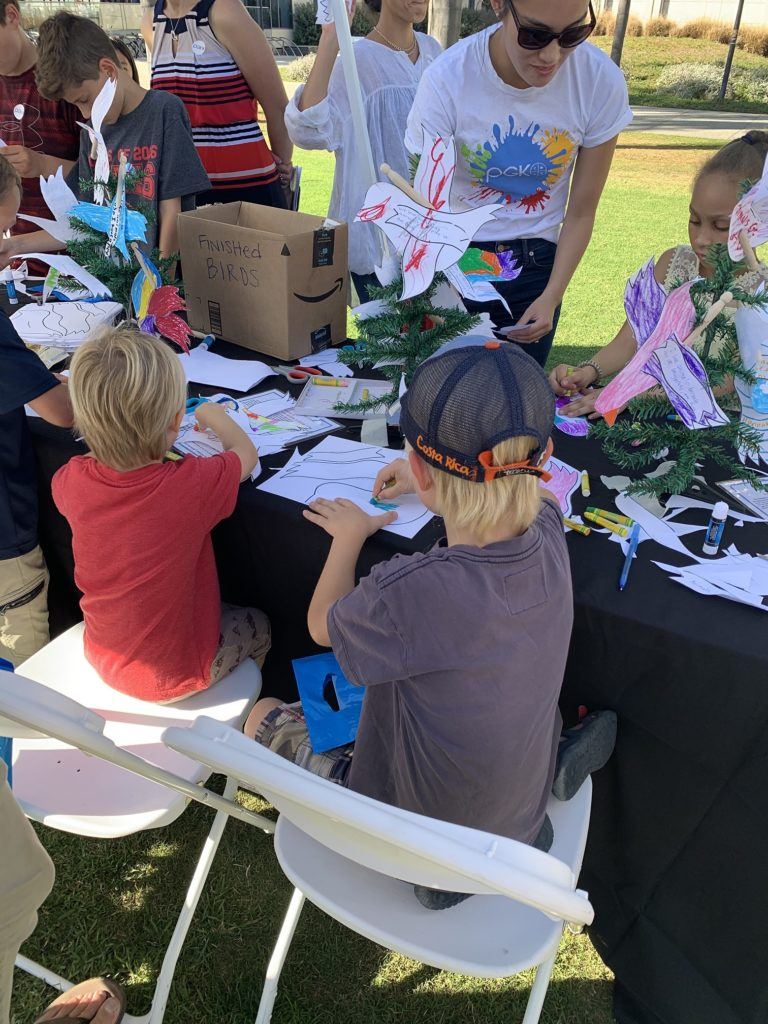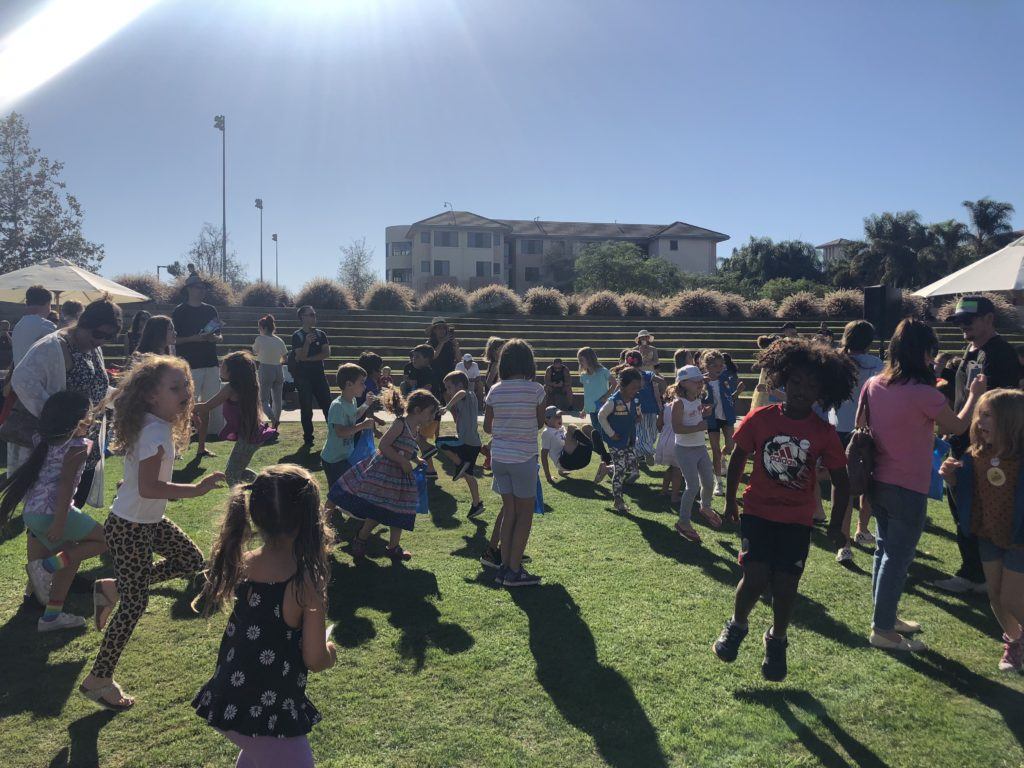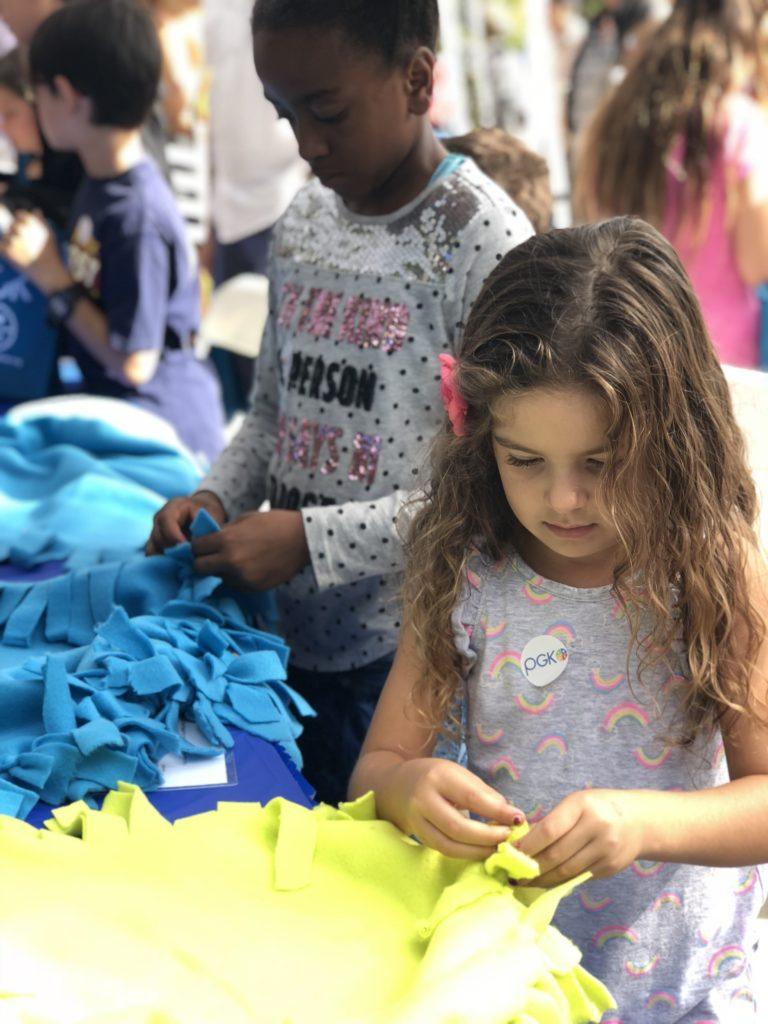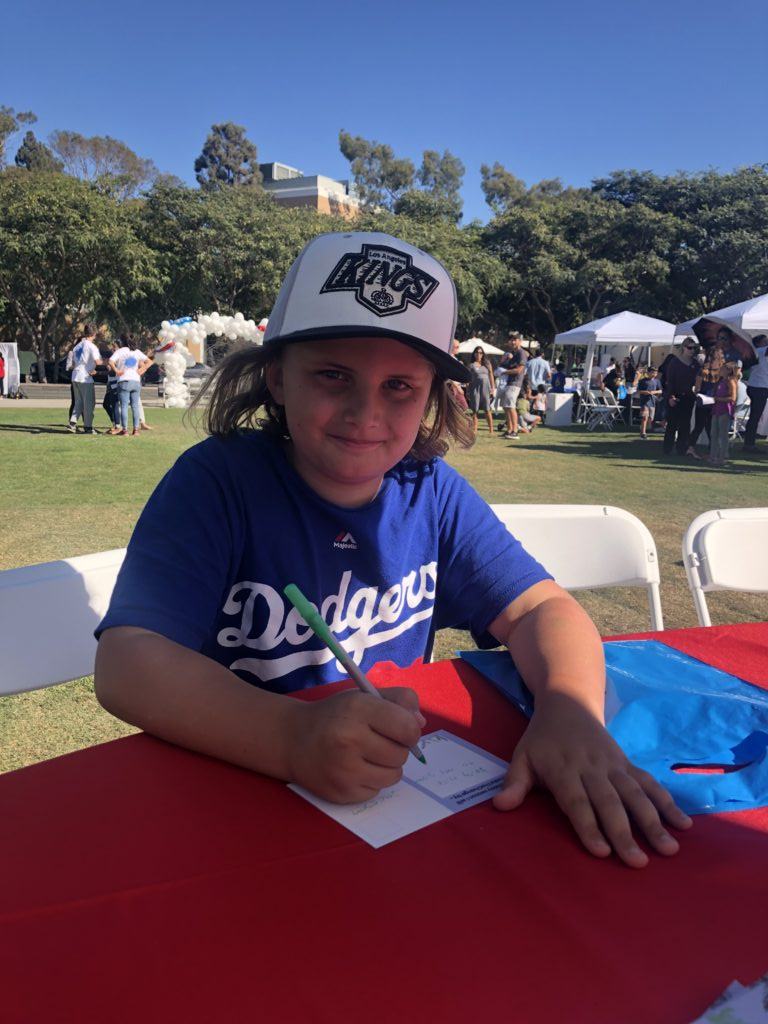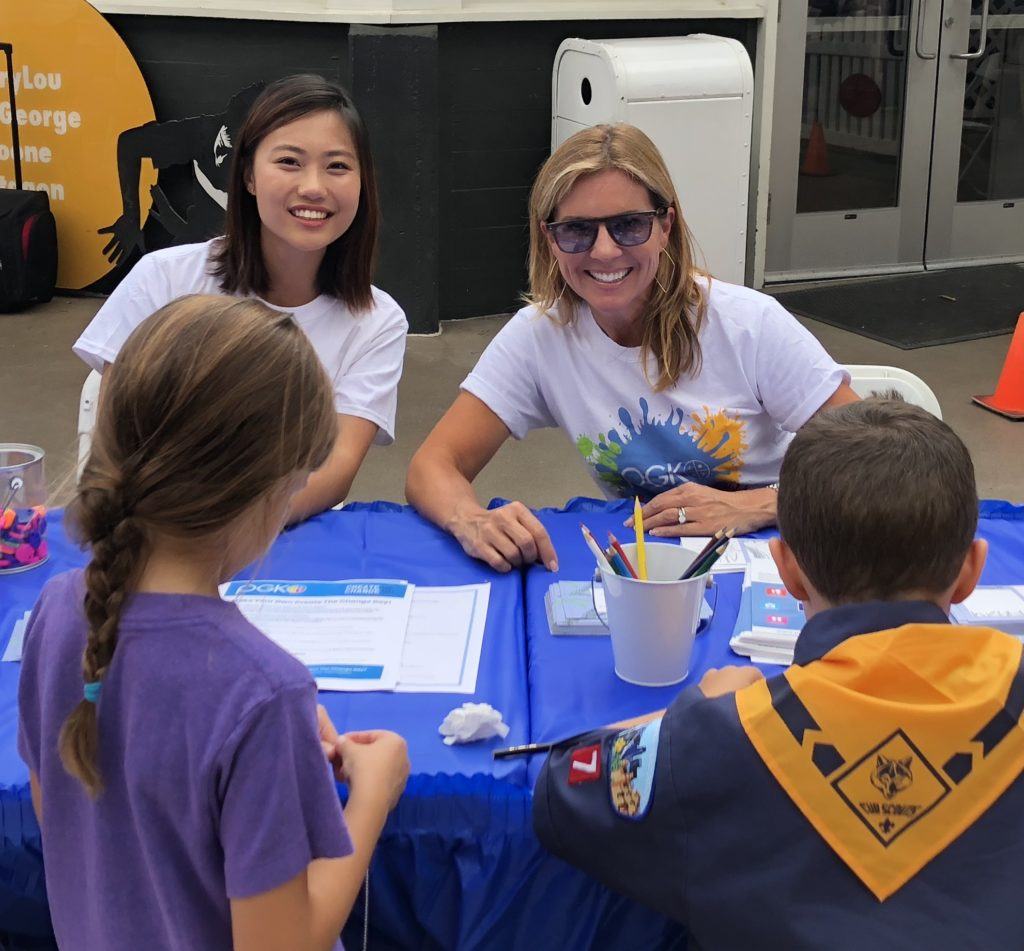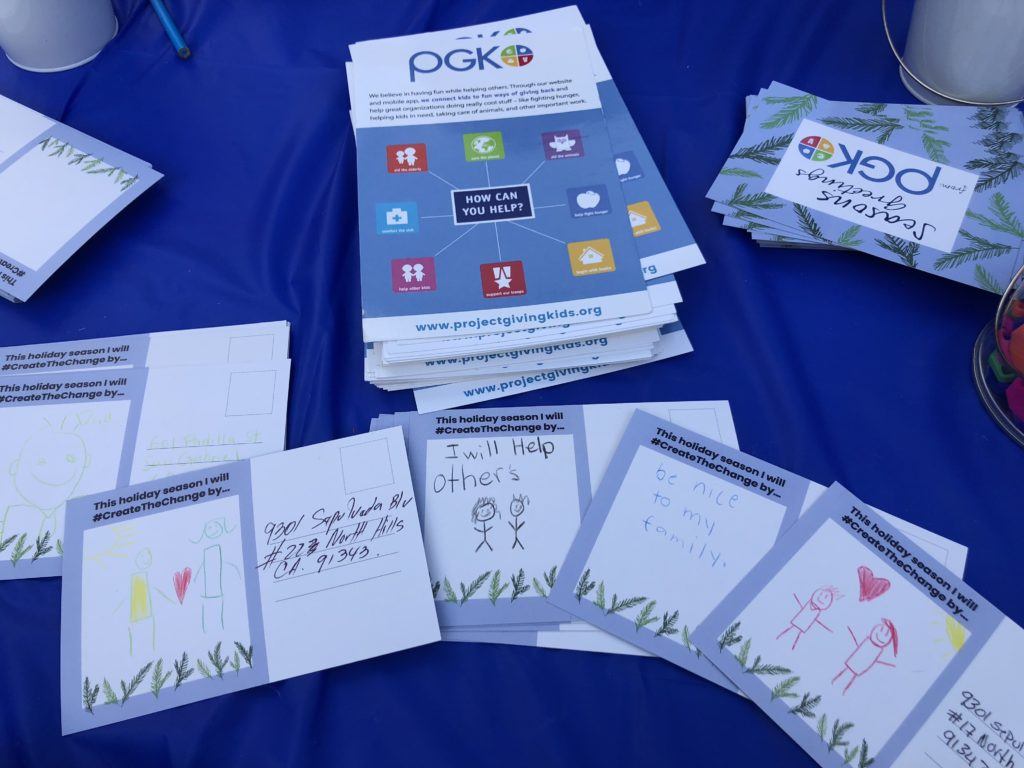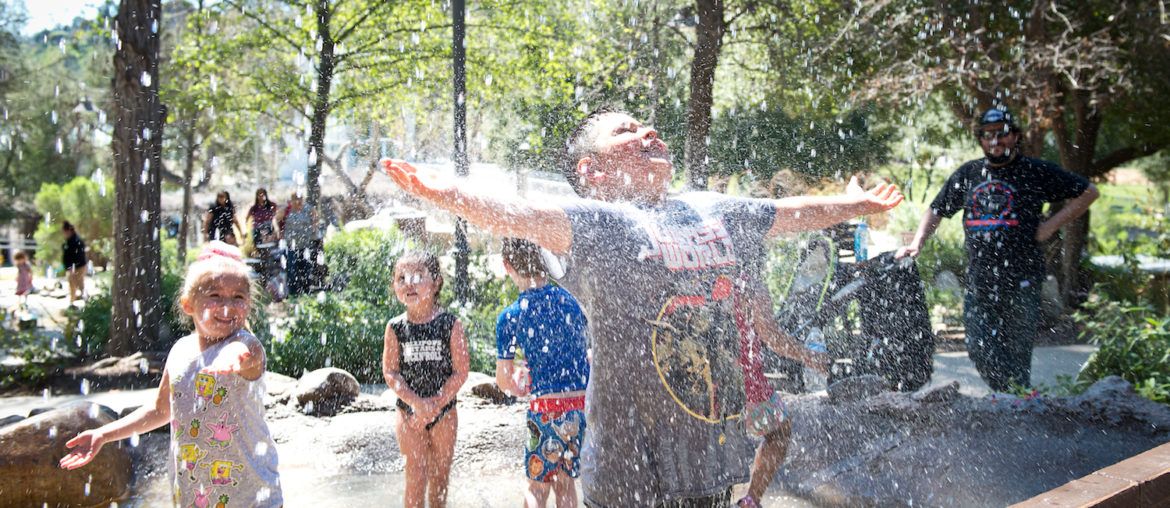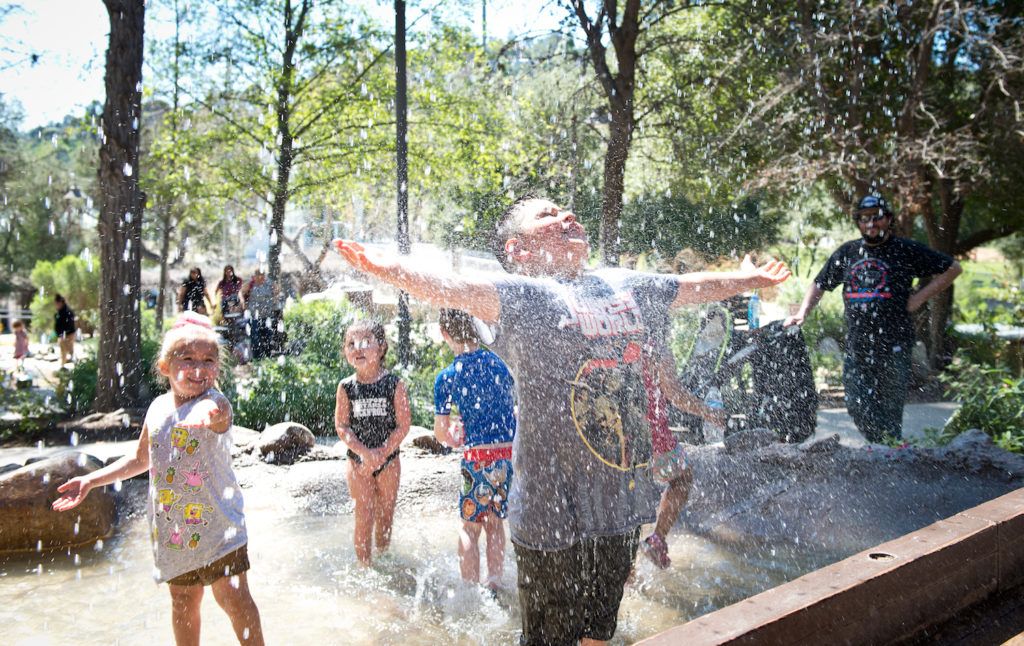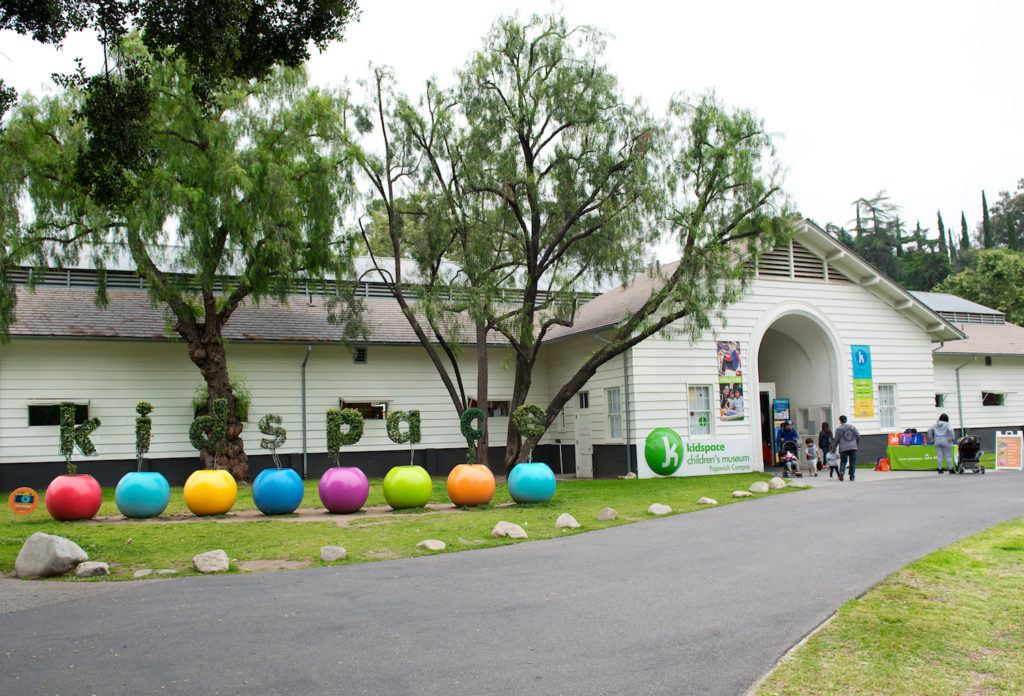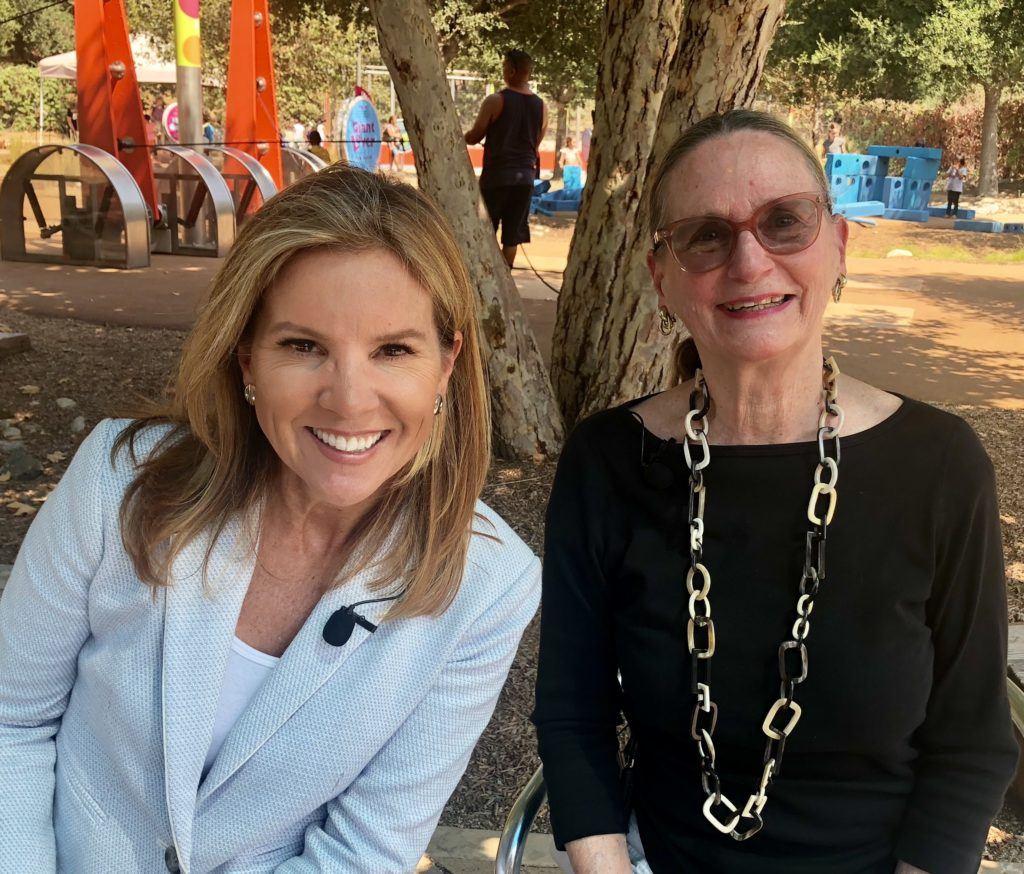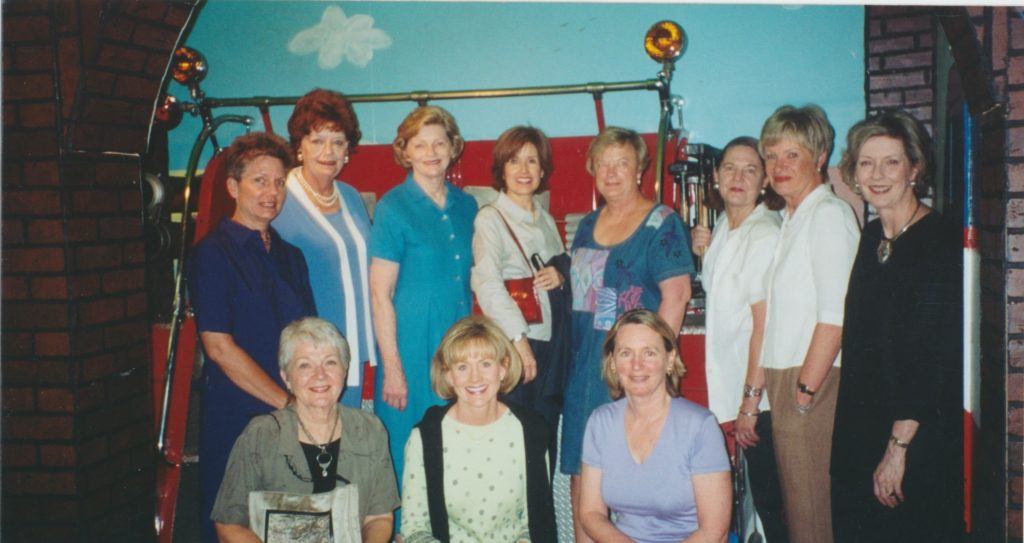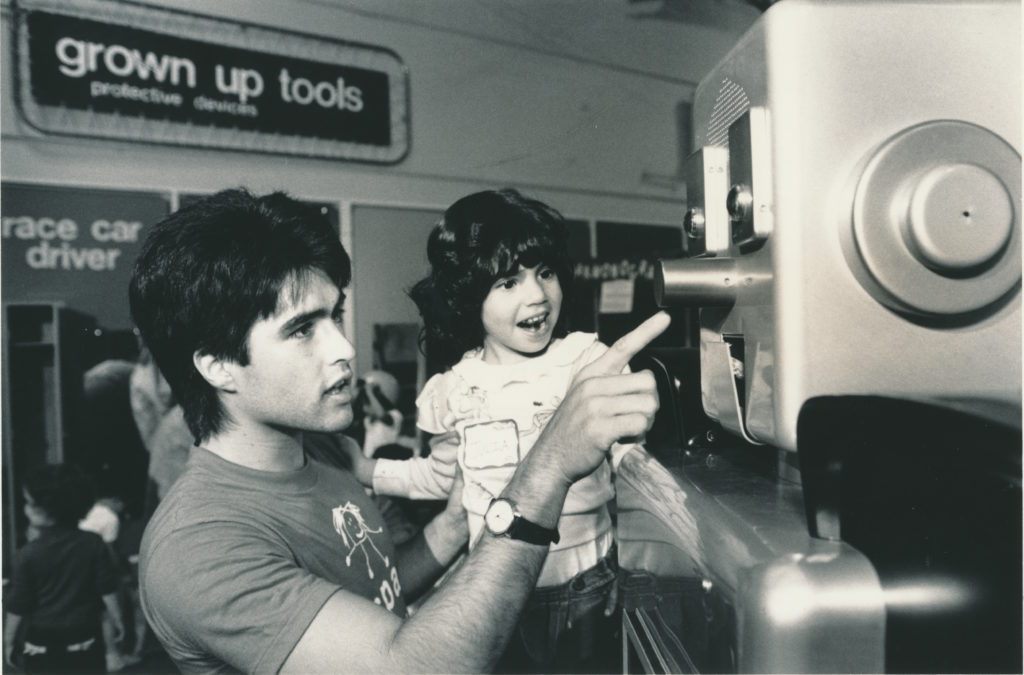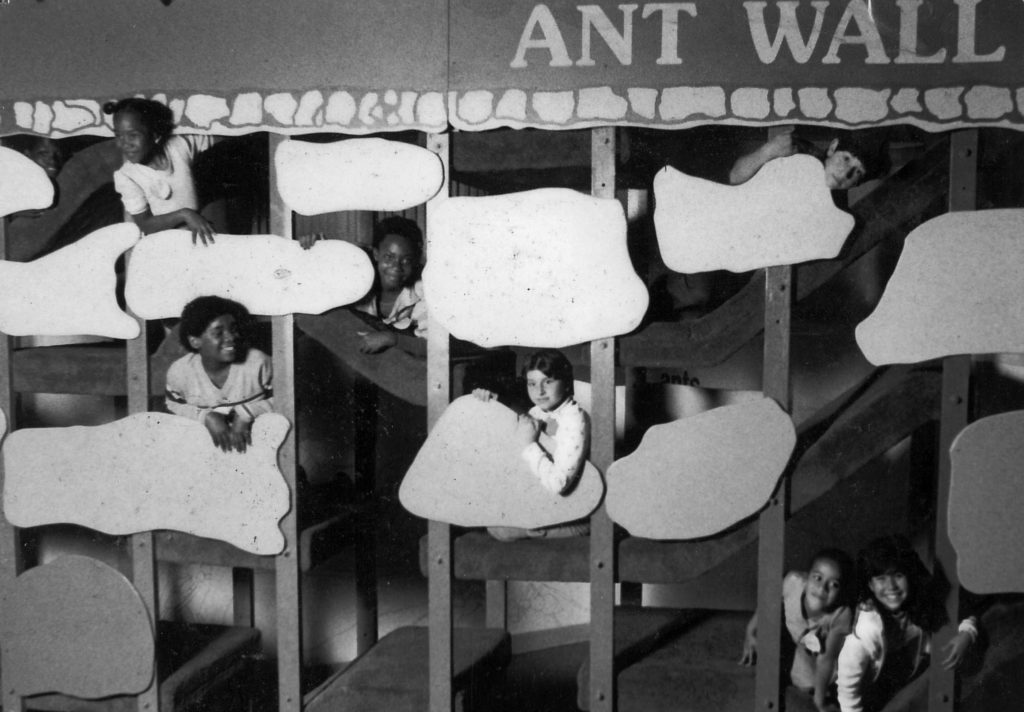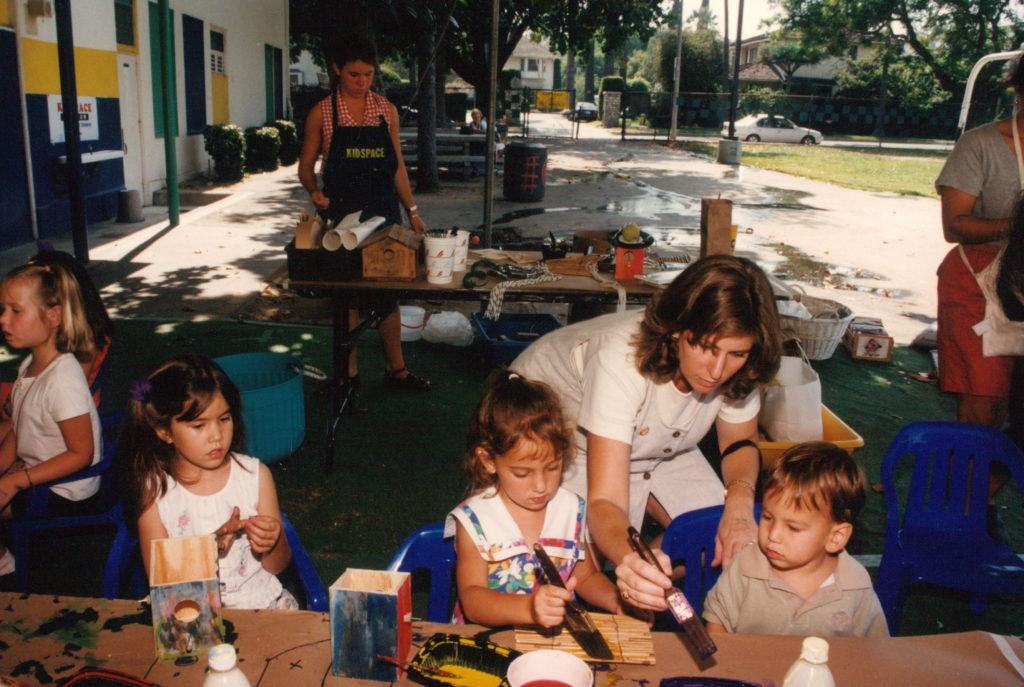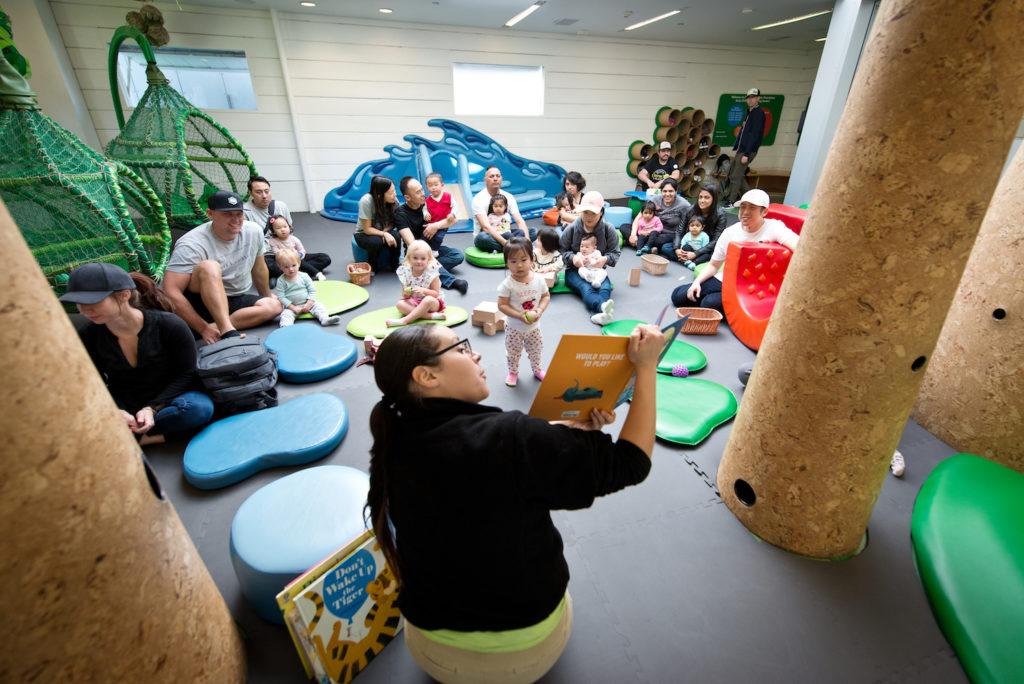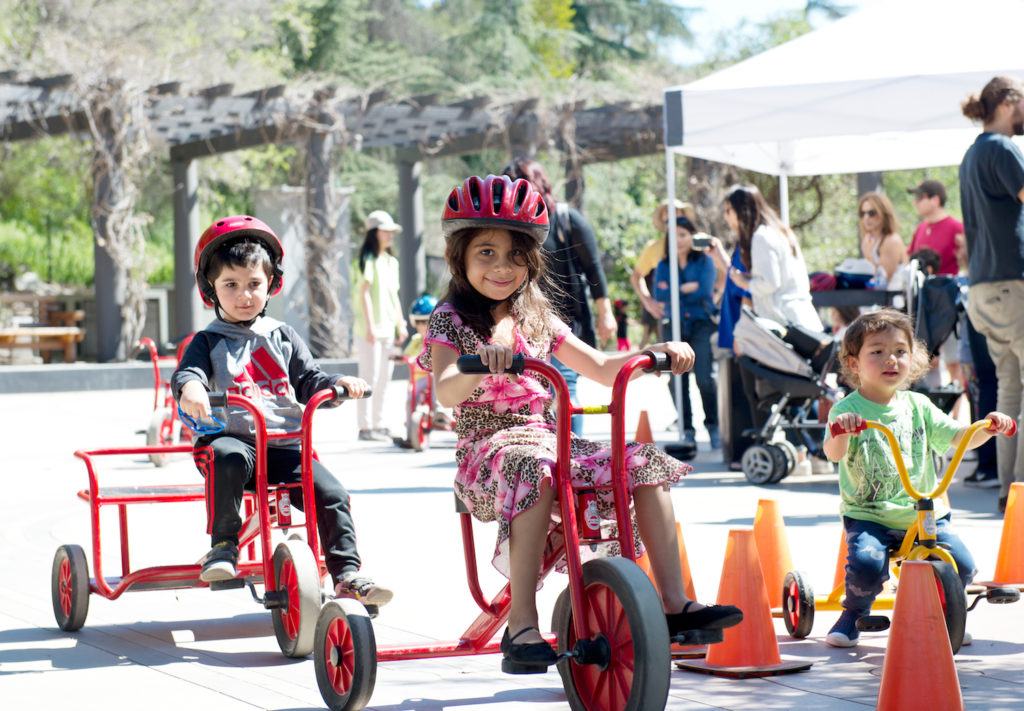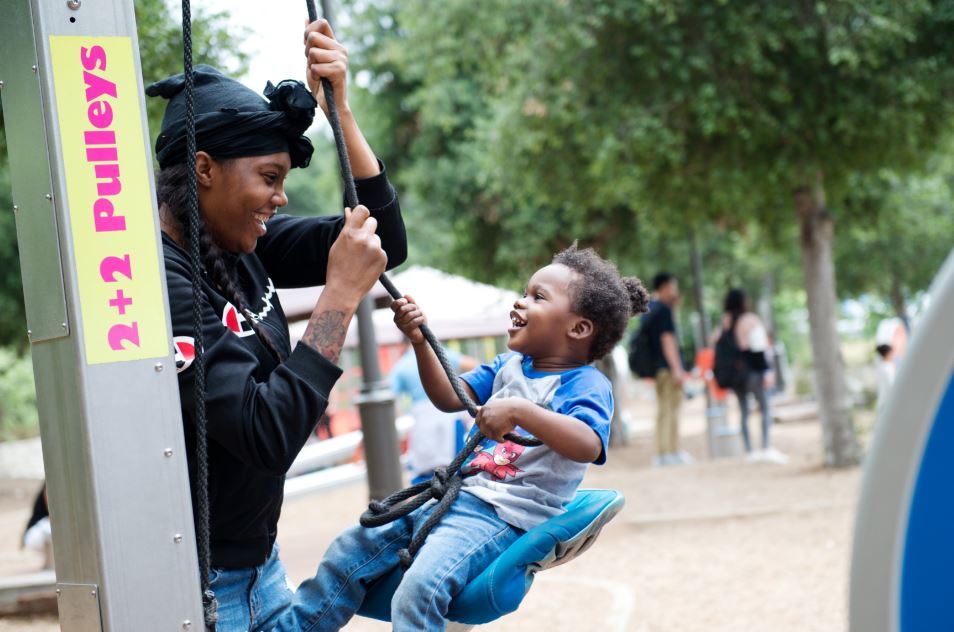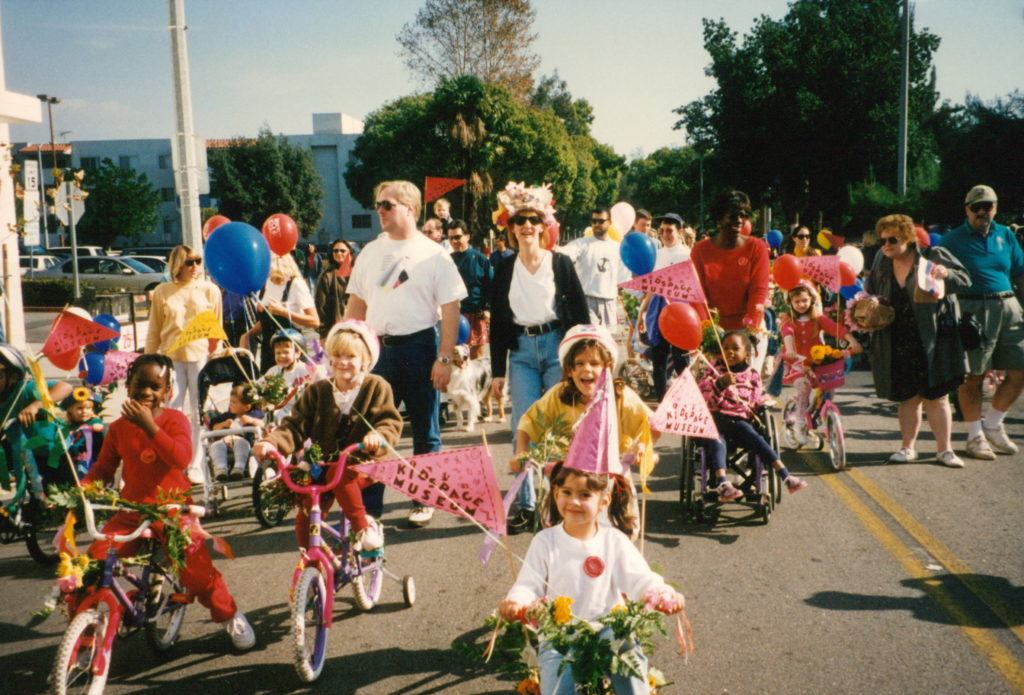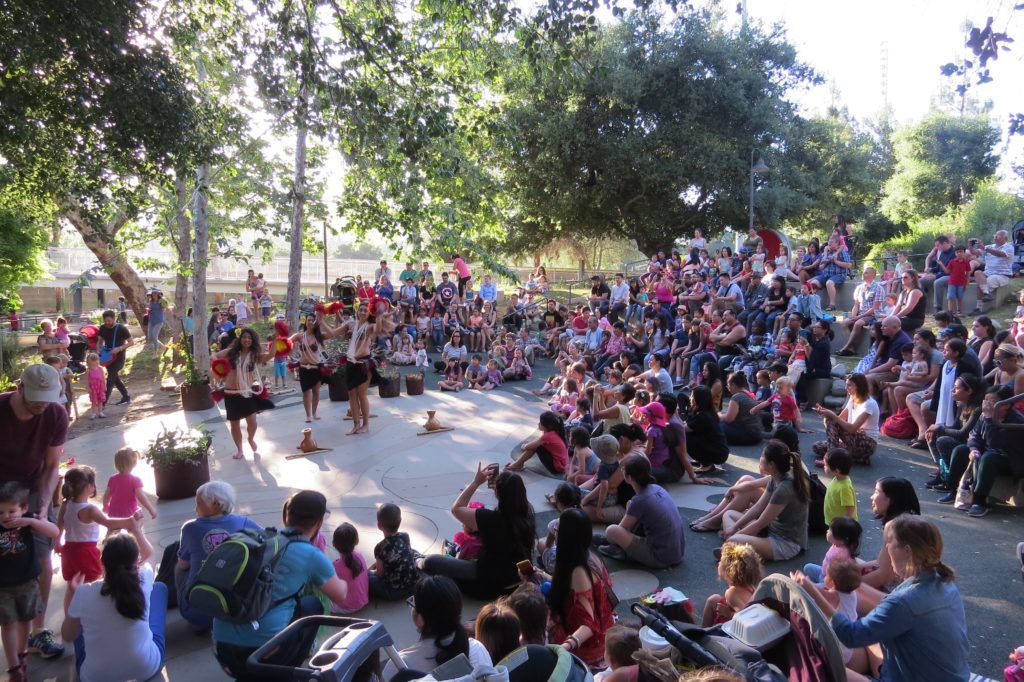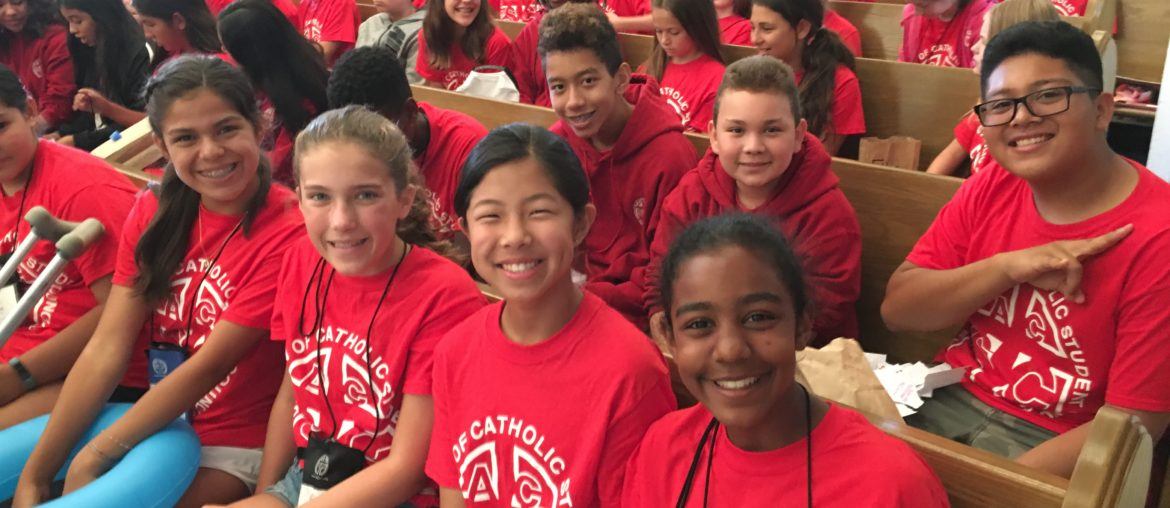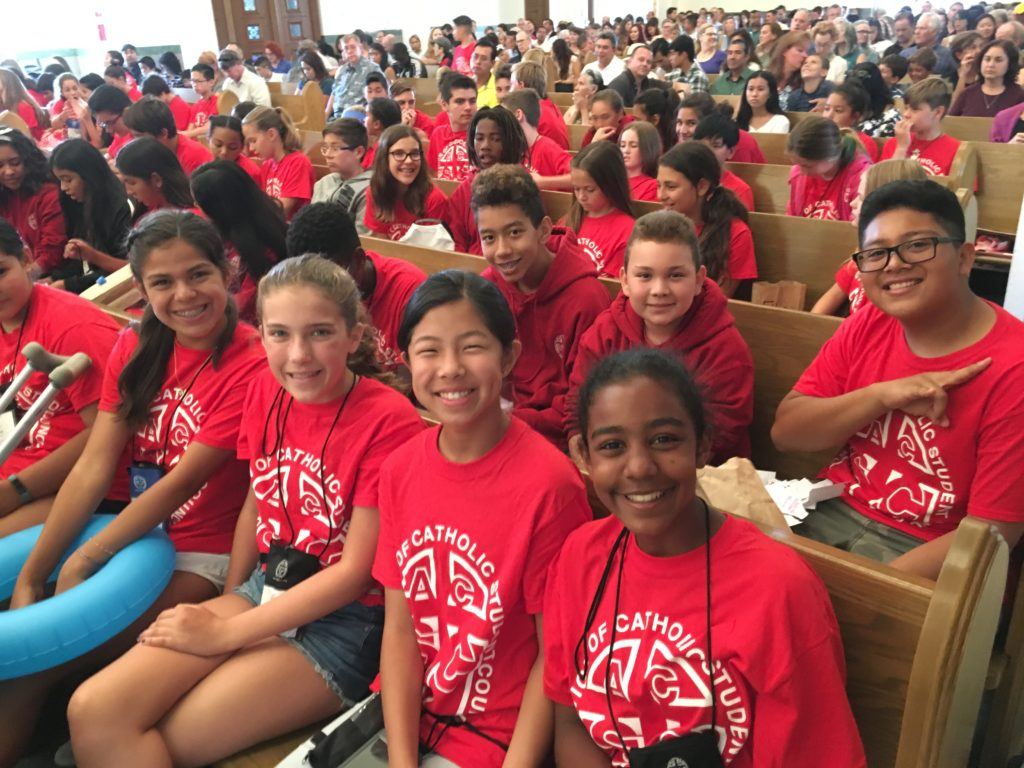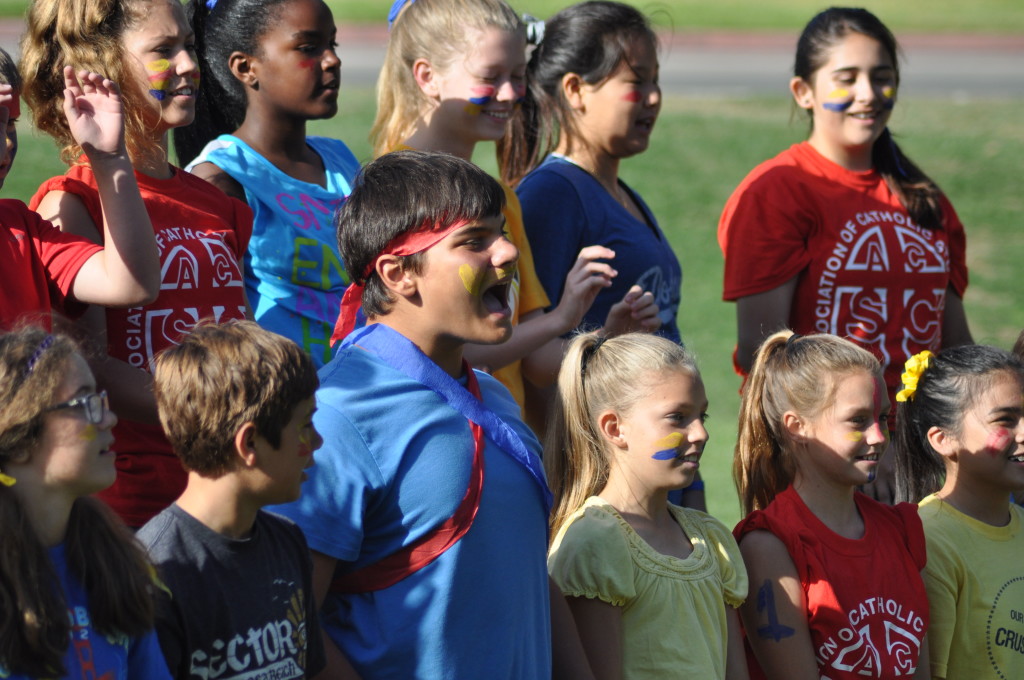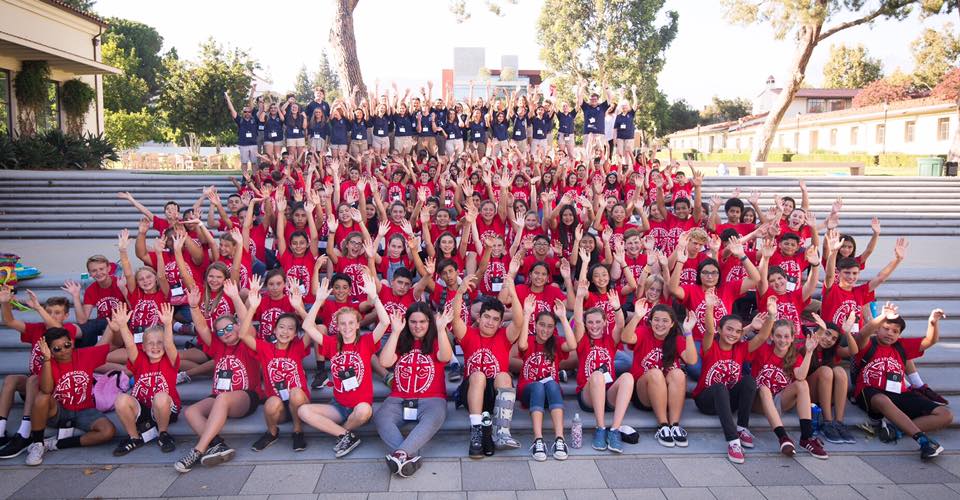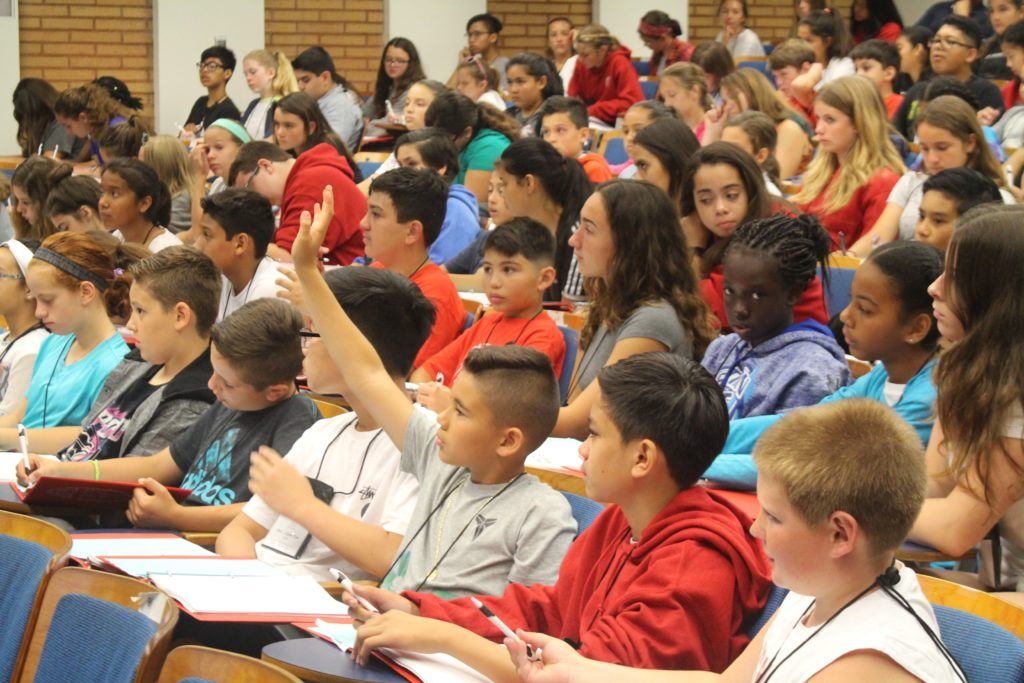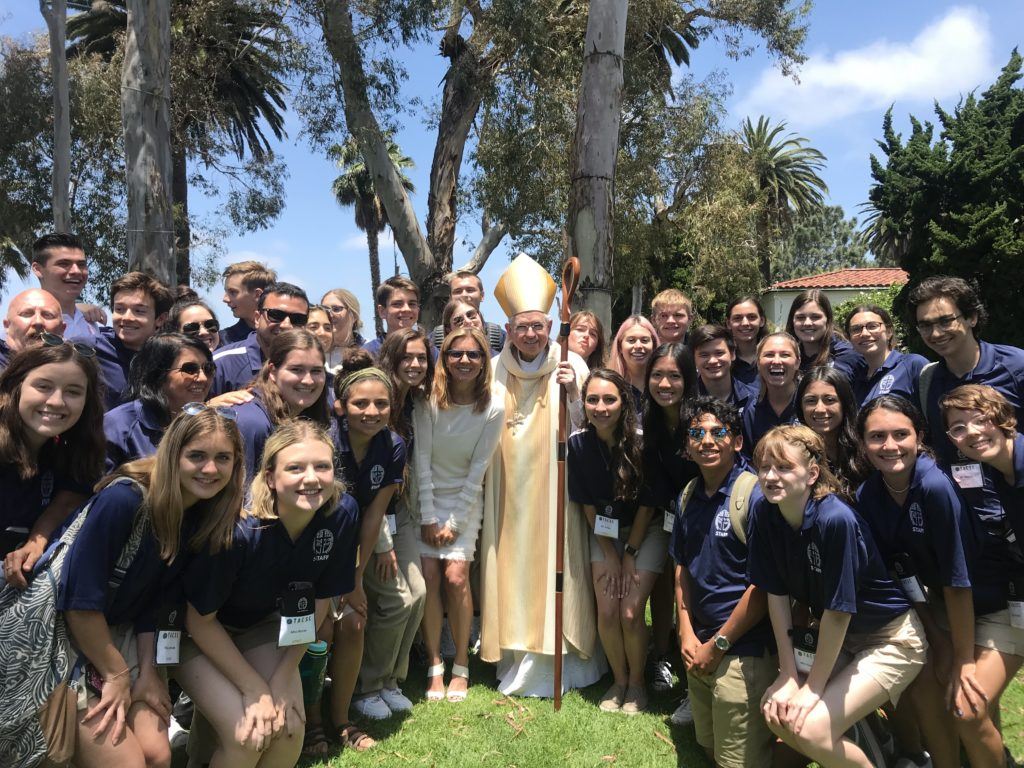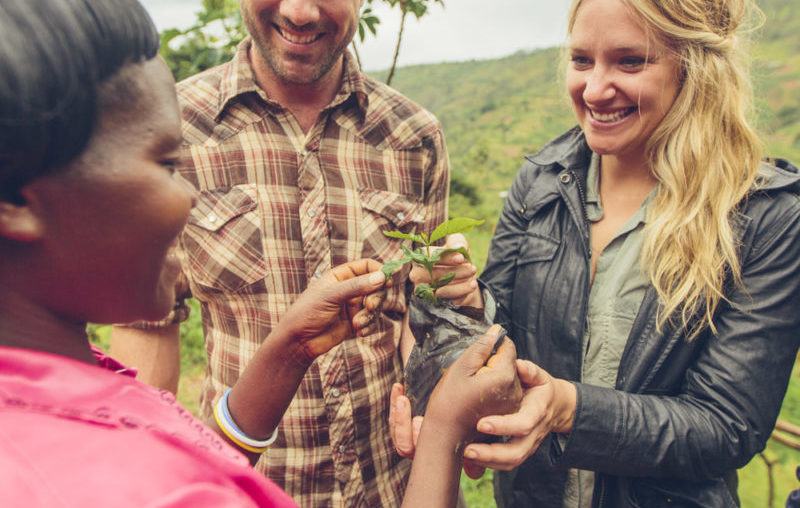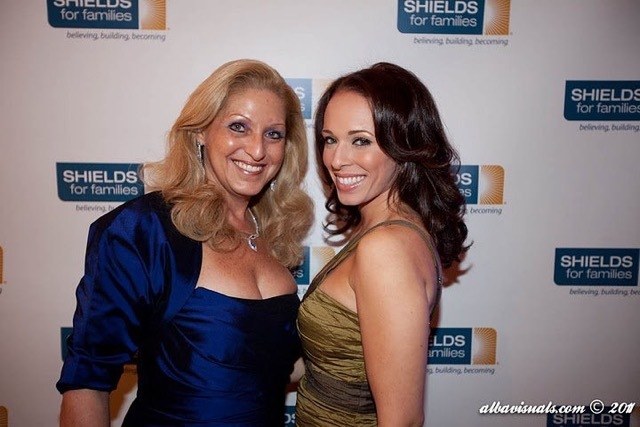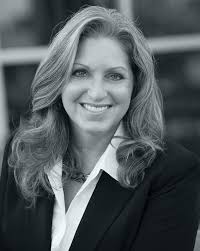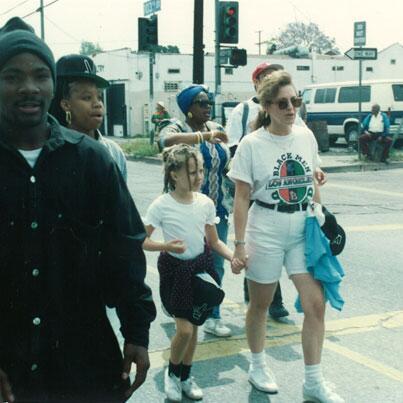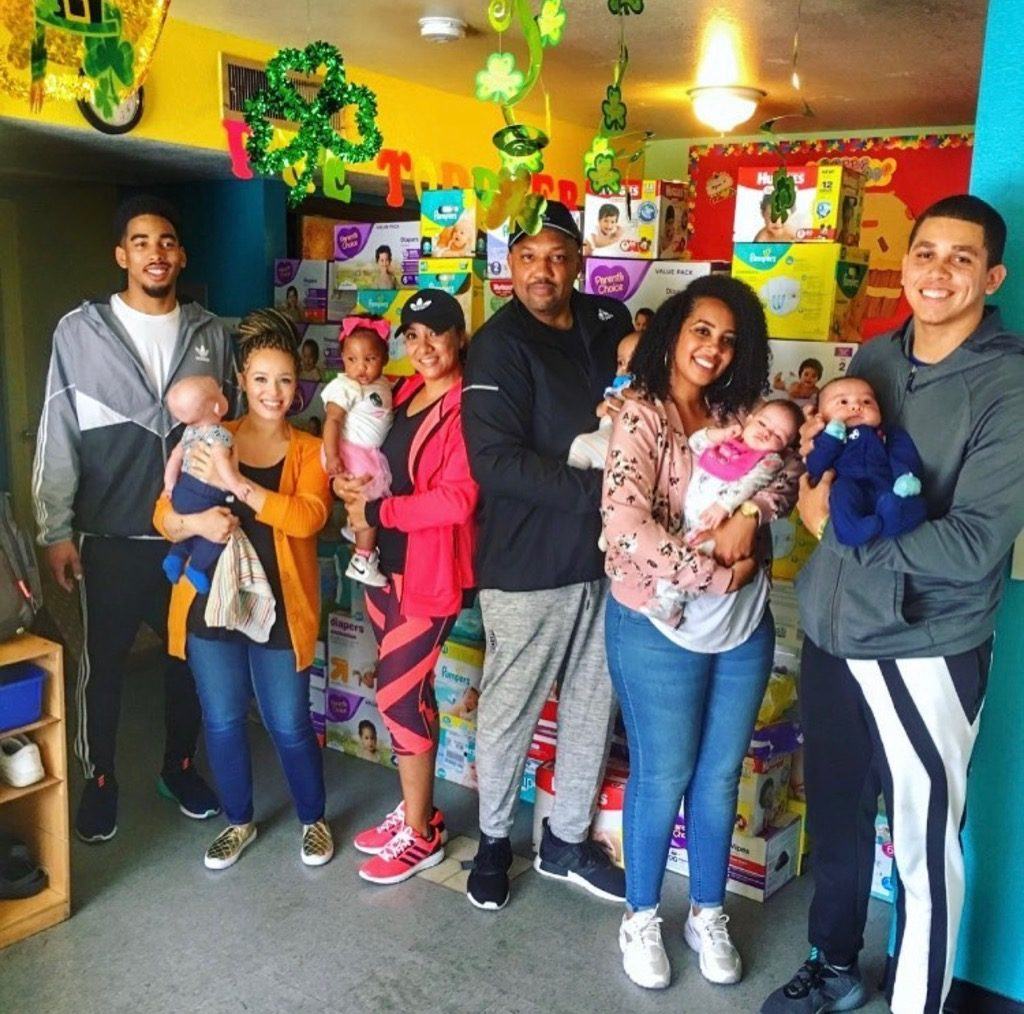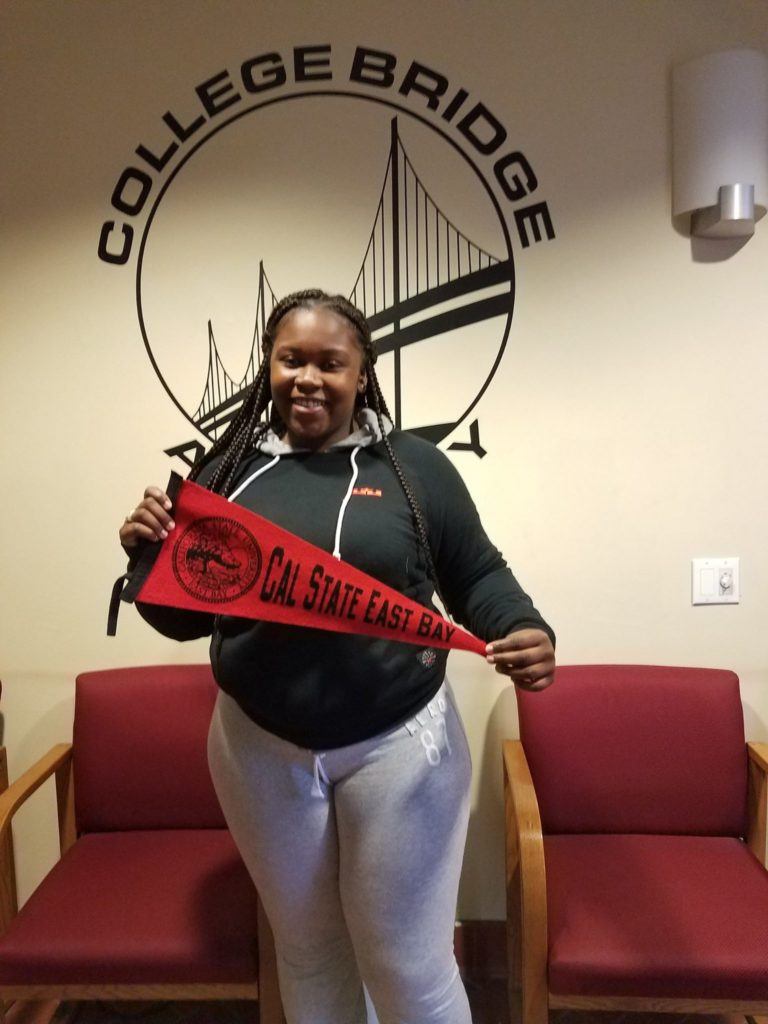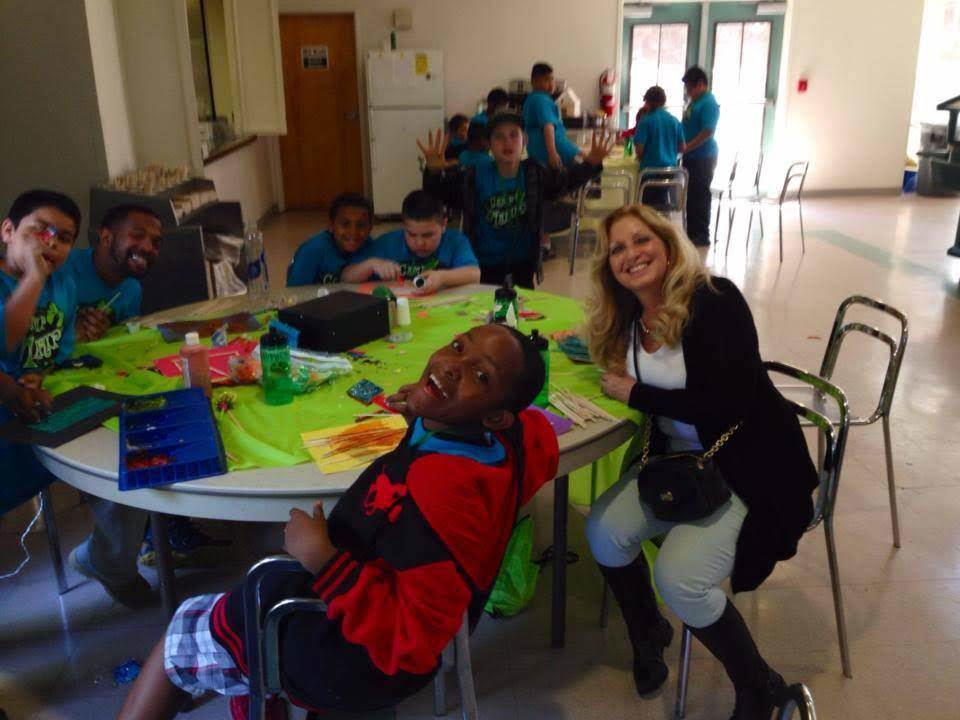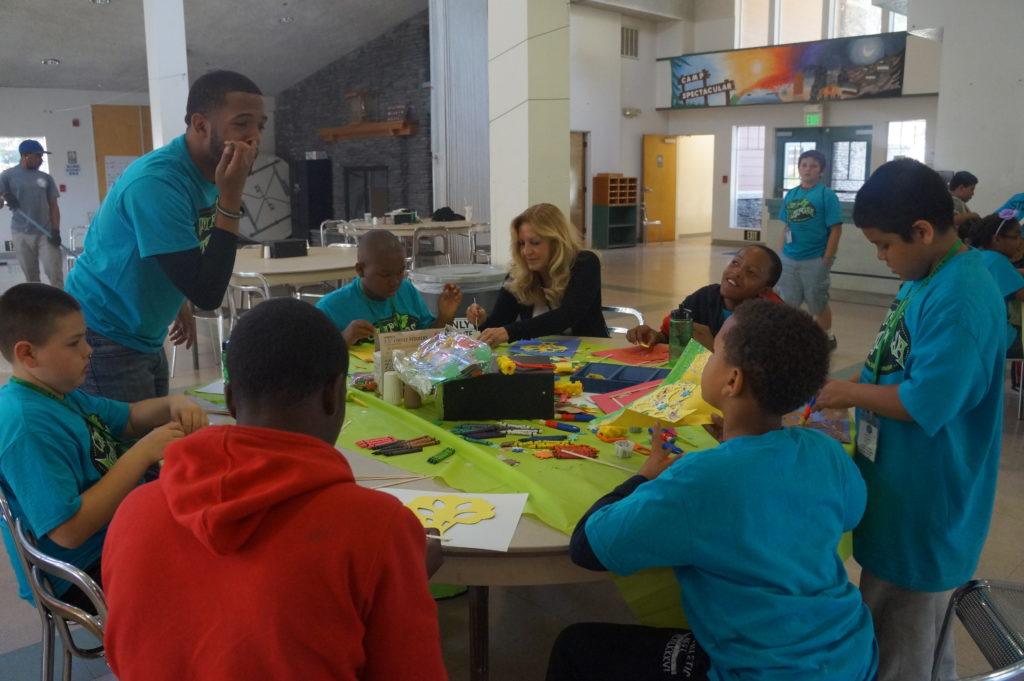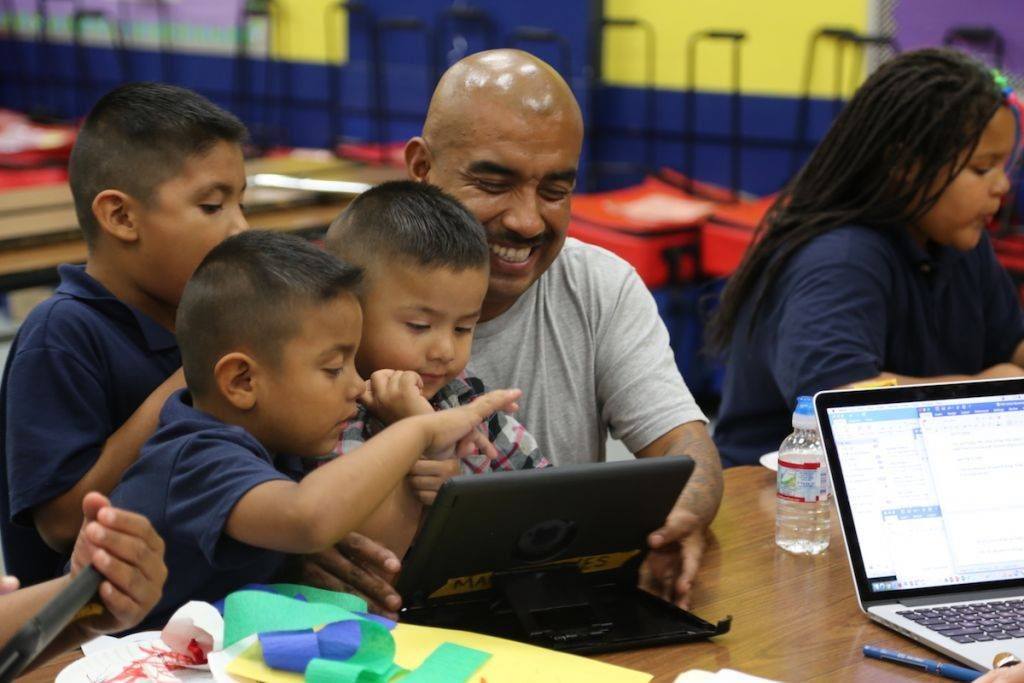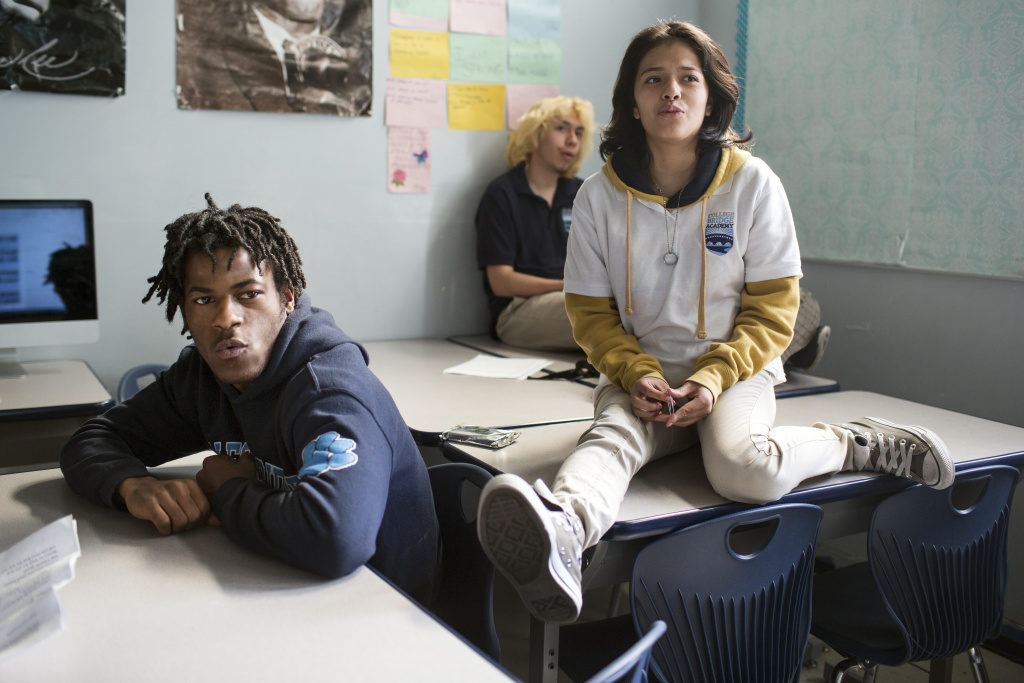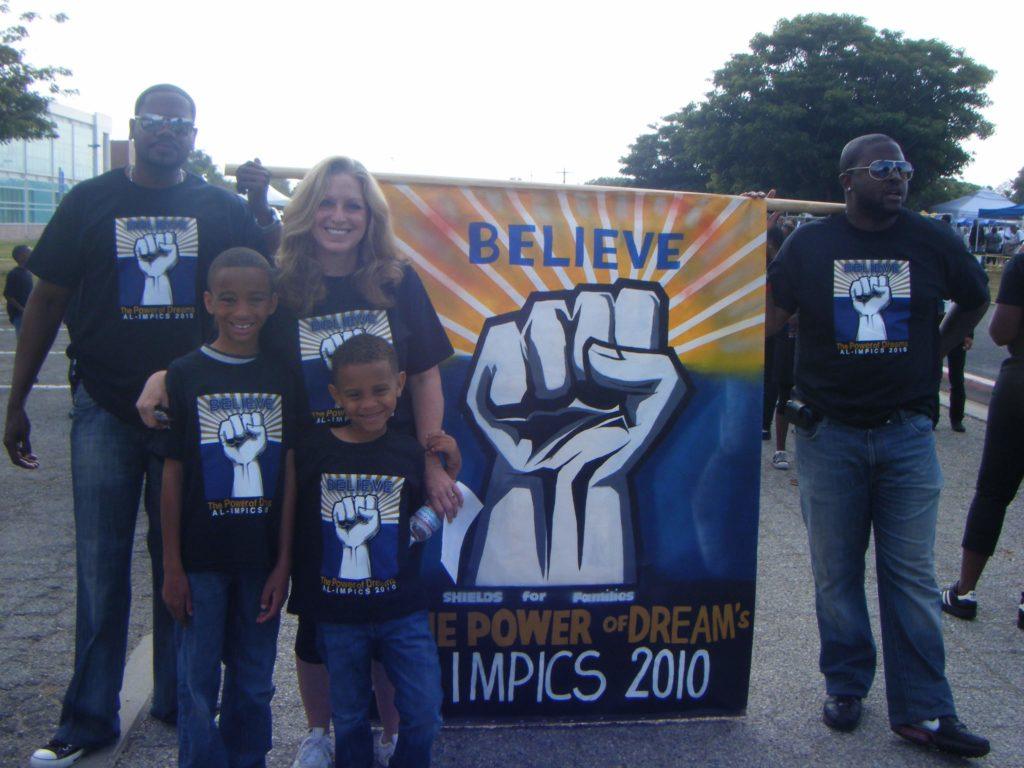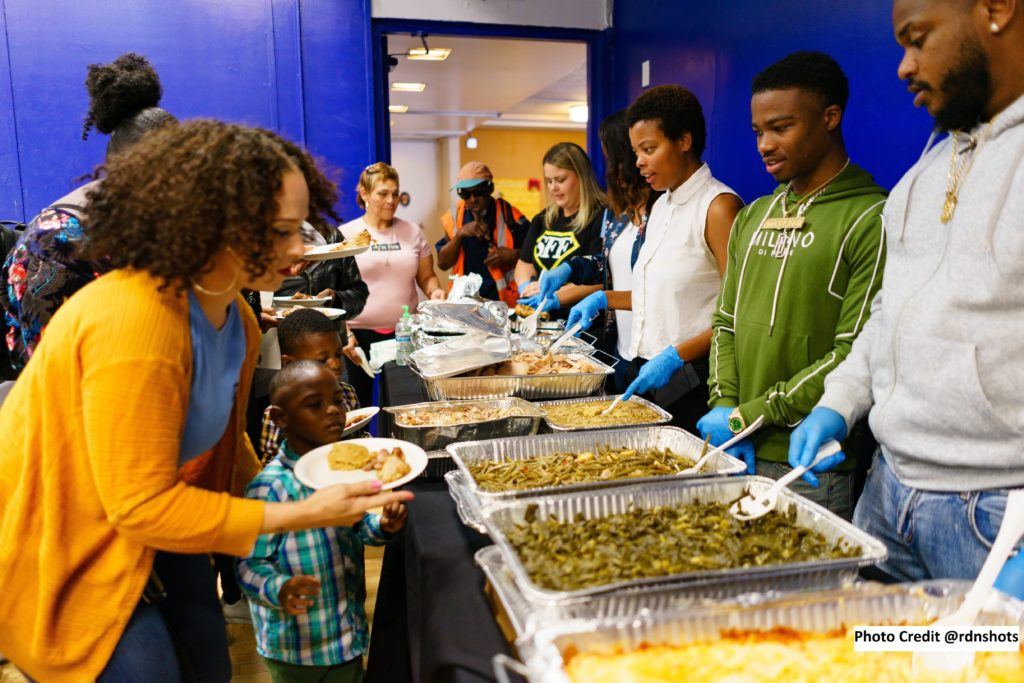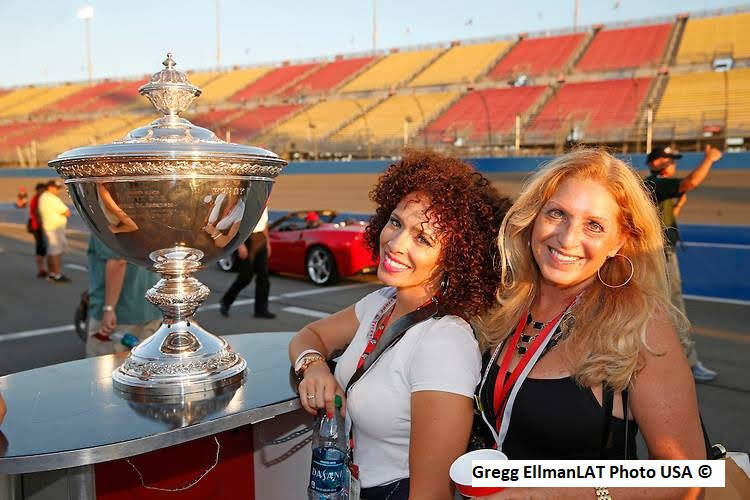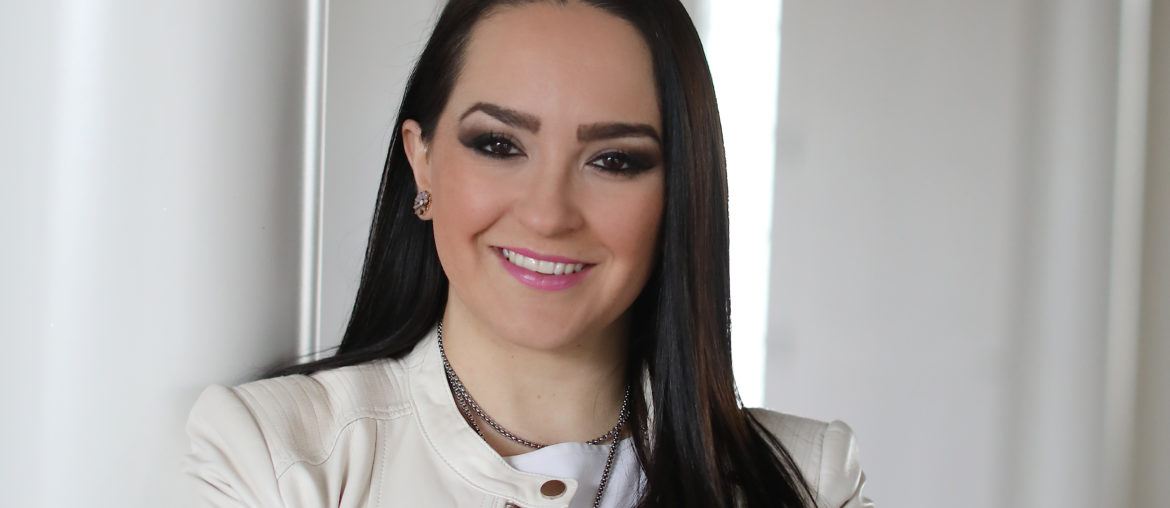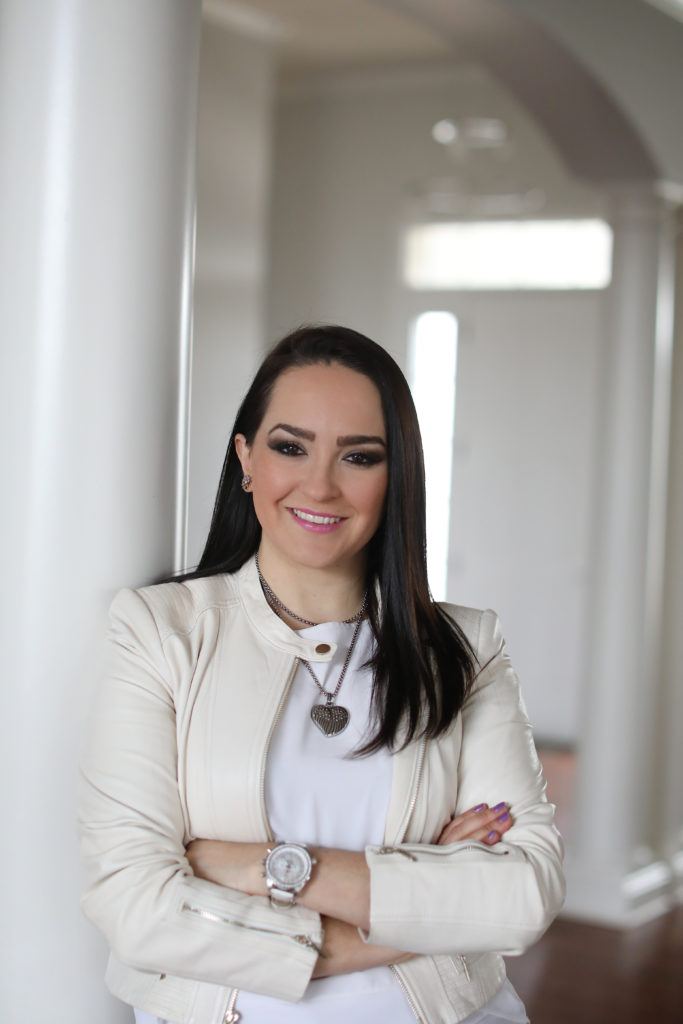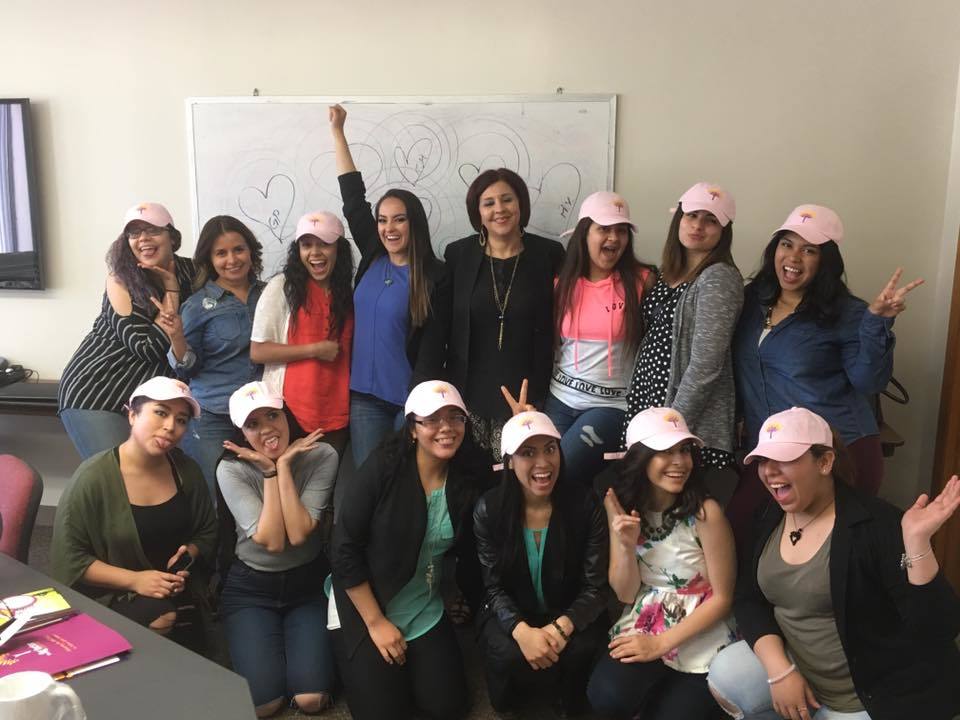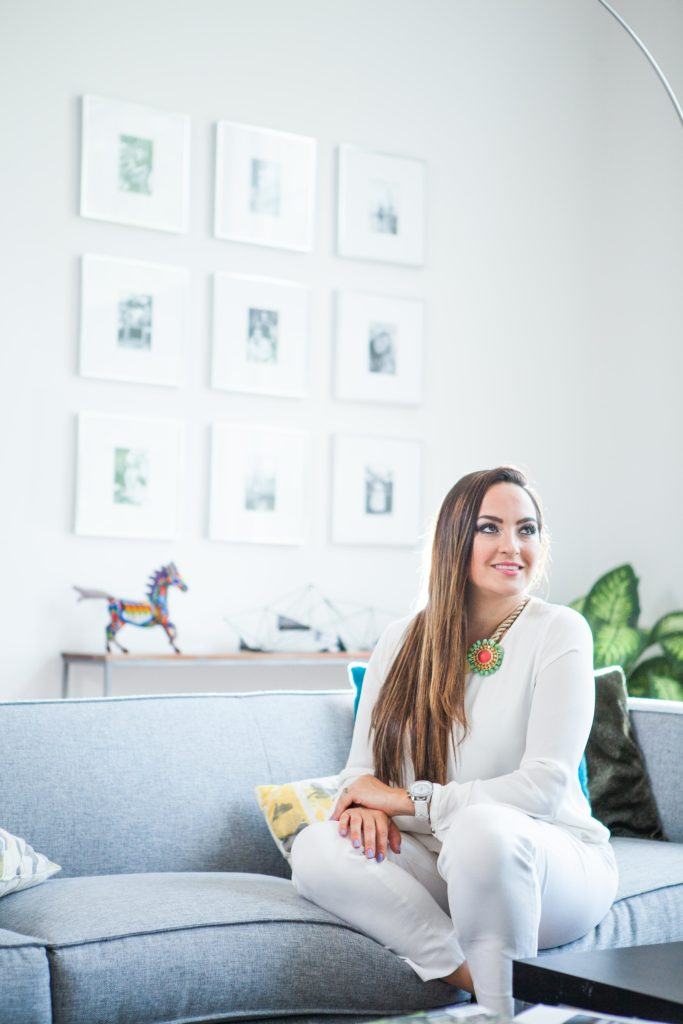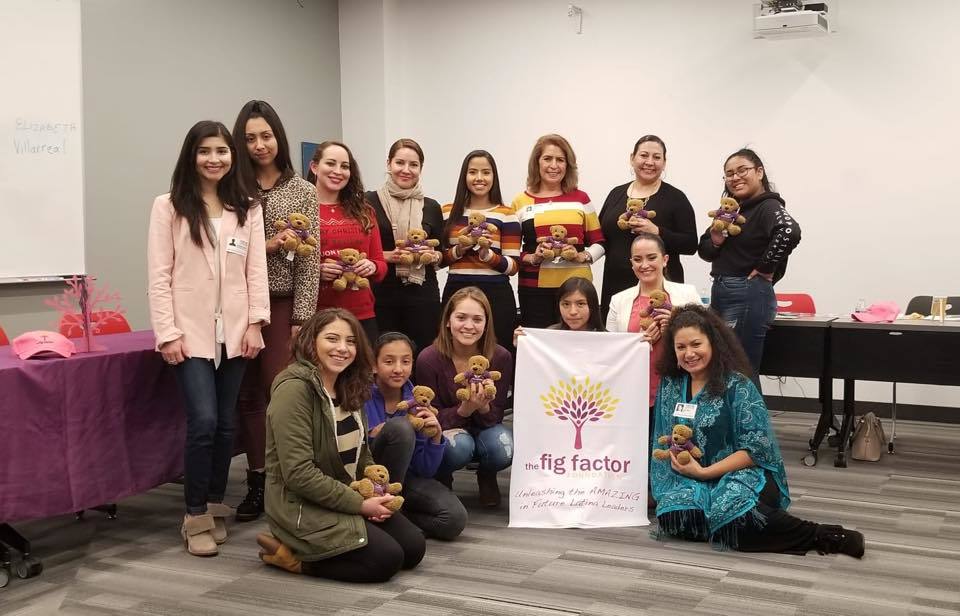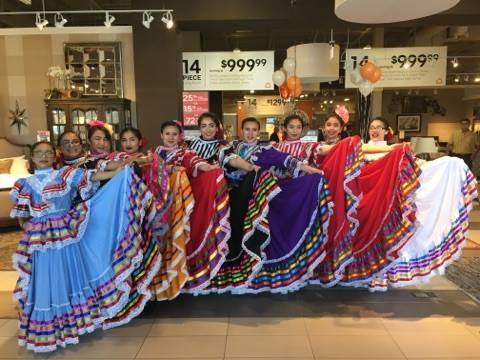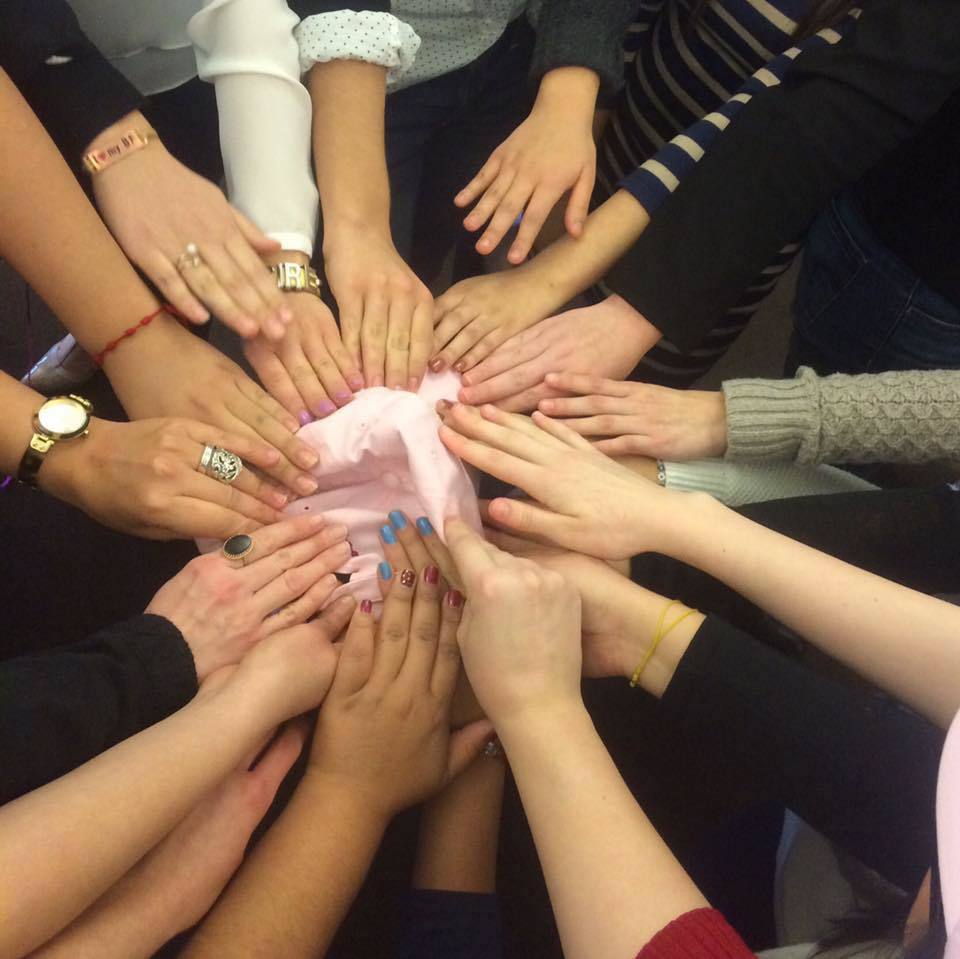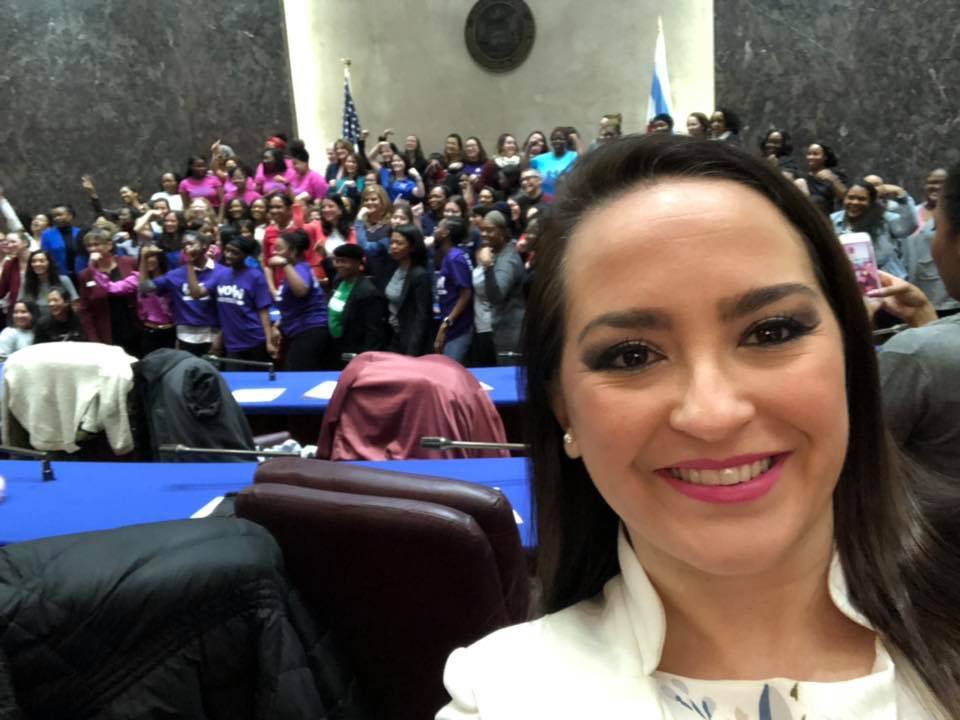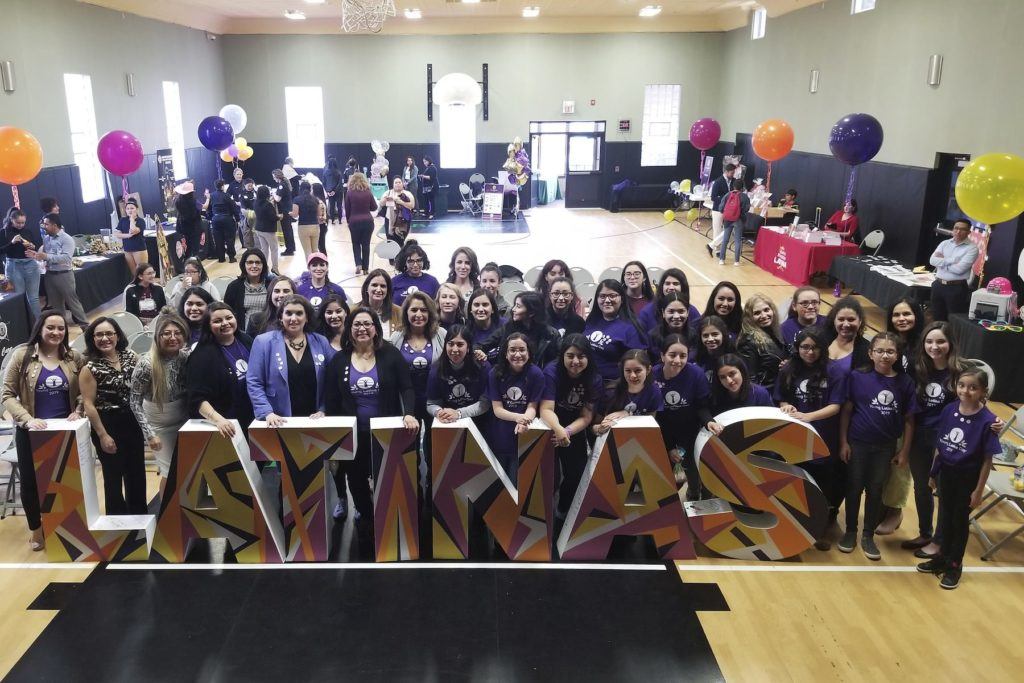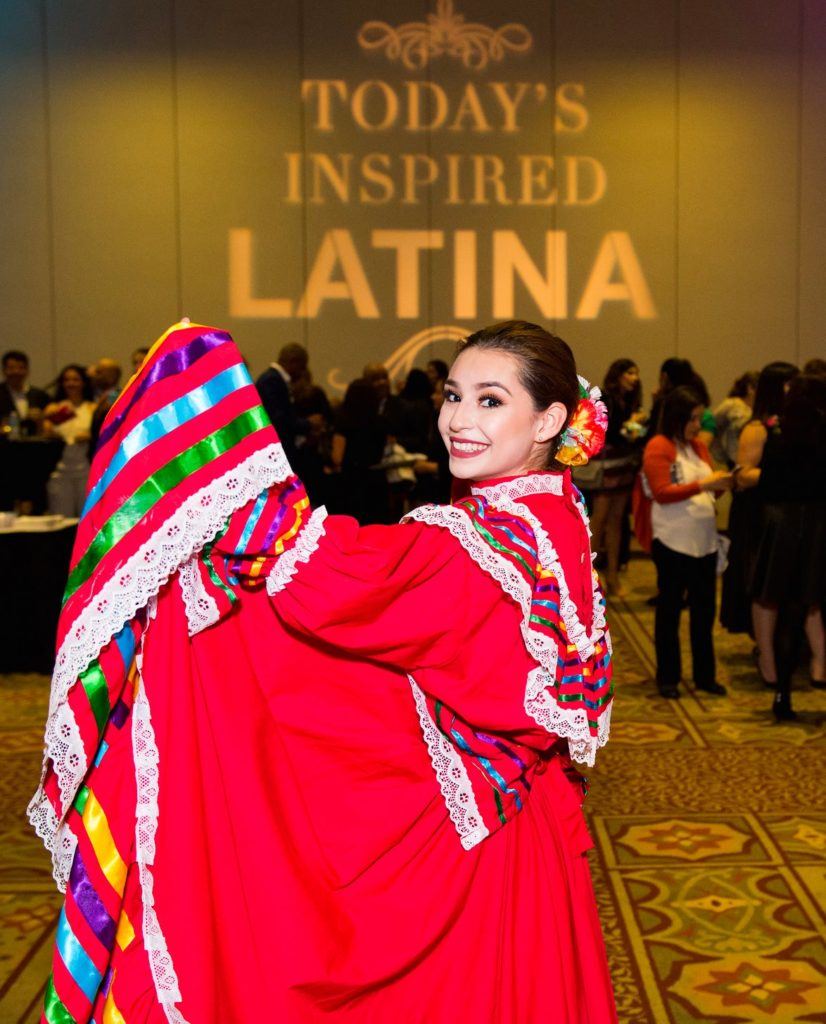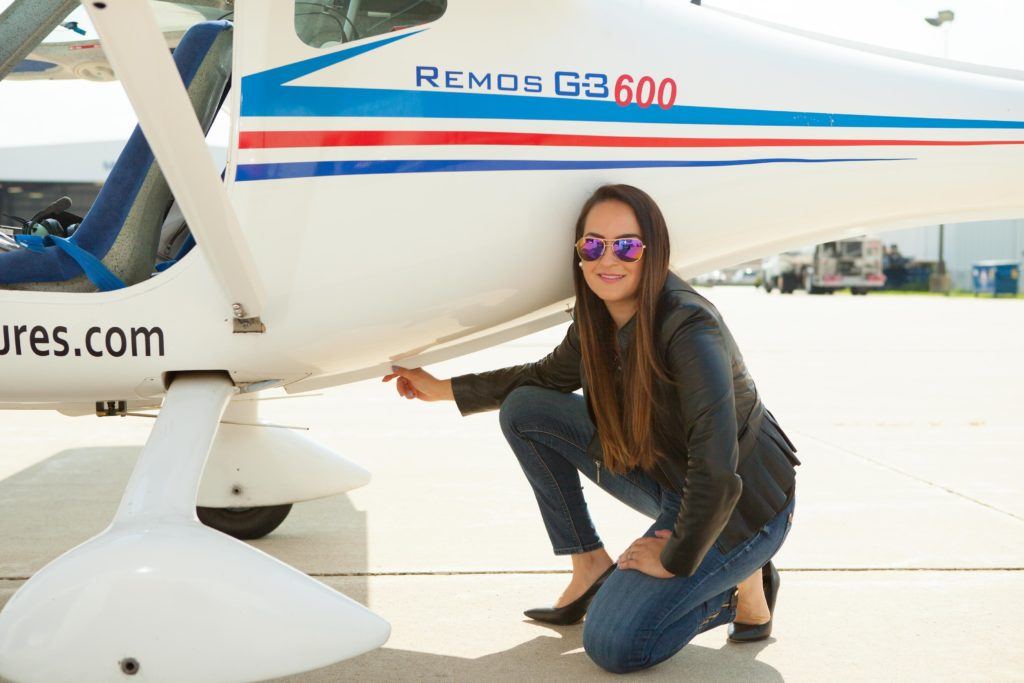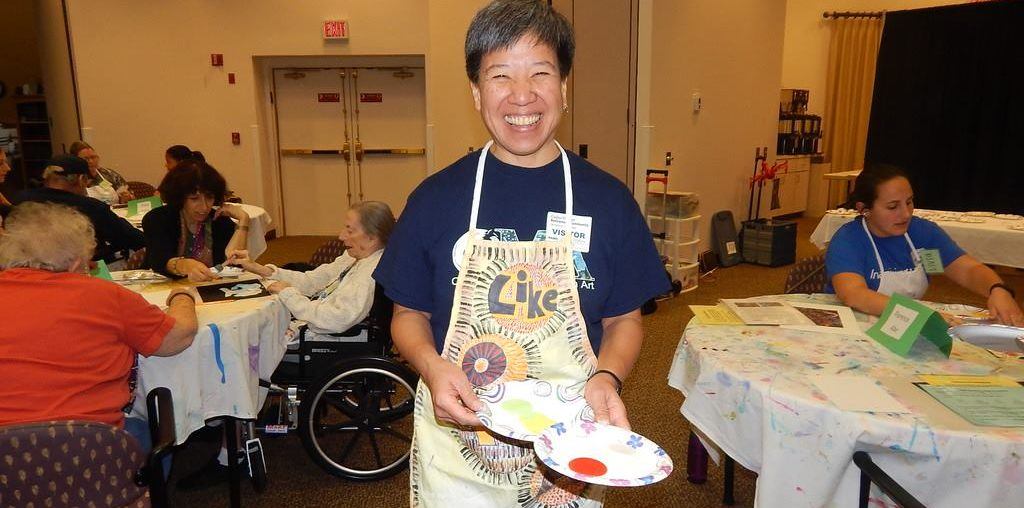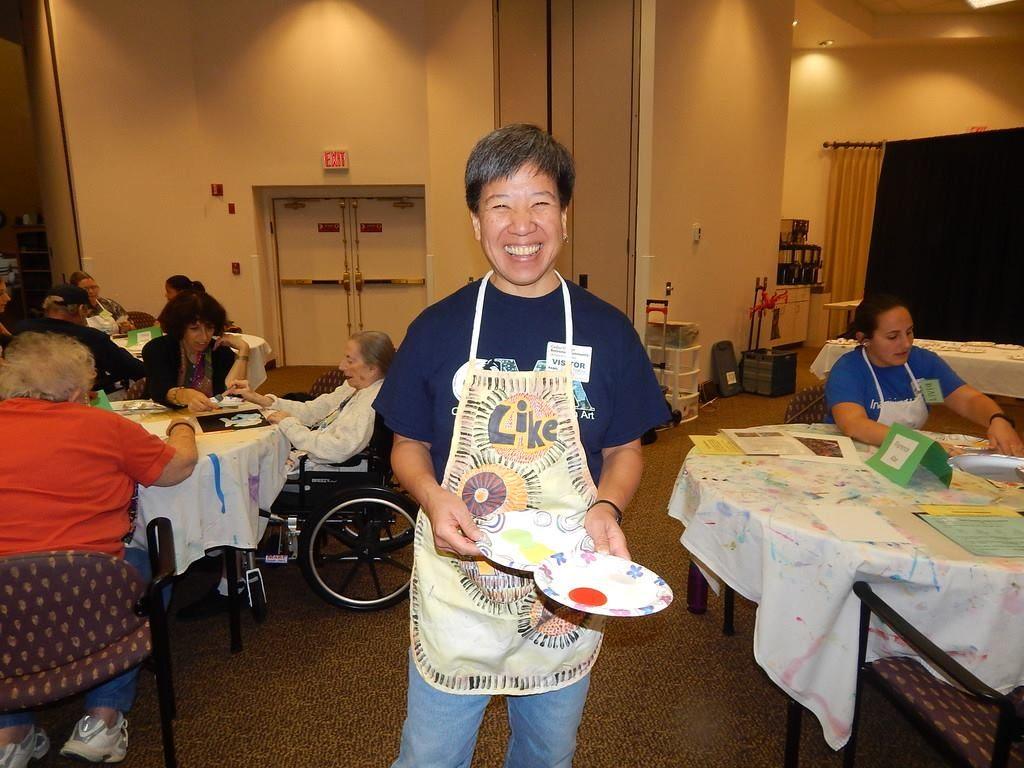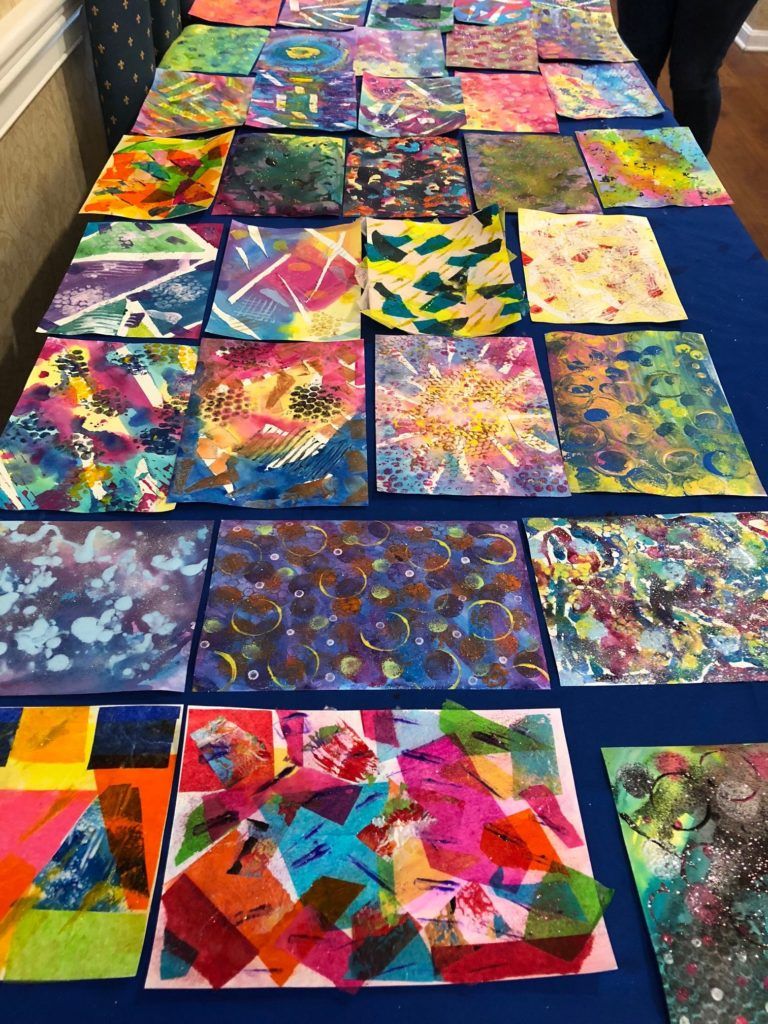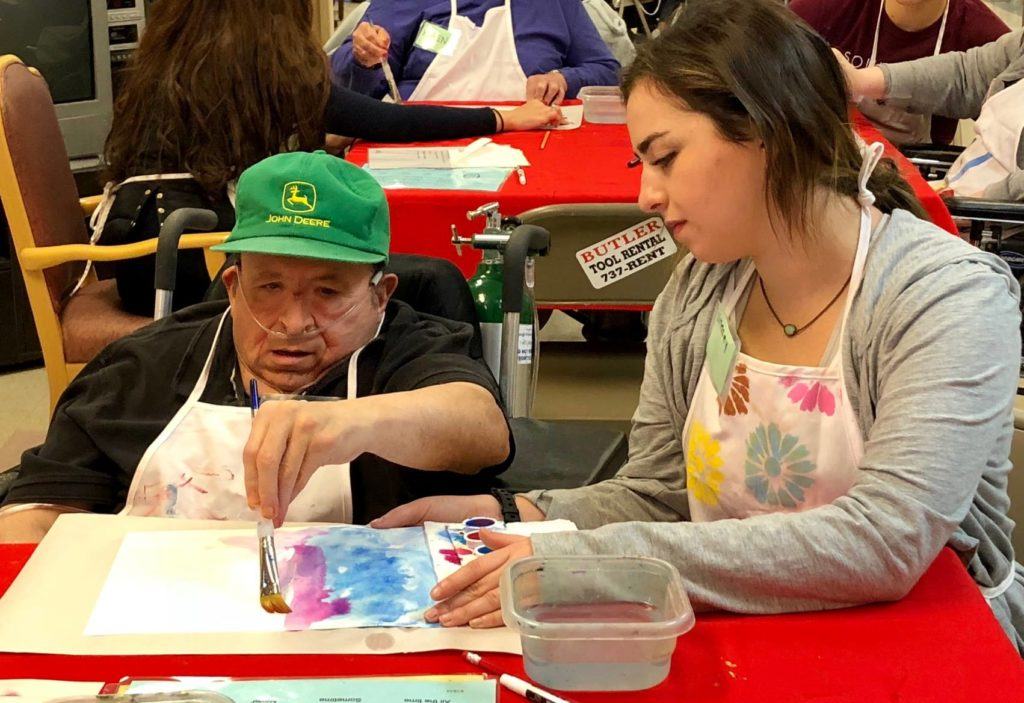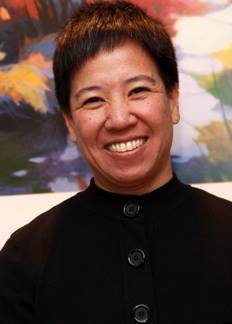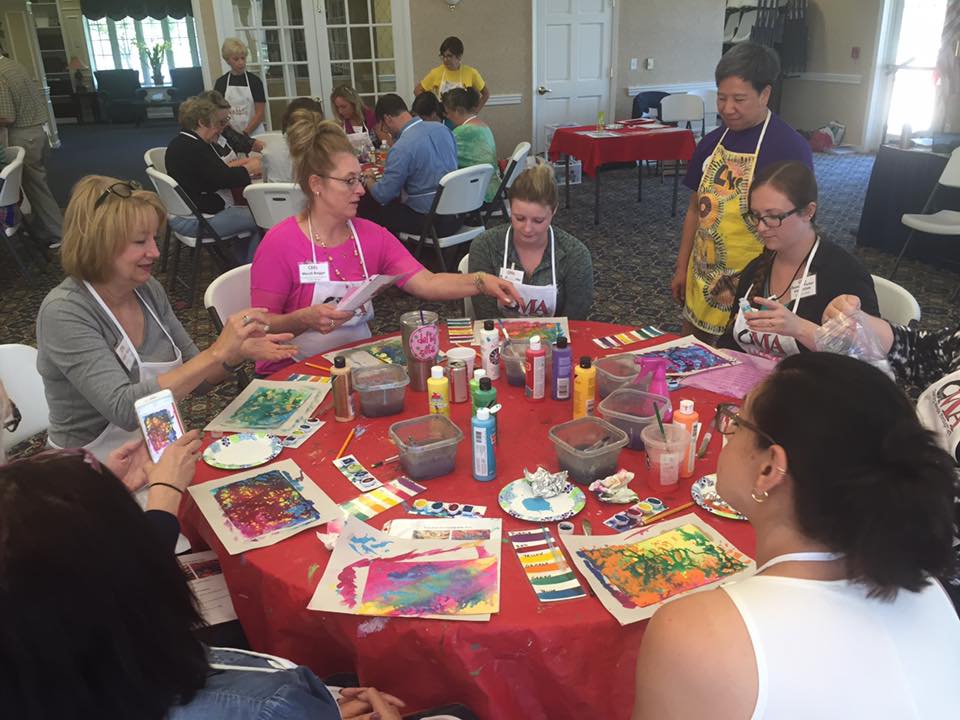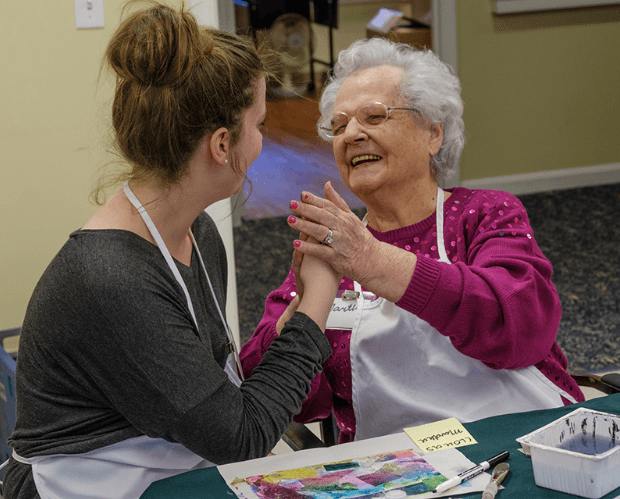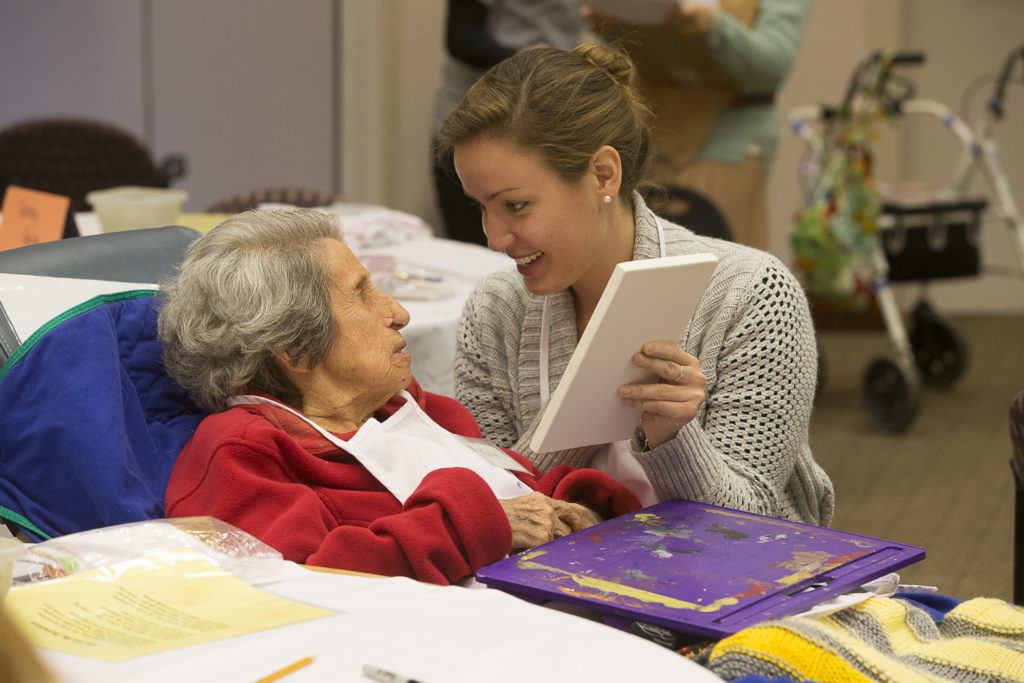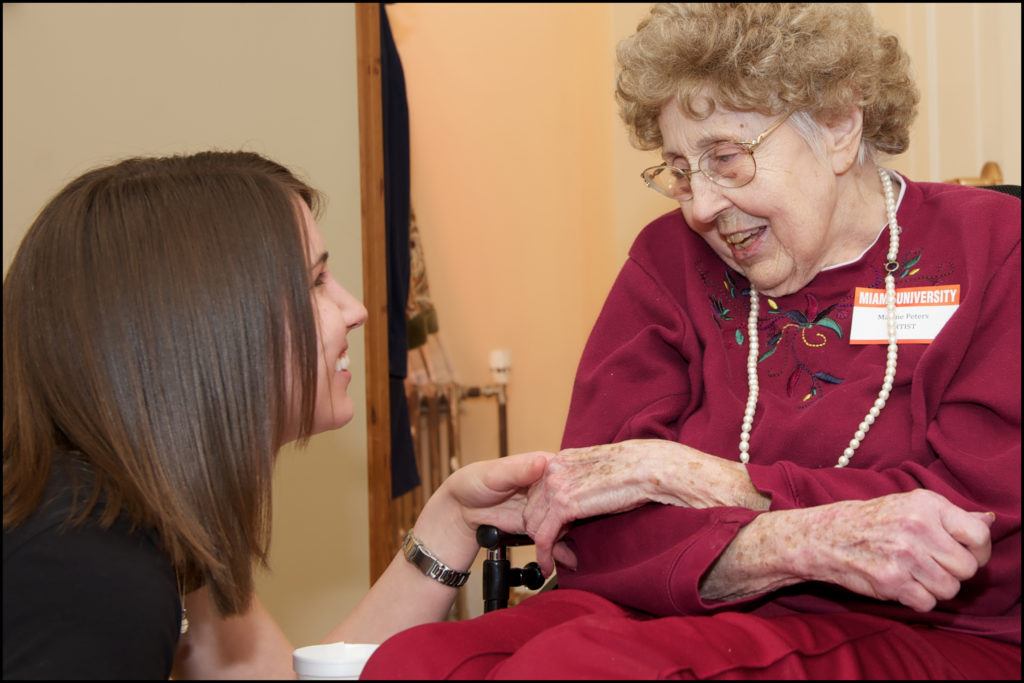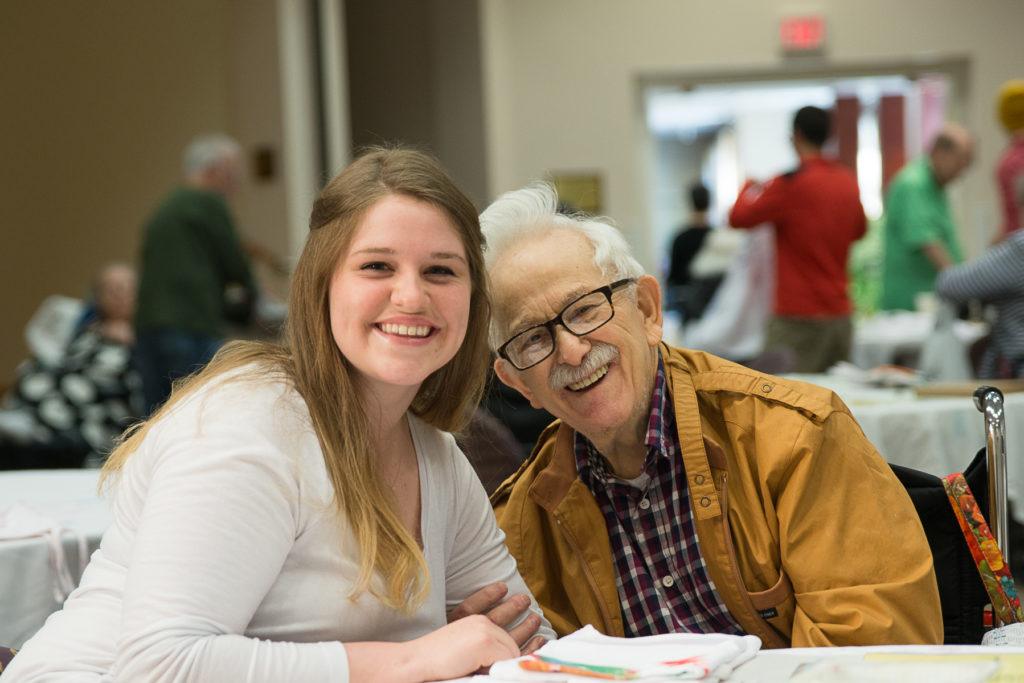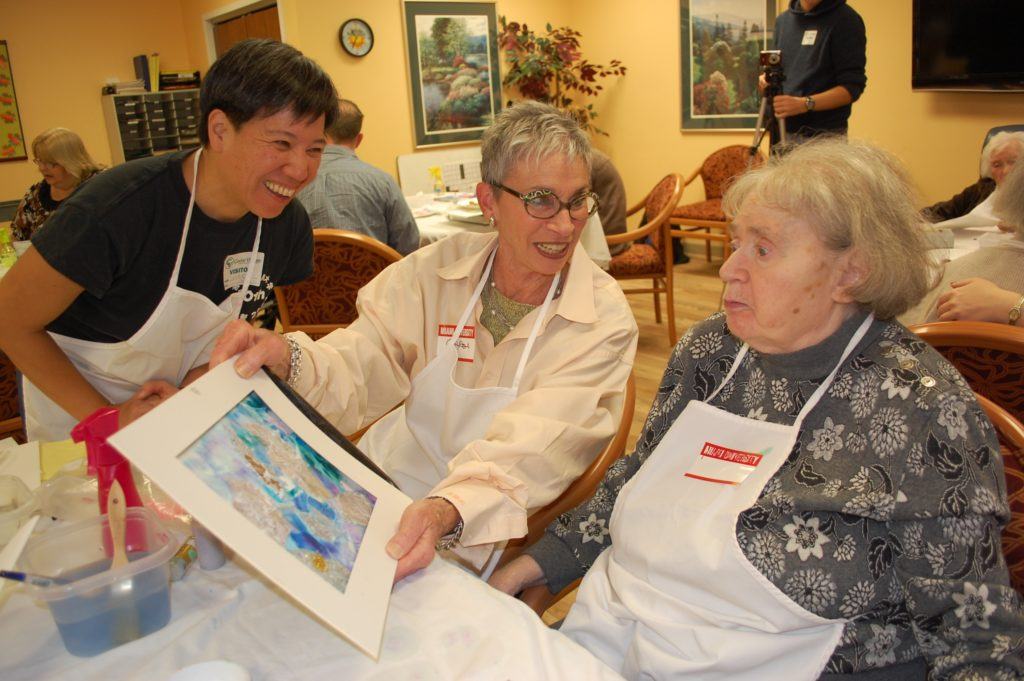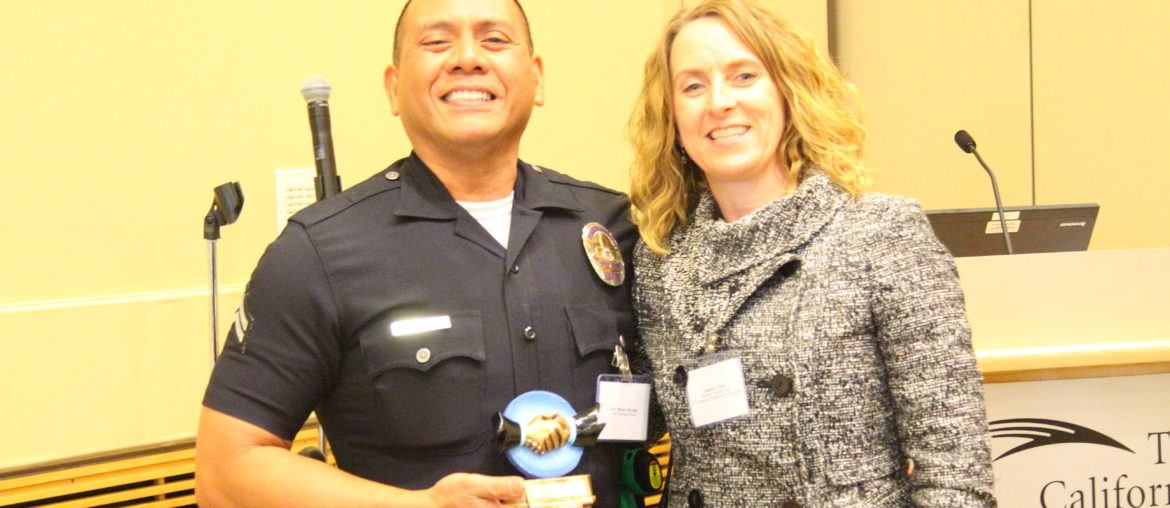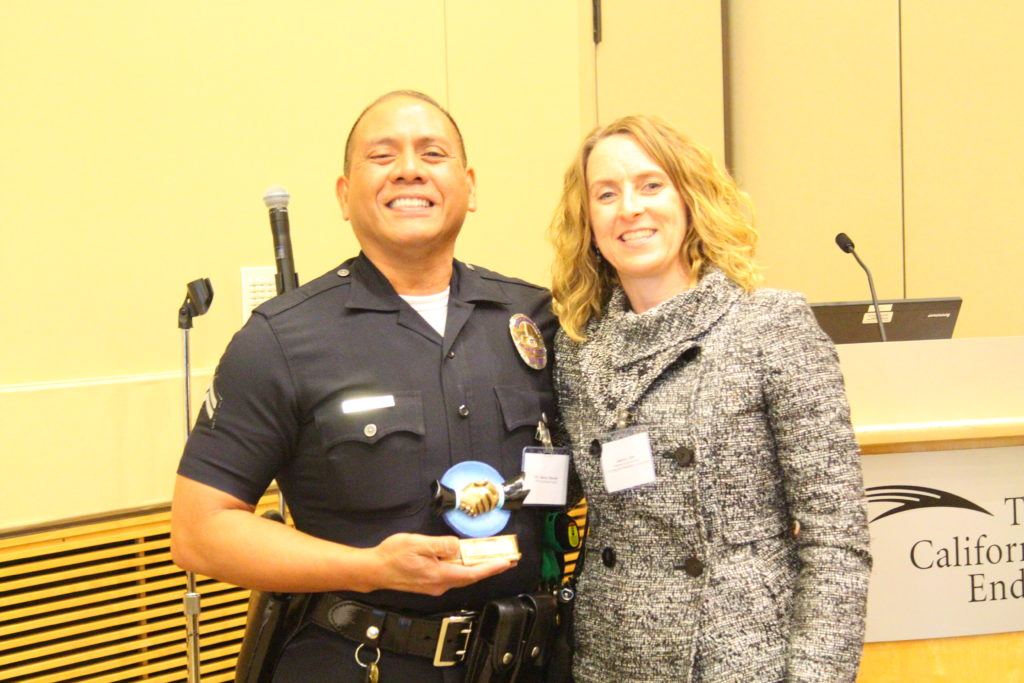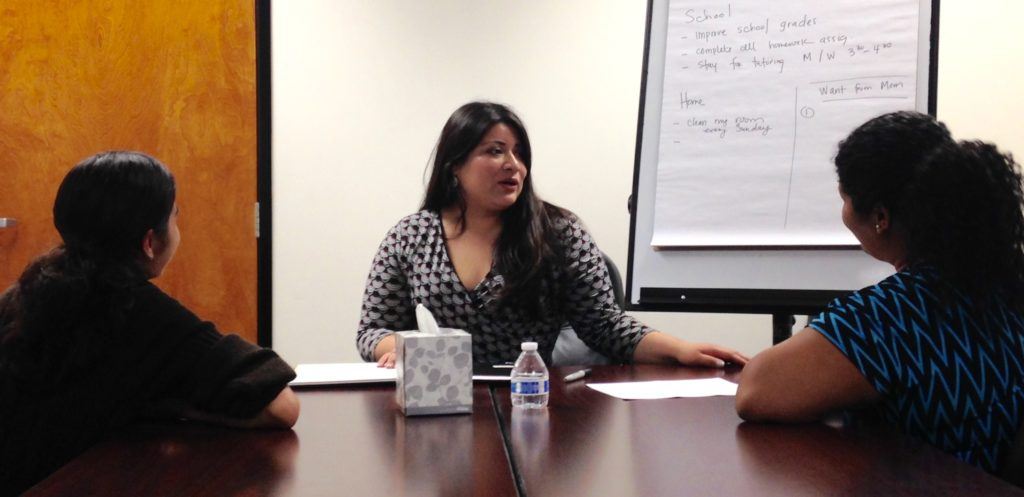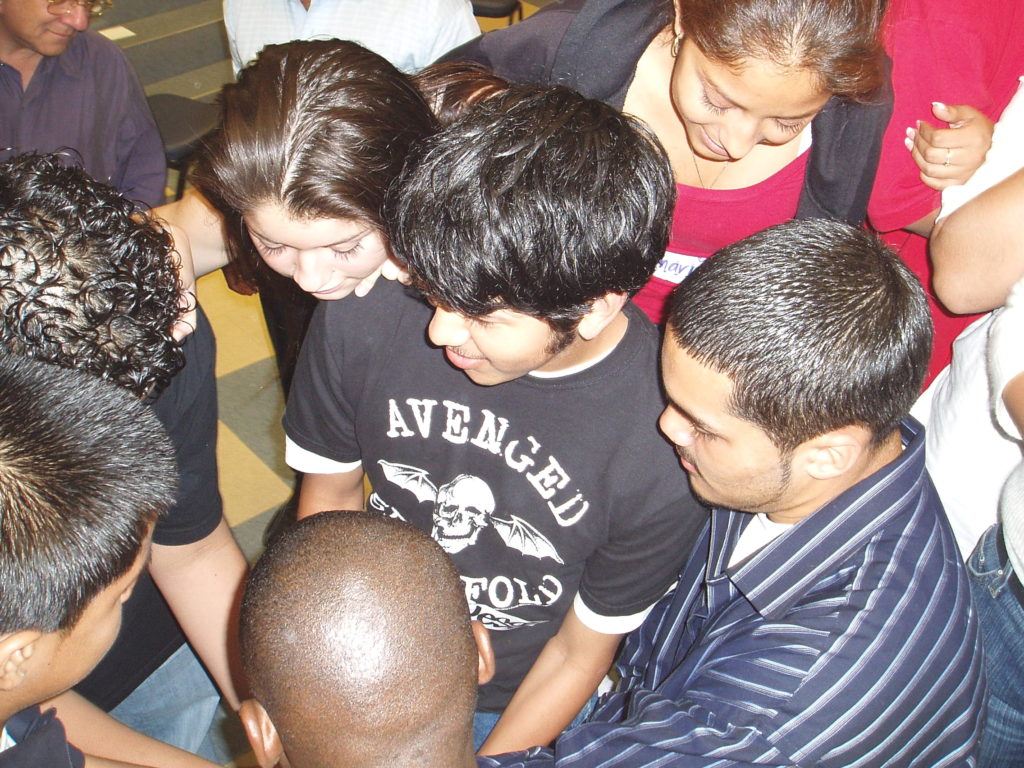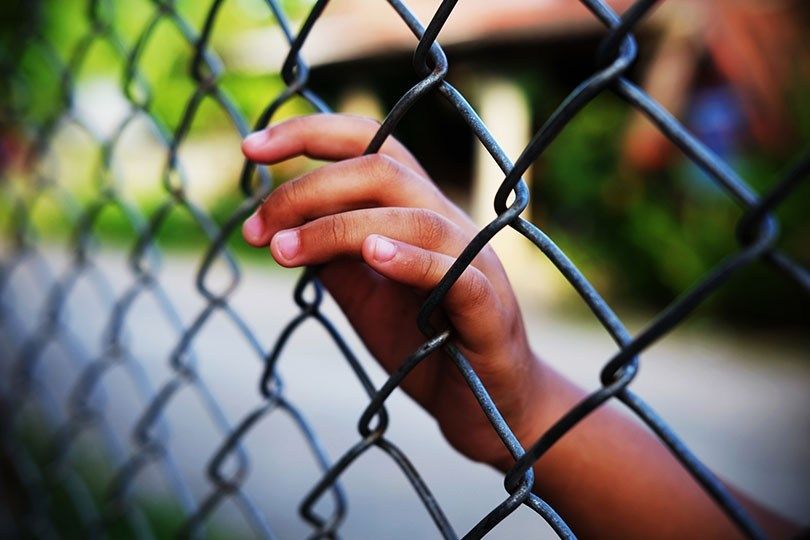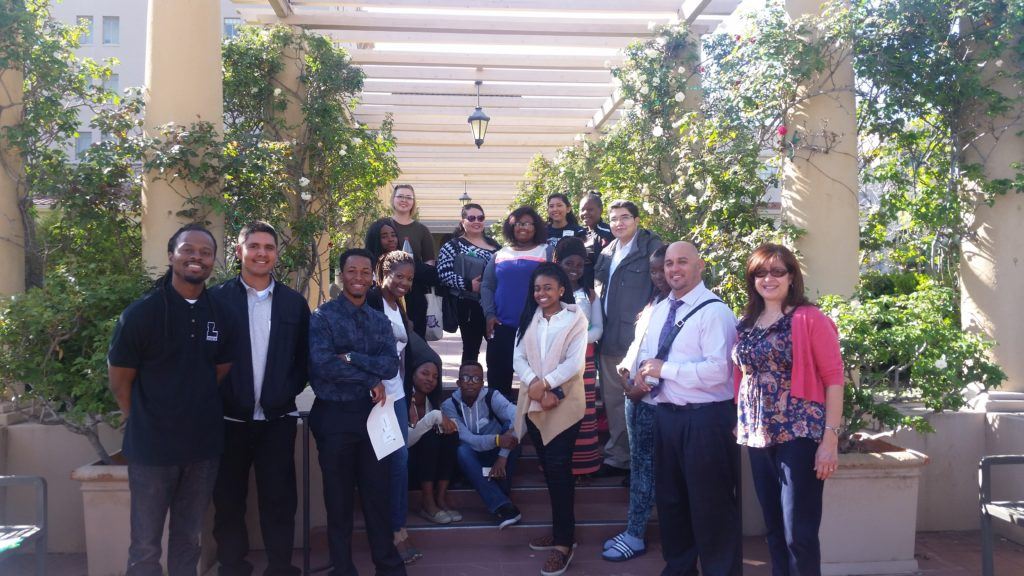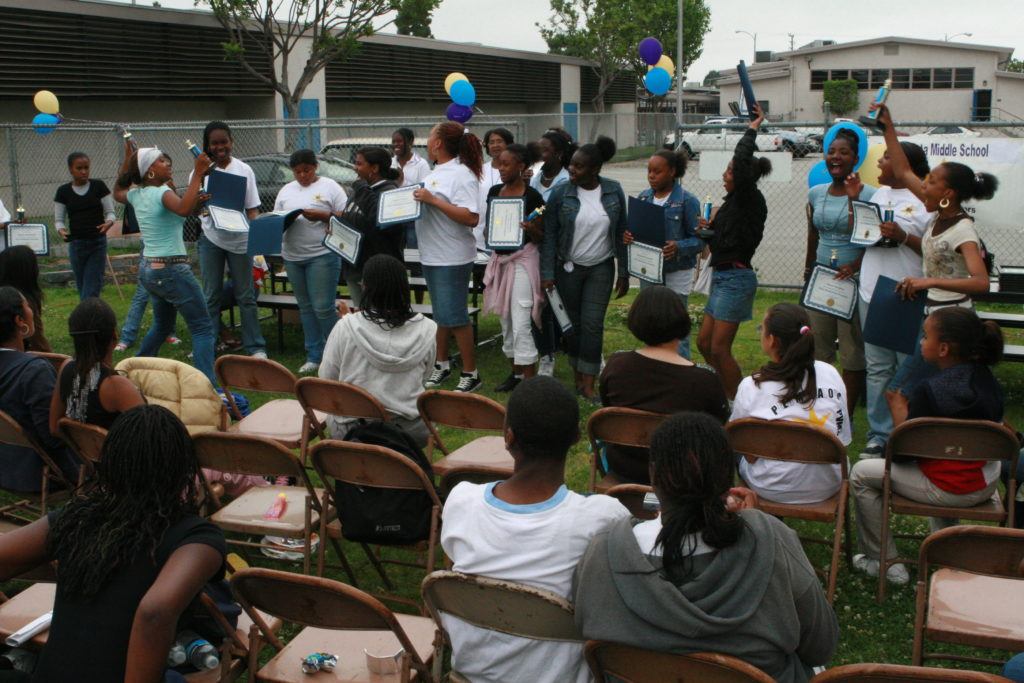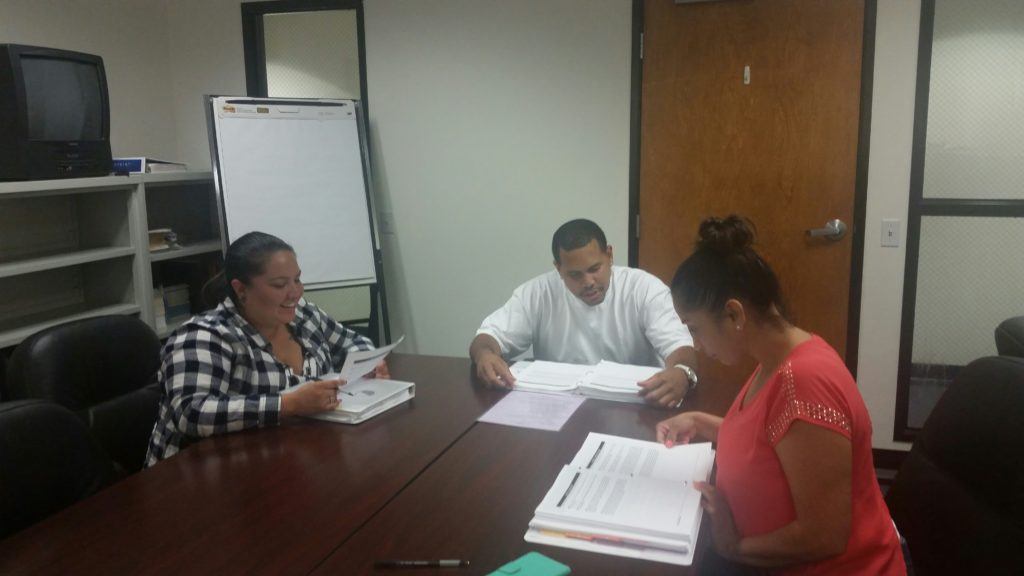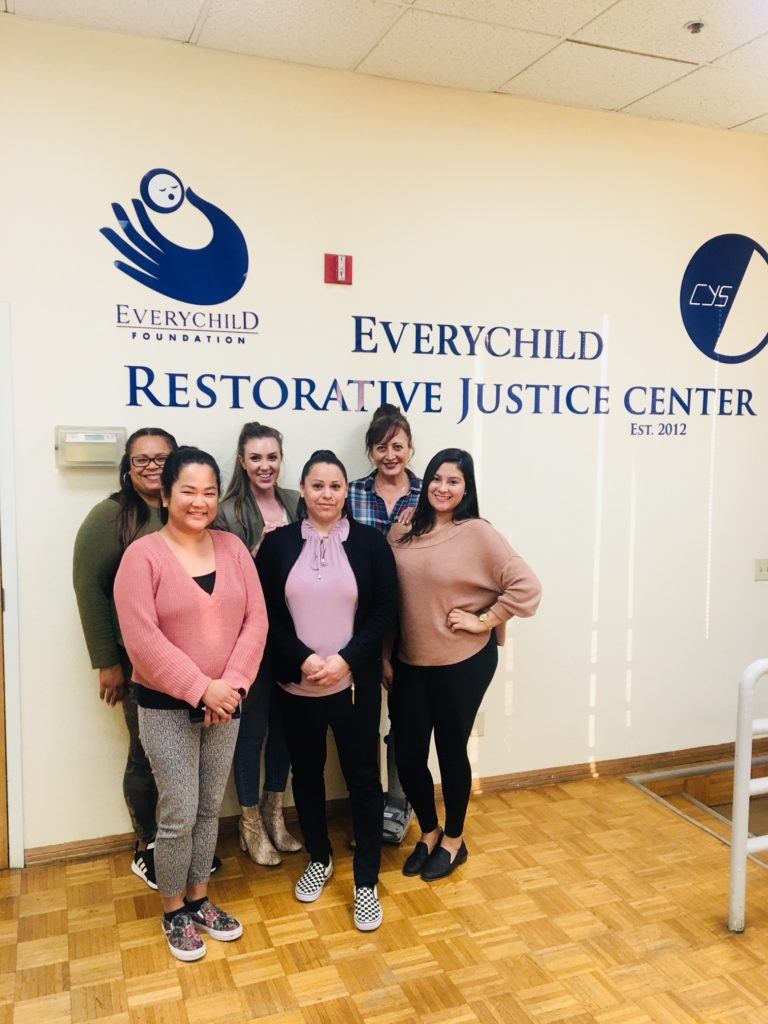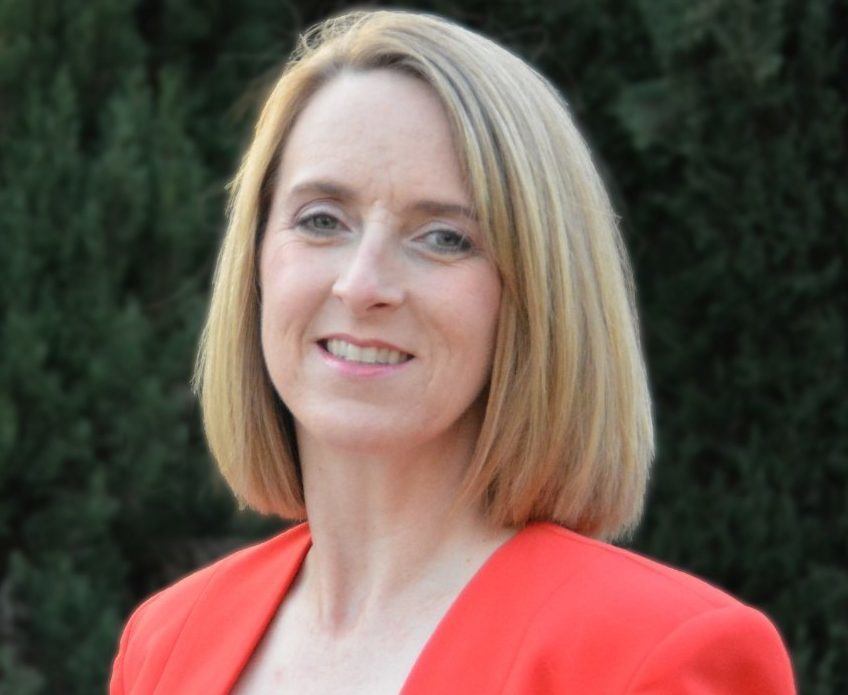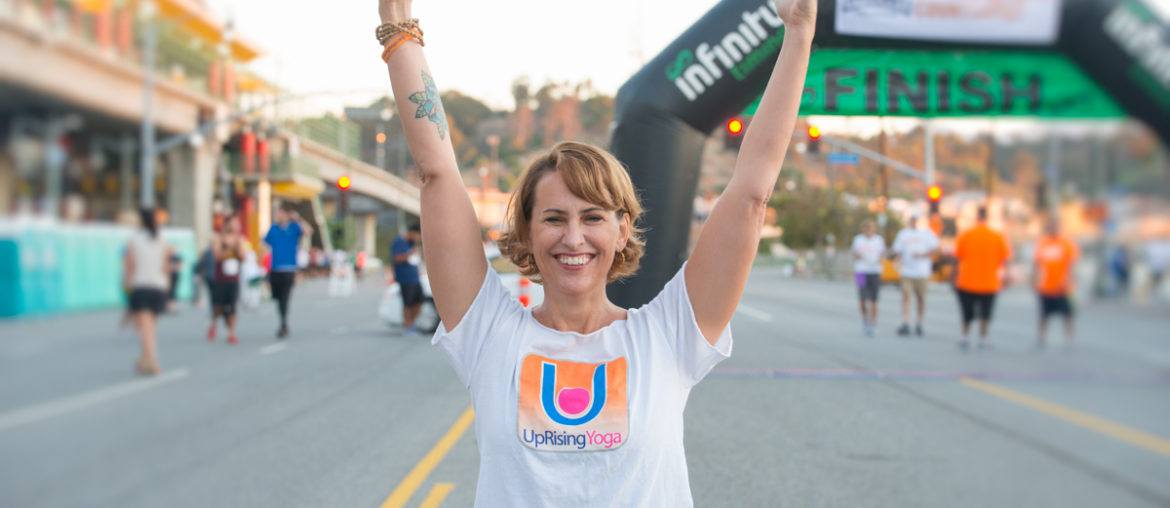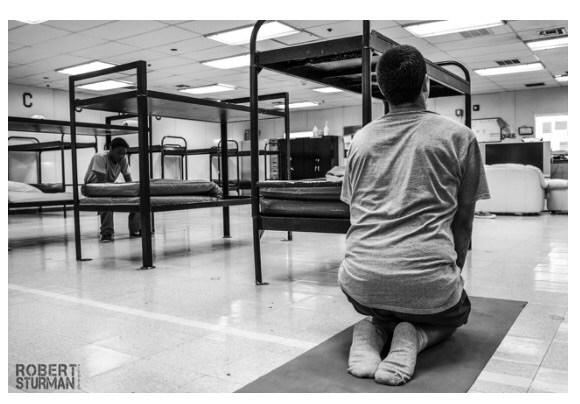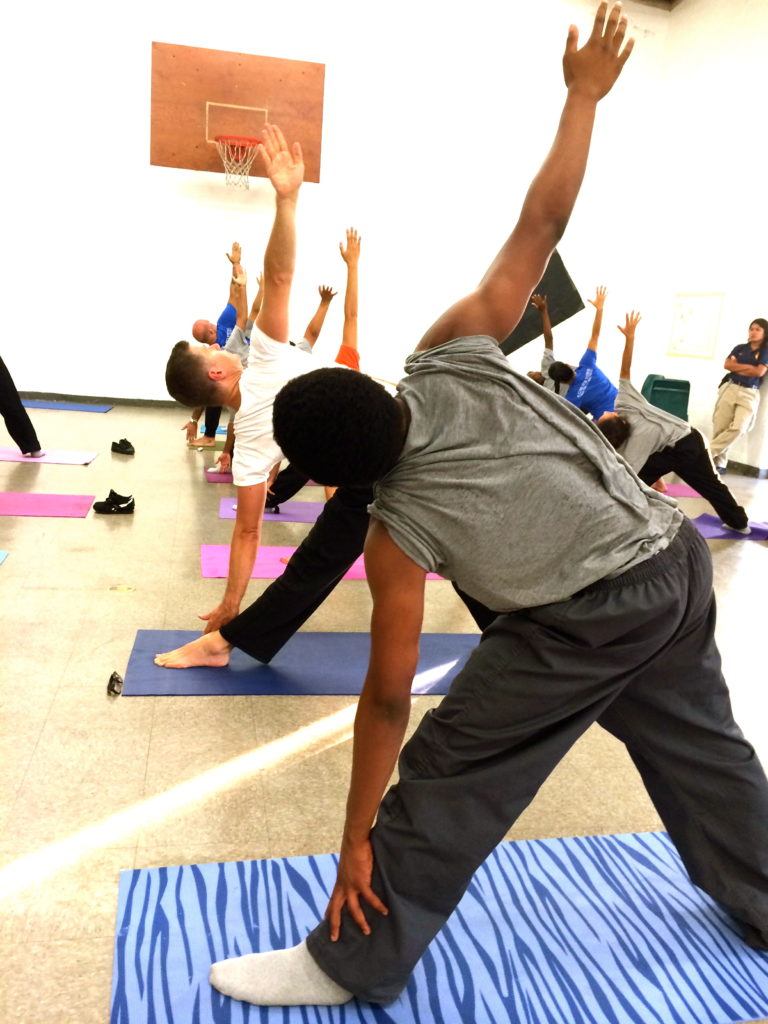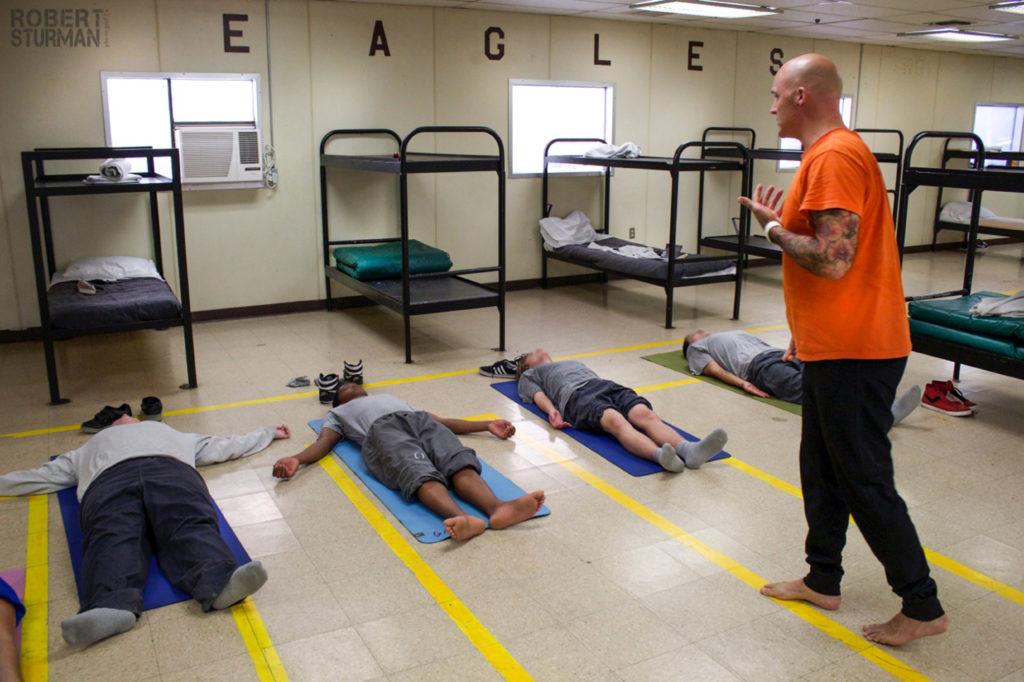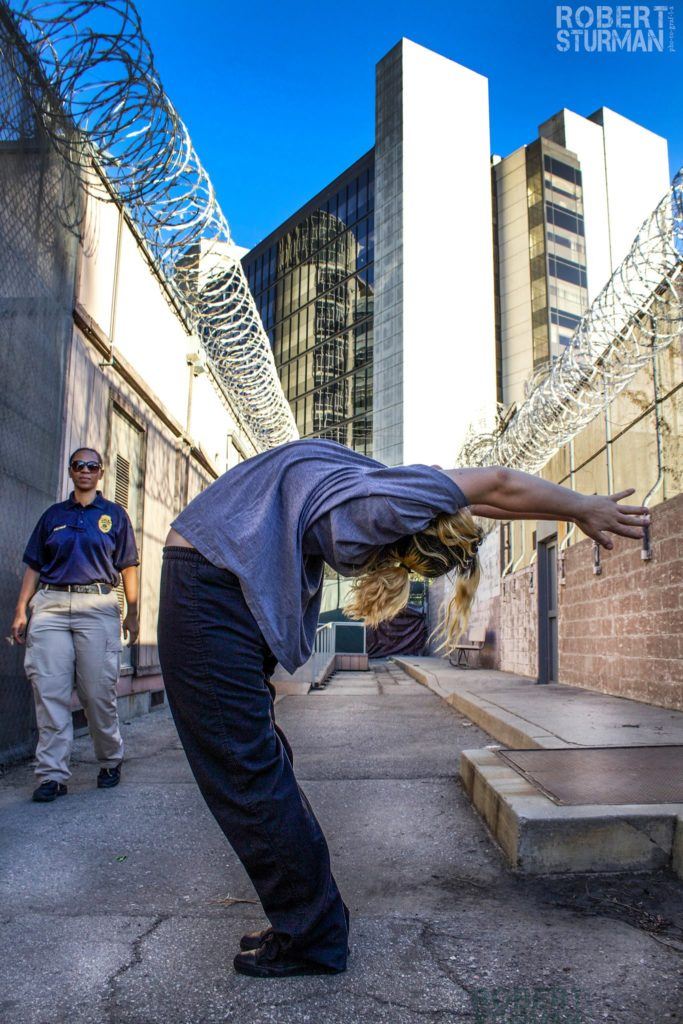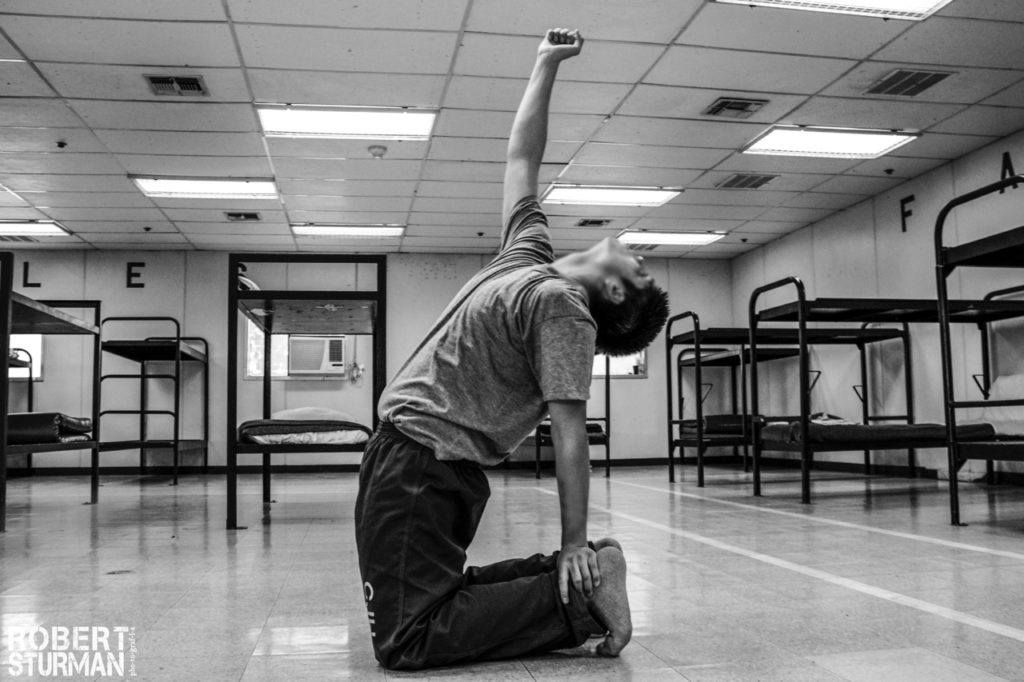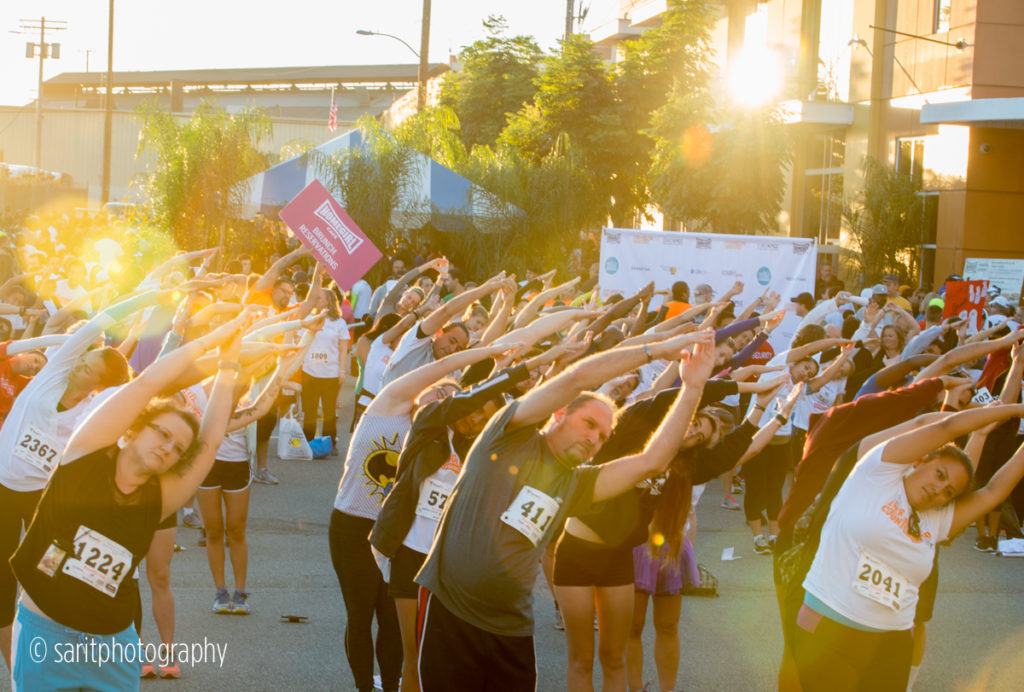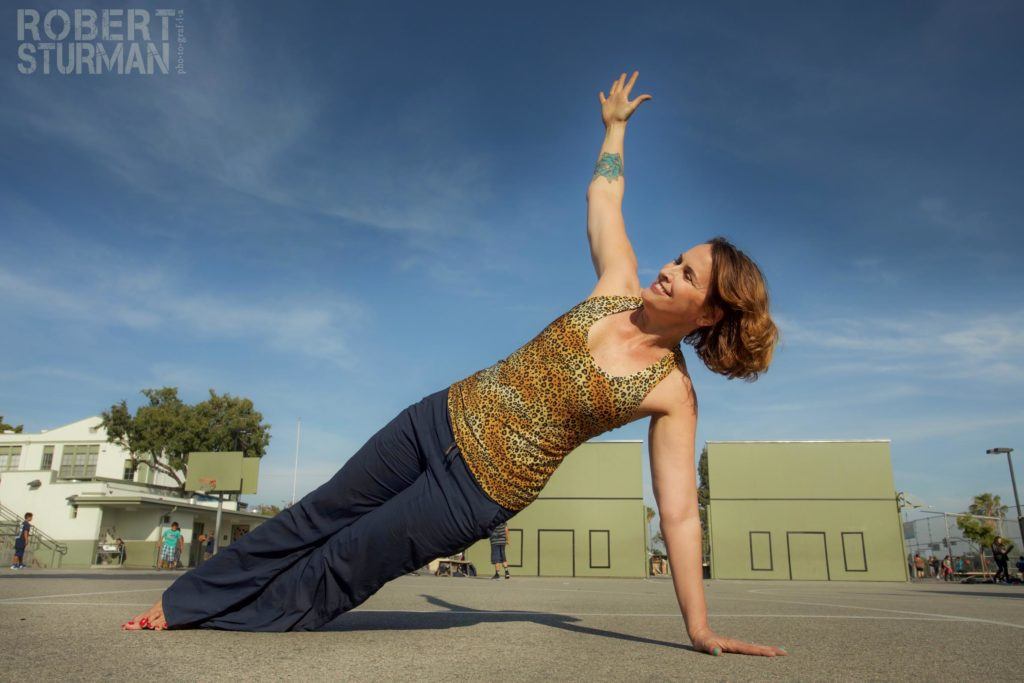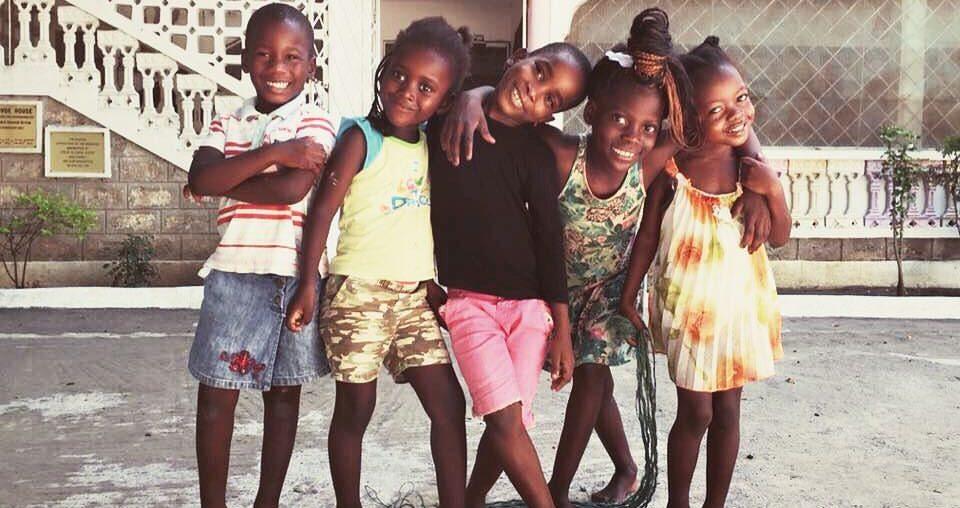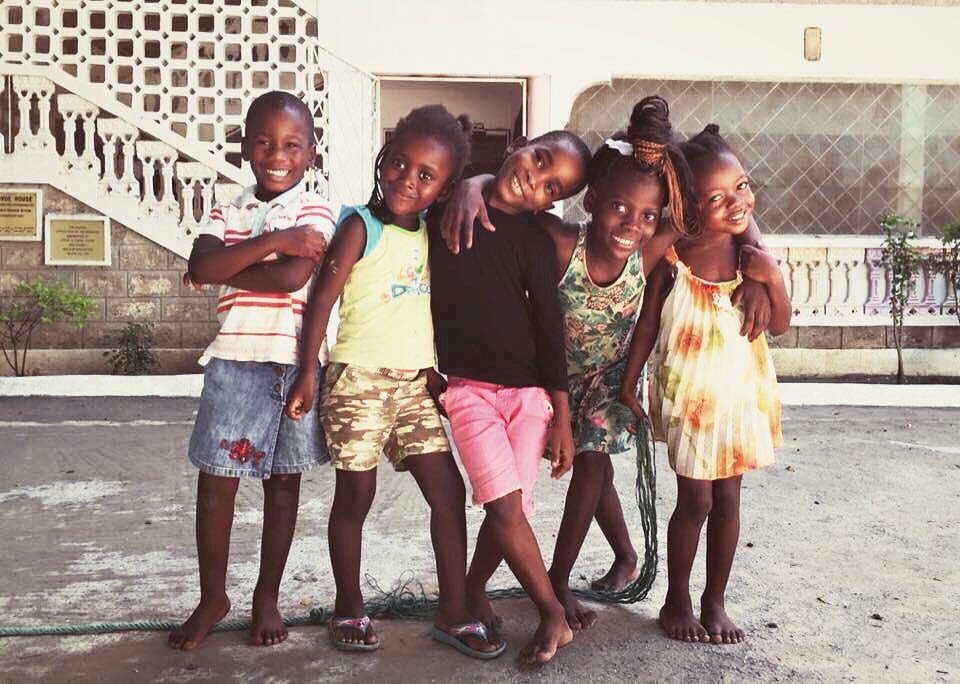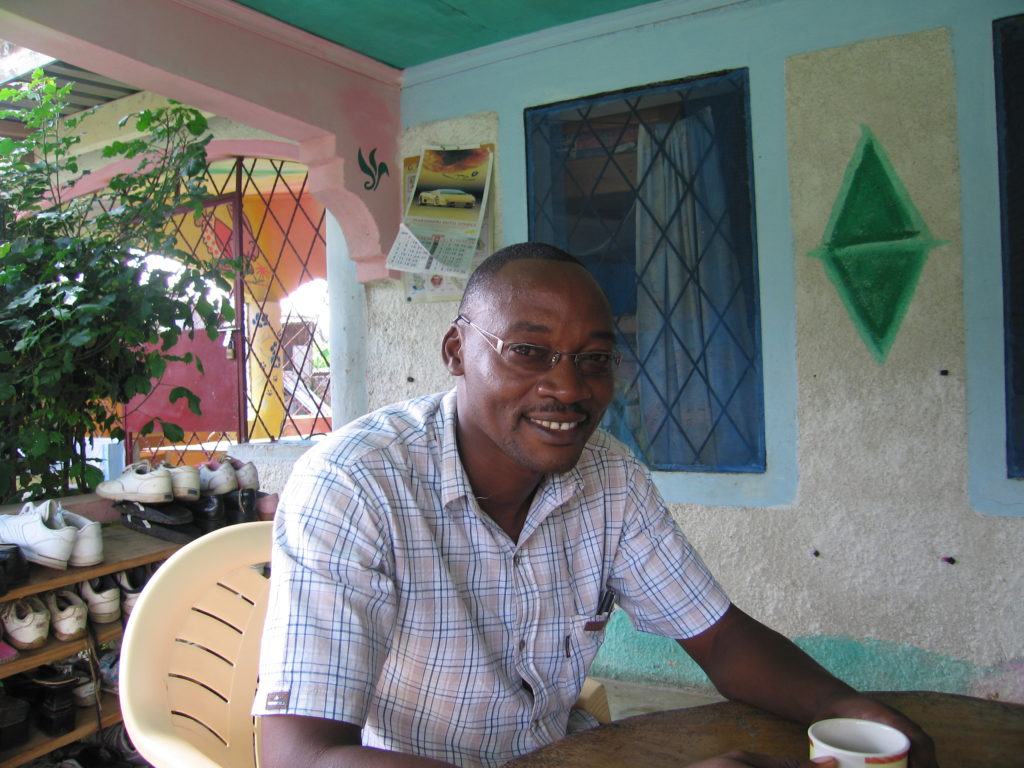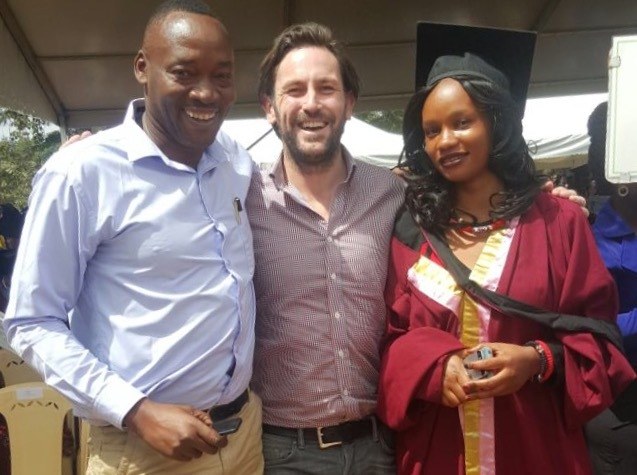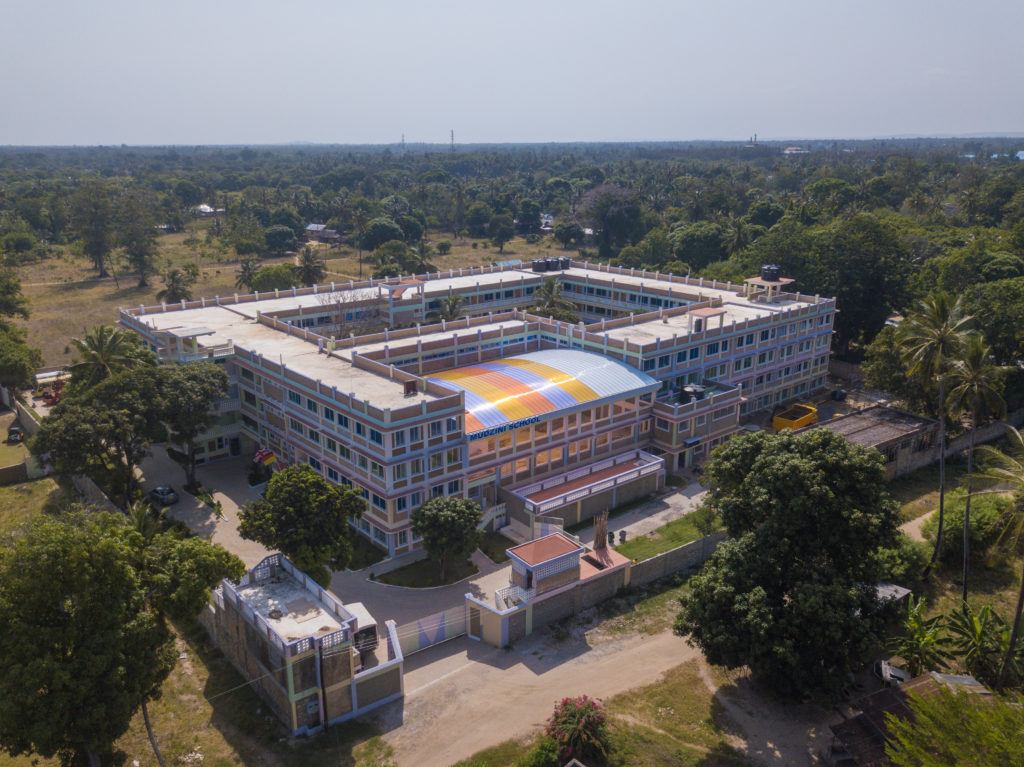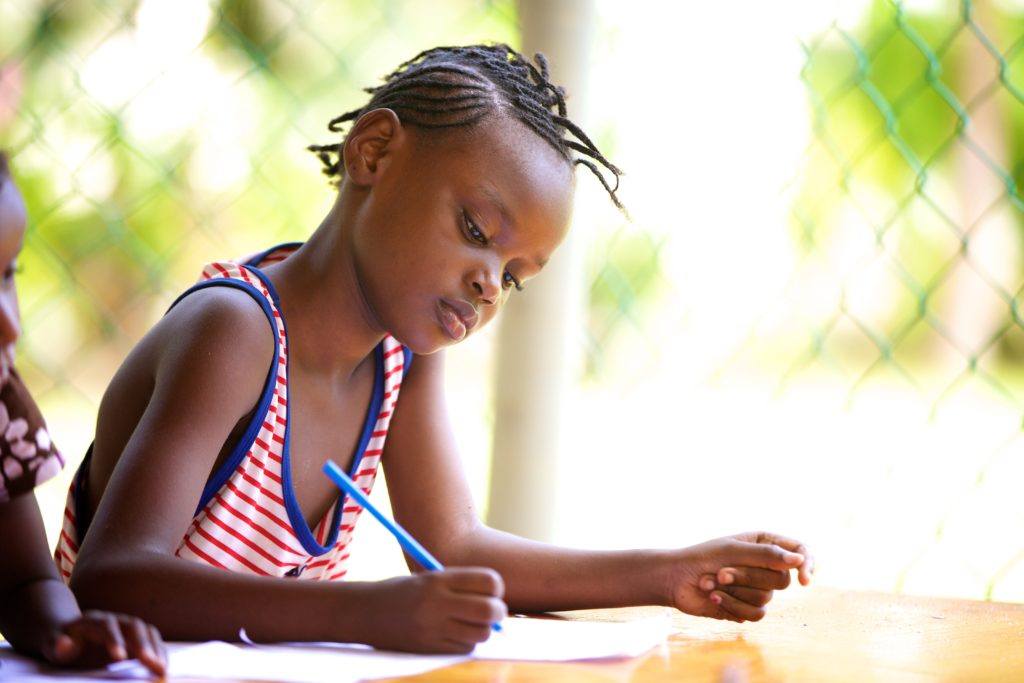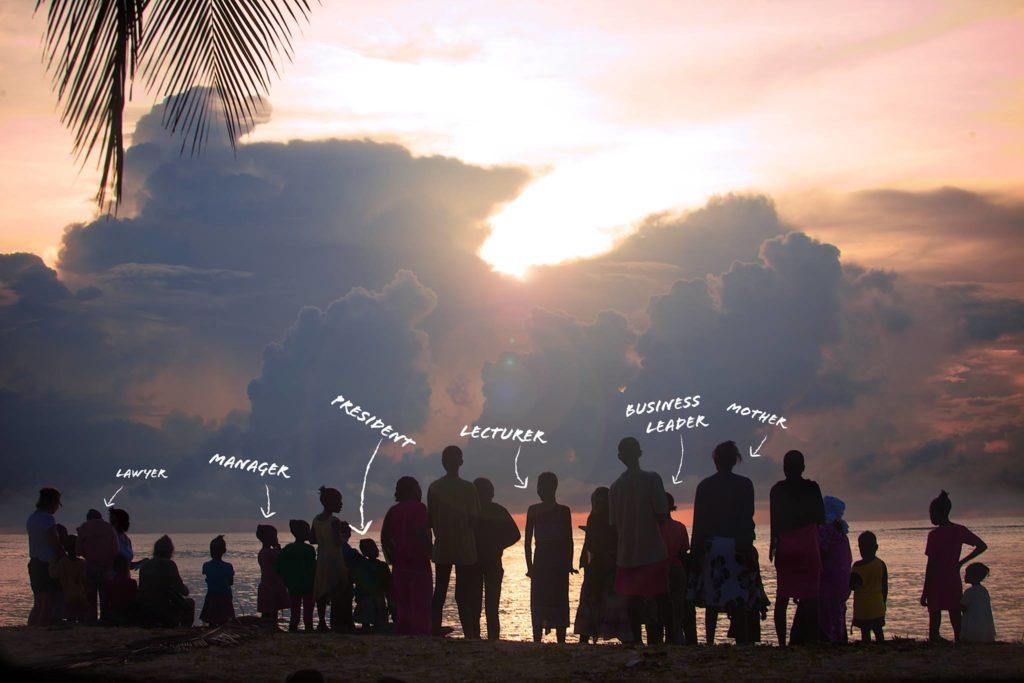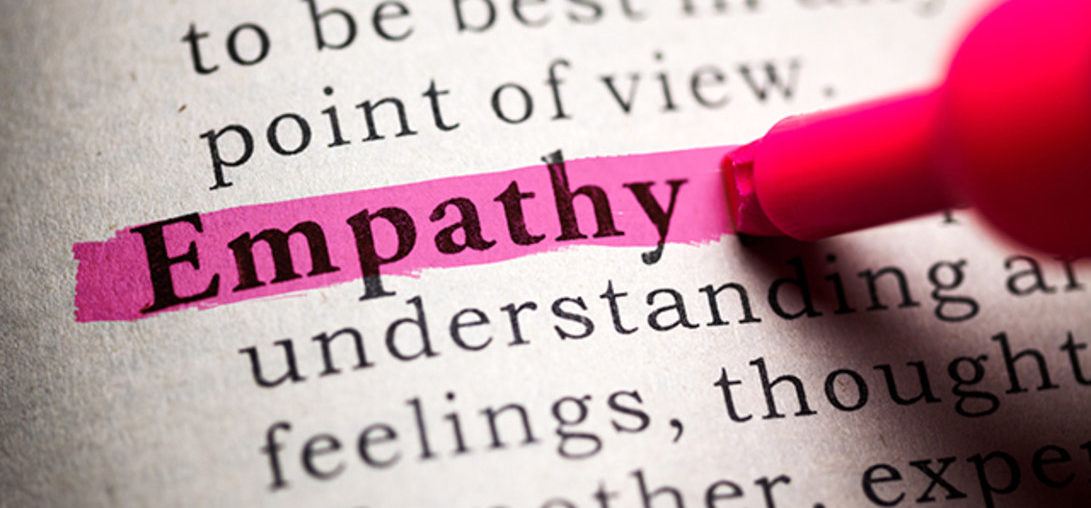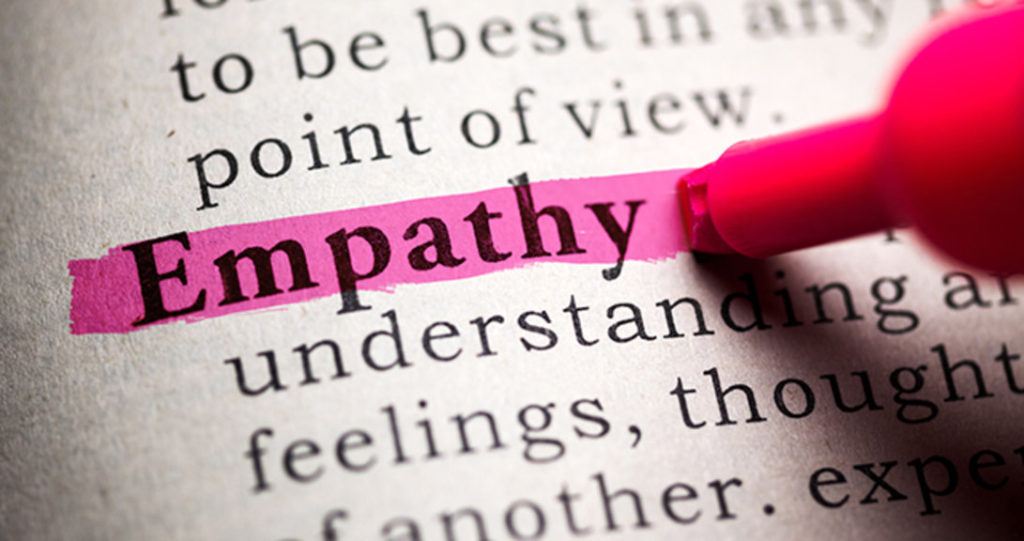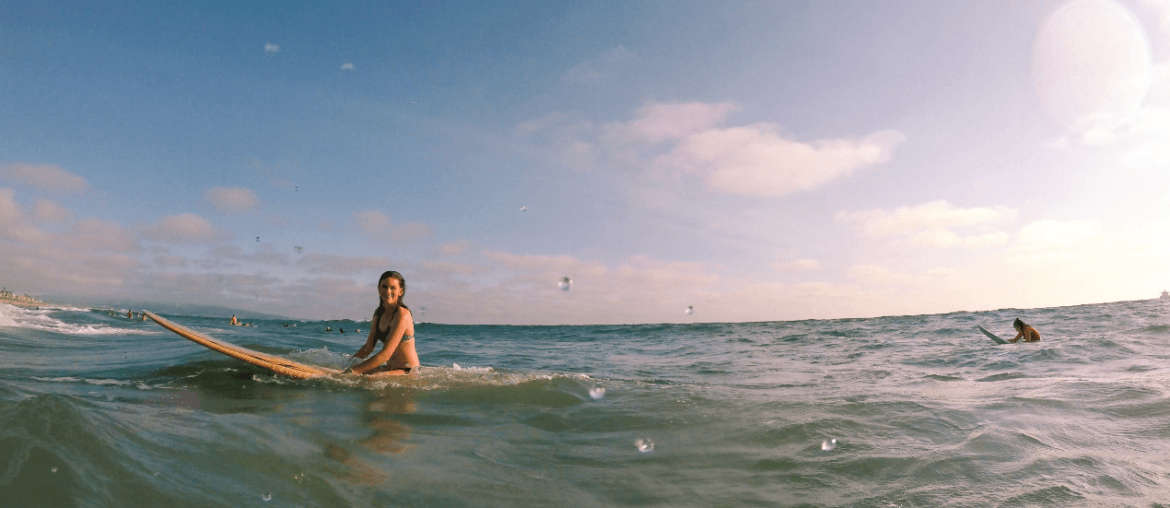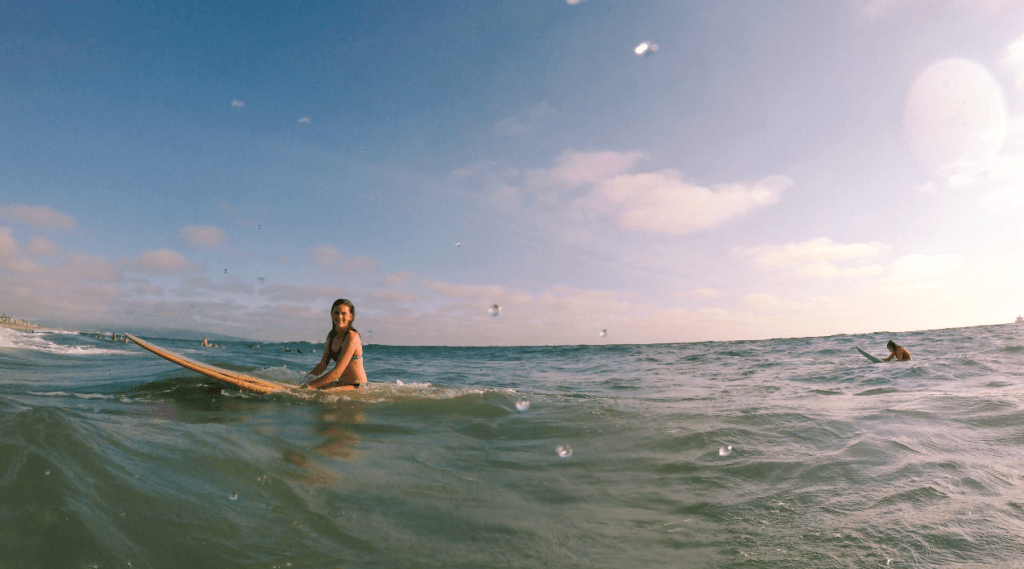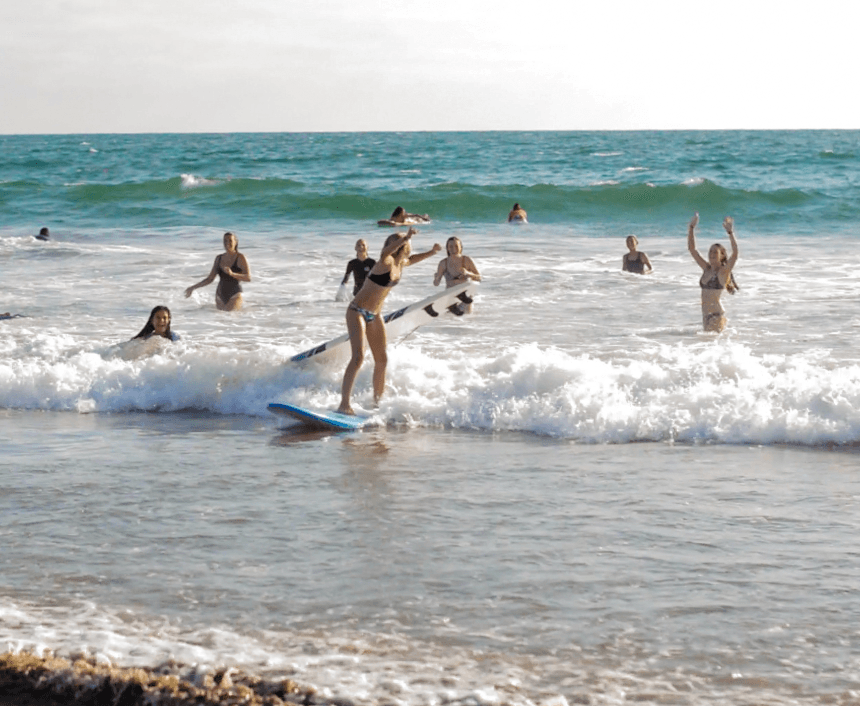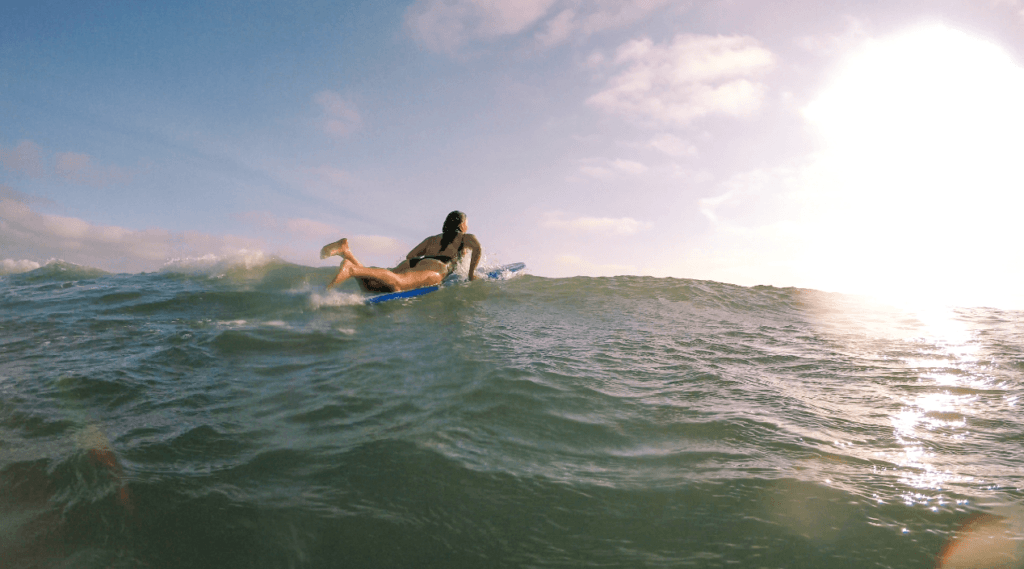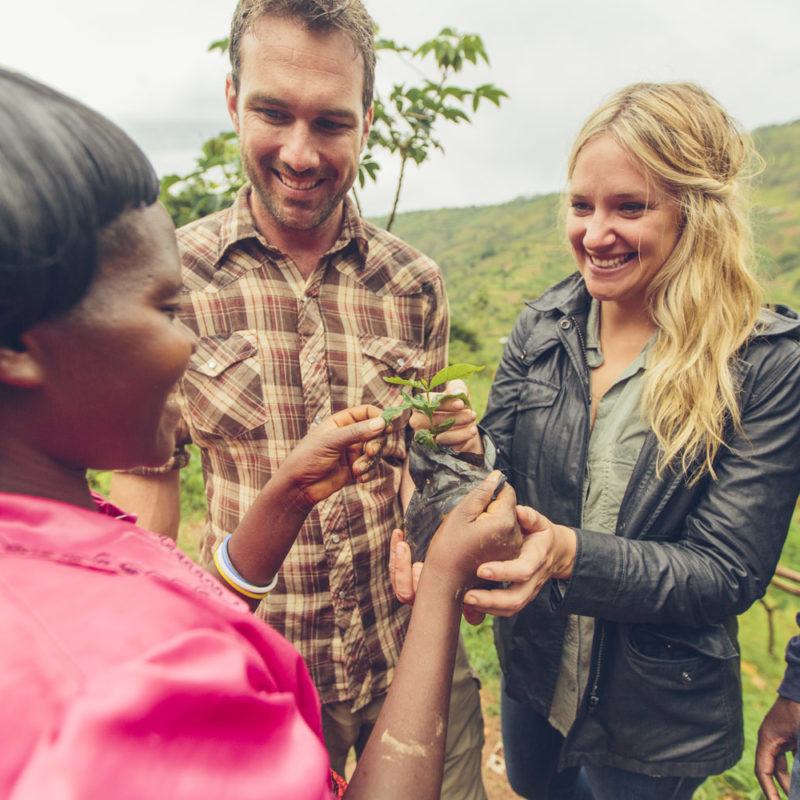
Have you ever heard the expression one thing leads to another? That expression has never been more fitting than with my introduction to the amazing Sarah Buchanan Sasson. You may remember a few weeks back the fantastic conversation with Cause Bar founder, Kristiana Tarnuzzer? Well, Kristiana suggested that I connect with Sarah, who is the founder of KulaProject.org, a nonprofit that focuses on eliminating poverty by developing female entrepreneurs in Rwanda. Sarah’s life is the perfect example of the expression, one thing leads to another. I can’t wait to share her incredible story and journey from suburban Atlanta to Rwanda. Our conversation was as inspirational as she is…..
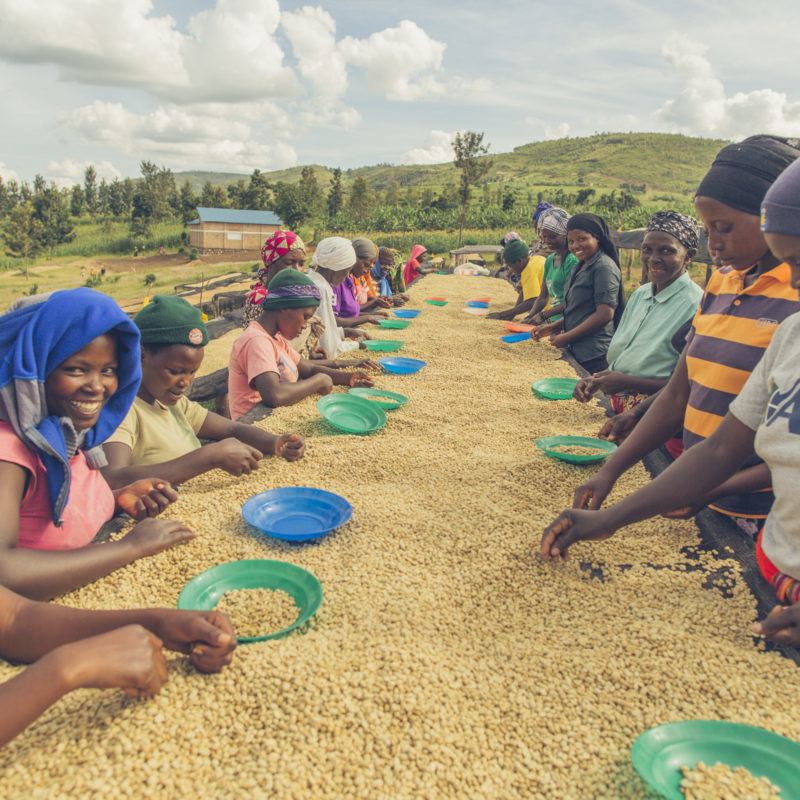
Charity Matters: Tell us a little about what Kula does?
Sarah Buchanan Sasson: We help women in Rwanda build and grow businesses. We do that with both coffee growers and artisans.
Charity Matters: What was the moment you knew you needed to act and start Kula?
Sarah Buchanan Sasson: In October 2008, I was living in Atlanta and went to a conference that had an African children’s choir. The first moment they started singing I had a come to Jesus moment. A little girl spoke about her hardships but she had such an inner light that was so outward. I remember the moment so clearly. At that moment I knew I had to go to Africa. That day I signed up to go to Kenya through a volunteer program for a mission trip. I didn’t even have a passport.
In April 2009, I was on my way to Kenya. It was my first time out of the country and it was really really hard. I was out of my comfort zone in every way. I went with a dental mission team and had no dental experience. I came back and had expected a transformative experience that didn’t happen. So I just went on with my life. A year later the same volunteer group was going and asked me to join them. I used money as an excuse not to go and shortly thereafter I received a note that an anonymous donor had paid for my trip, so I went back.

One year later, going back to the exact same place and seeing that nothing had changed for these women, I just saw the stagnation of their lives. I realized that poverty was about a lack of opportunity. Growing up in the South you think that people are poor because they don’t work hard. I realized that poverty is not about being lazy but about a lack of access and lack of opportunity, not about not having money. I came home from the trip changed.
After going to Kenya in 2009, I changed my major from pre-law to International Development with a focus on African politics. I never thought about starting a nonprofit but began interning for other nonprofits. So many of the programs I was working with were not engaging the people they were serving. I began looking for organizations that did that and when I couldn’t find one decided that we should start our own. We started Kula in May of 2012.
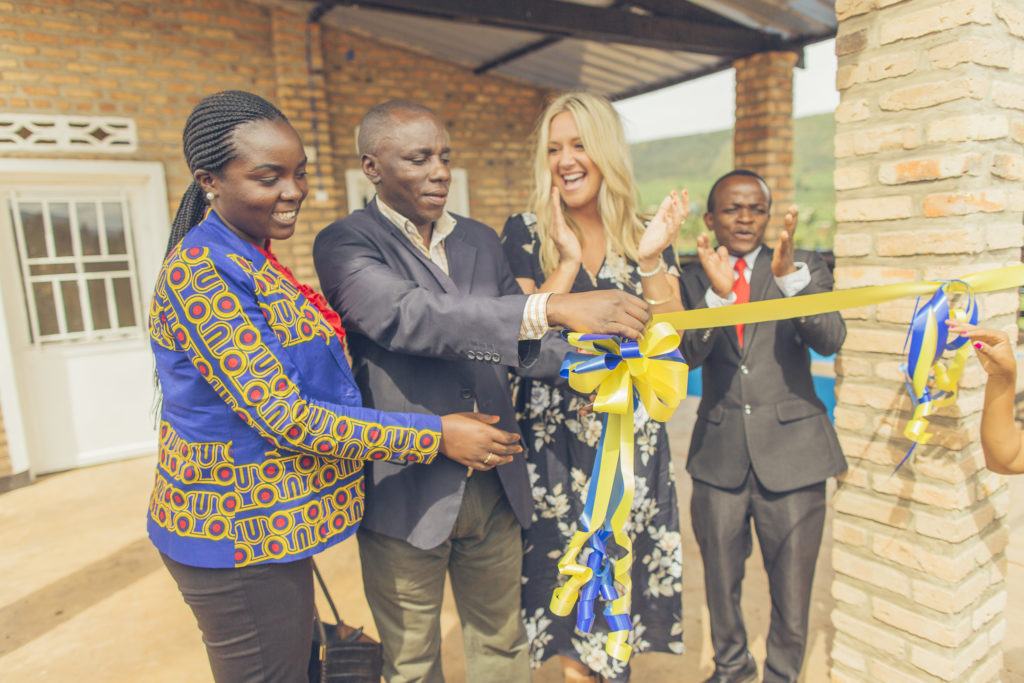
I originally thought the more places we were in the more legitimate we were so we had programs in downtown Atlanta with homeless communities, Jamacia and in Kenya. Not a single one of those programs worked. I sold my car to fund the program in Jamacia and the program failed. I was working two jobs to try to fund all of these projects across the globe. Two years in and we were ready to quit. Since we had sold everything and were planning on leaving the continent of Africa forever, I suggested we take one last trip on our way out of Africa to Rwanda. I remember thinking that this was going to be the greatest adventure of my life.
Charity Matters: Why Africa? More specifically, why Rwanda?
Sarah Buchanan Sasson: I had taken a class called Global Issues where we had an entire segment on the Rwandan genocide. It blew my mind about what I was learning about the genocide and how little we discussed it in the United States. I had always wanted to go to Rwanda and thought we should go since this would probably be our last time on the continent. I had this image in my mind that it was a place of destruction and then we got there and it was beautiful. It reminds me of Southern California. The food was great, the restaurants were great and I remember being so shocked and then feeling so guilty that I had had this horrible vision of this beautiful place. I honestly couldn’t believe what these people had overcome on their own.
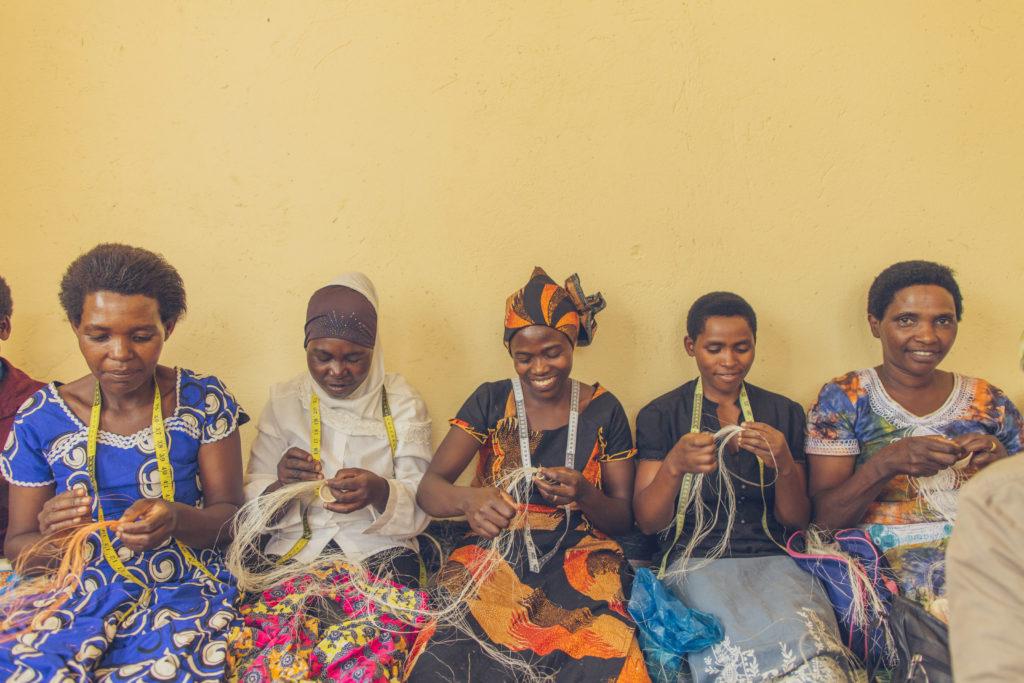
We met with a coffee company that took us out for a few days. We were meeting with all of these incredible women who told us their stories survival and during the genocide. They had overcome these things that most people can not imagine to be true. Now all they wanted was to grow more coffee and better coffee to have an opportunity to sell it so they could afford to educate their children. These women believe that if they educate their children there will never be genocide again. That for me was my real moment. I knew my quitting wasn’t an option. At that moment I knew that if these women can survive what they have been through then I could too.
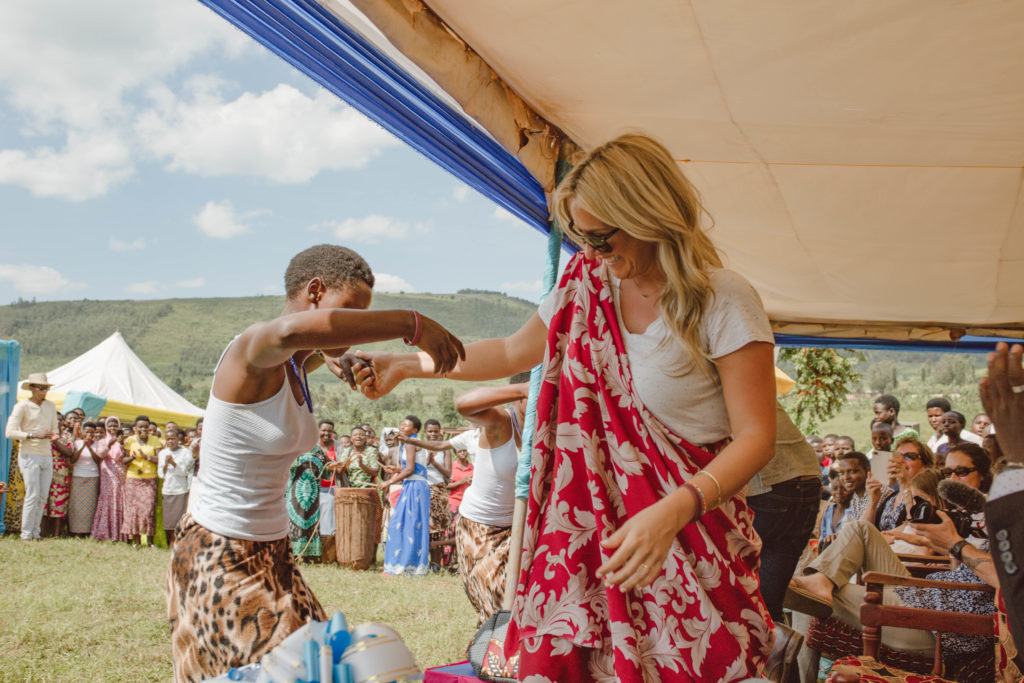
That was when we realized we needed to focus on women and to listen to what they needed. From that moment on all of our programs were designed by the women the programs were intended to effect. That is why our first two years had failed. We went into communities and told them what we thought was best for them. All those early mistakes we had made are the only reason our programs are working today, those mistakes are what taught us how to be successful. We relocated the Kula Project to Rwanda and now we have a staff of 23 and only three are American and we give all of our success to our Rwandan staff.
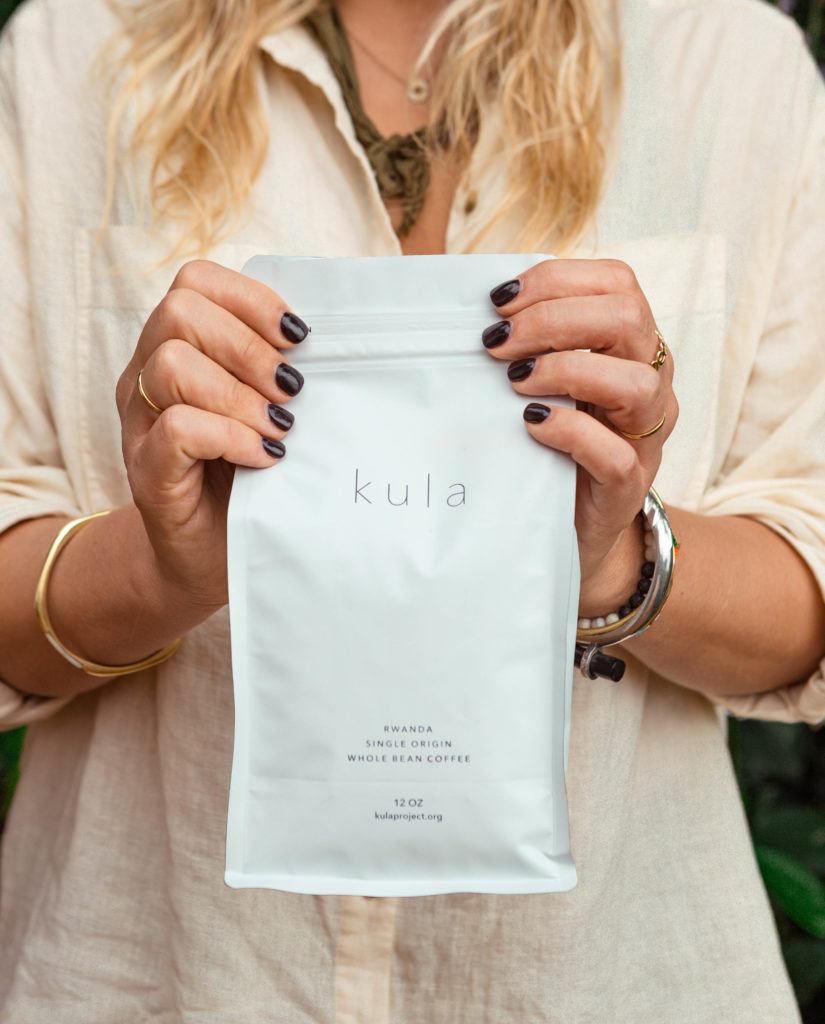
Charity Matters: What are your biggest challenges?
Sarah Buchanan Sasson: I think like all nonprofits, fundraising. It is really hard to compete, it’s hard to stand out and everyday everyone thinks there is a new problem that we need to be addressing. We are constantly trying to find ways to break through all the noise and to become sustainable on our own. We work with women who make baskets and grow coffee, they already have a product so let’s sell it. We are looking more and more about getting into the coffee space, hoping we can stand out with our story. When we sell our coffee directly to roasters our hope is that one hundred percent of the purchase would go back to Kula and fund the ladies that grew the coffee. Our goal is to be fifty percent sustainable by the year 2021 on our own.
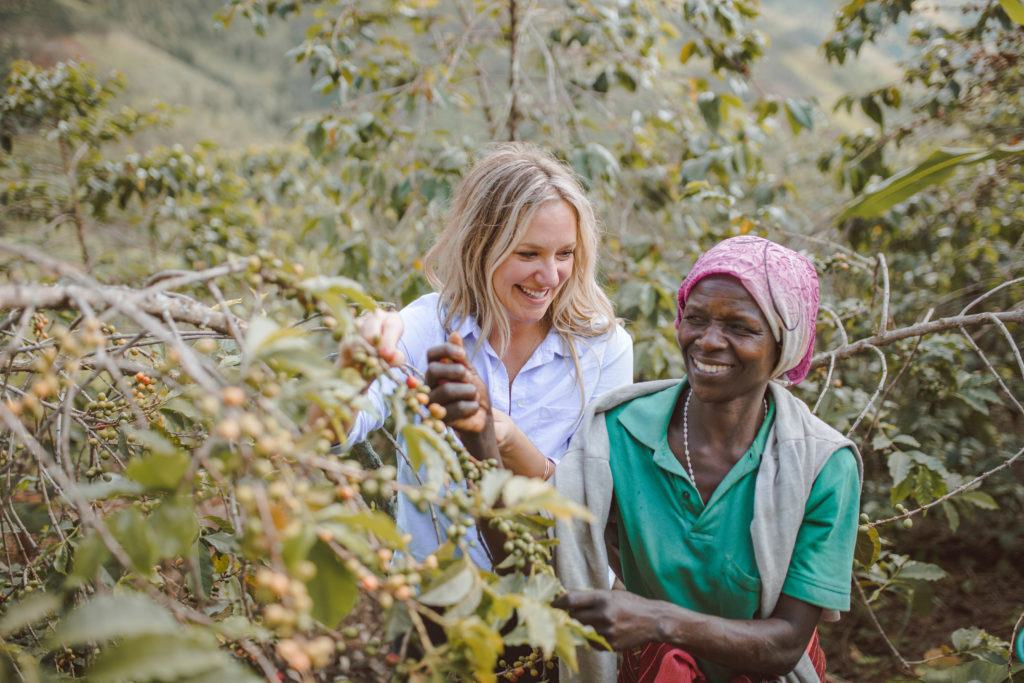
Charity Matters: What fuels you to keep doing this work?
Sarah Buchanan Sasson: The work is hard. I have one thousand women and their families who depend on me to send their children to school and to eat. You feel guilty because you’re tired and you are working to support people who survived the genocide. I’ve learned that I can’t compare my life to theirs. Burnout is real when you give and give. I have learned that in order to keep giving I need to find a way to recover and to differentiate myself from the organization.

We have been doing this work for seven years and I have learned that I need to take solo road trips and love being out by myself inspired by nature. It really refuels me and gives me space to be inspired and feel in awe of nature. That gives me new ideas for our business and I have come up with some of our best campaigns.
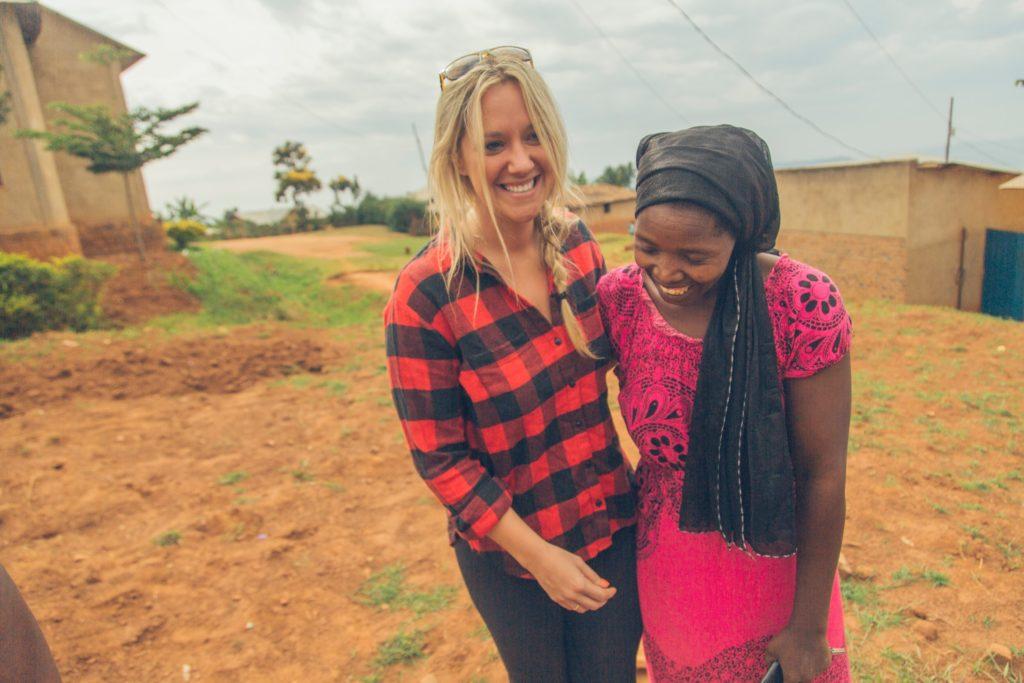
Charity Matters: When do you know you have made a difference?
Sarah Buchanan Sasson: I feel that most of us in the nonprofit space have a hard time celebrating those moments when all we usually see is what we need to do that is ahead. I am really working on trying to pause and celebrate our wins. I know we have made a difference when I listen to the women tell stories of their lives. We have very clear goals for everyone in the program. We give these women skills to make a living we also do so much more. We train them, then they complete financial planning, family health and nutrition, gender equality, mentorship, business management, and community leadership classes. After that, the women submit a business plan and we invest in those who have invested in themselves and then measure our impact.
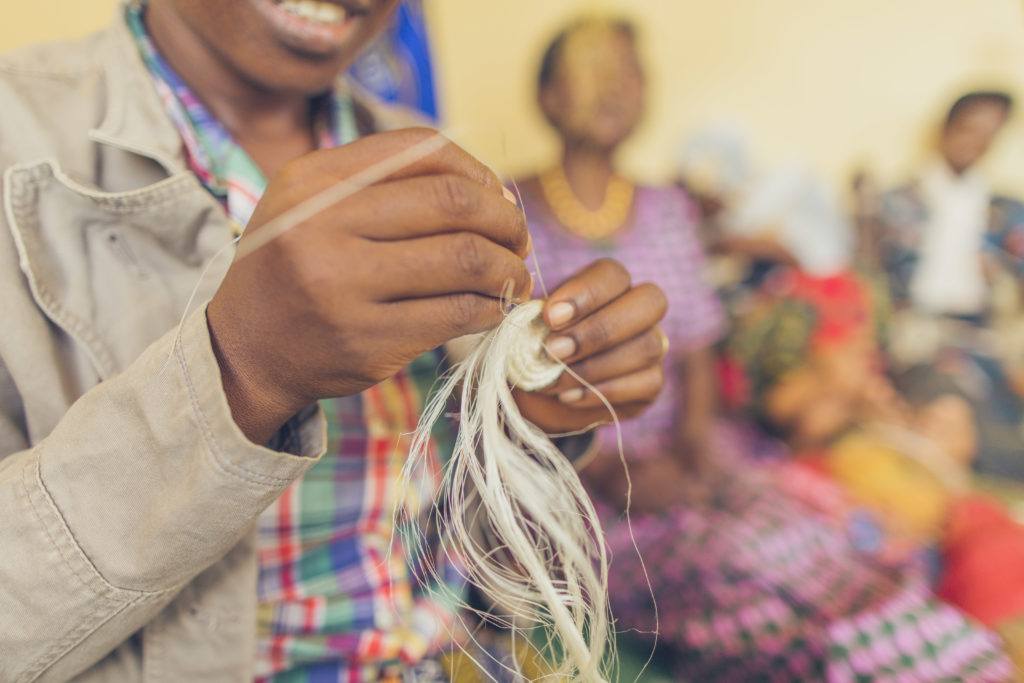
When the women talk about things that we didn’t set out to change I am always surprised. One unexpected impact was a huge drop in domestic abuse. We do a number of in-home training and one woman told me that the more we come to visit her the more her husband stops beating her. That story created gender equity training for all the men in the households and while we do not set out to change the culture this one we needed to put an emphasis on. Being able to be a part of this changing conversation was something we really didn’t expect.
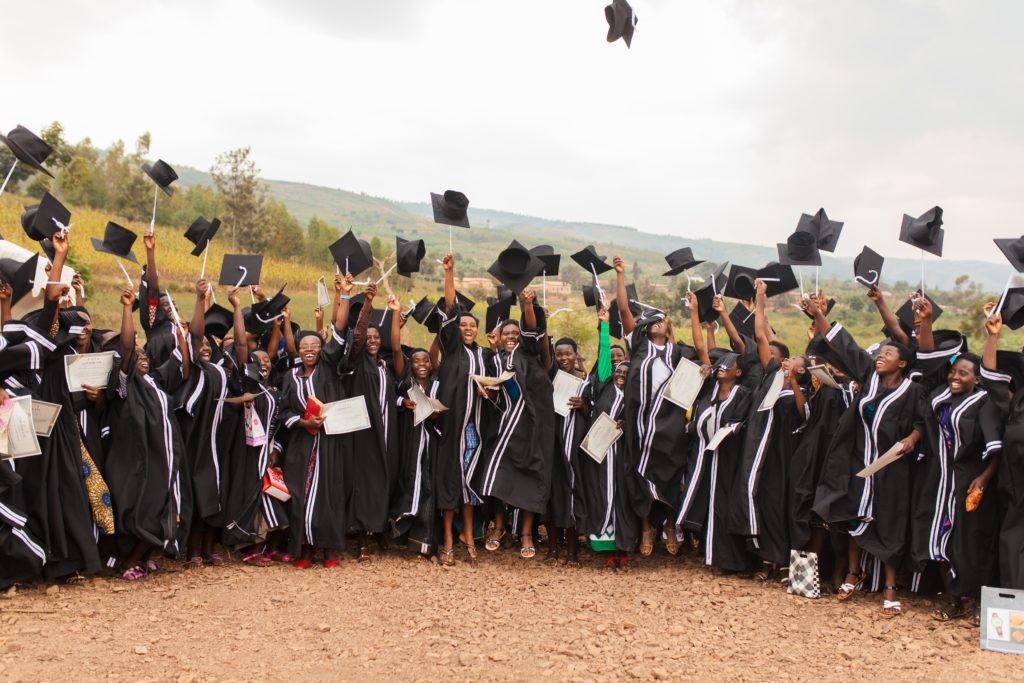
Charity Matters: Tell us what success you have had? What has your impact been?
Sarah Buchanan Sasson: We started in Rwanda five years ago, and our first year we planted 5,000 coffee trees. These coffee trees take three years to produce, it is such a long term investment. We planted over 100,000 coffee trees in the first five years. By the end of this year, it will be 170,000 trees that we have planted. We have done over 4,000 one on one training and over 3500 hours of one on one trainings. We took all that we had learned and put it into a fifteen-month fellowship program where they learn about coffee farming and artisan training in addition to all their classes, having access to formal banking and a multitude of training and classes. This class is our first official graduating class.
We launched our first impact analysis and discovered that before the Kula Project of the 474 women we spoke to zero of them had a savings account and now 87% of the women have savings accounts. We conducted pre and post analysis and learned that before Kula 12% of women were afraid to speak their mind and now 93% of these women feel confident enough to speak their mind. It is the biggest compliment.
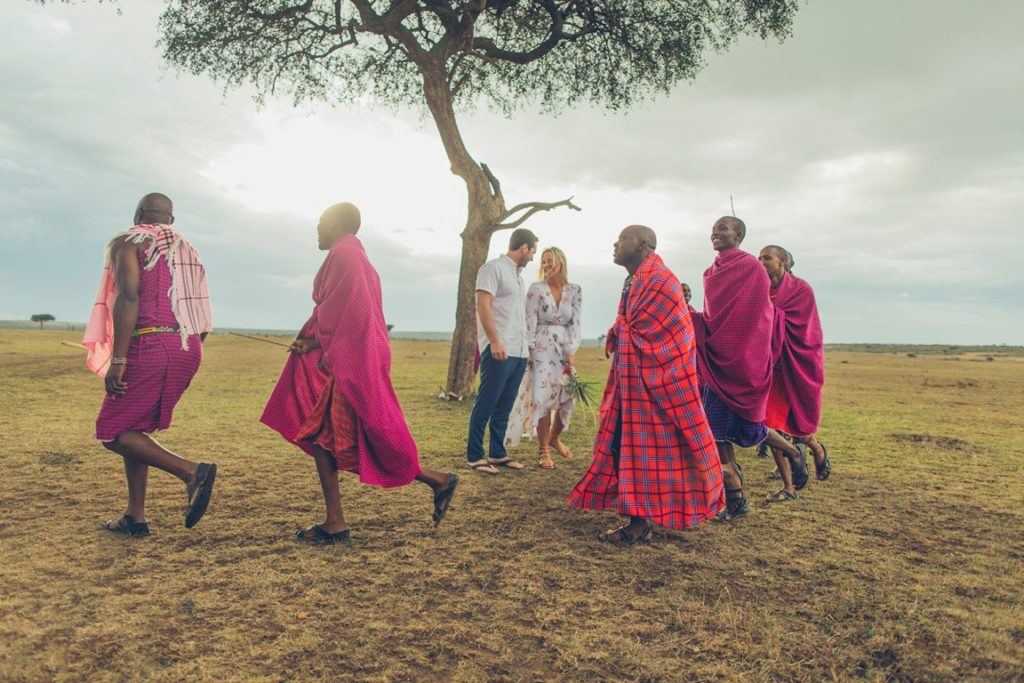
Charity Matters: What life lessons have you learned from this experience?
Sarah Sasson: The biggest life lessons I’ve learned is that what was supposed to be feared is what is supposed to be learned. Travel changes what is true. You think things are the way they are until you see them in person.
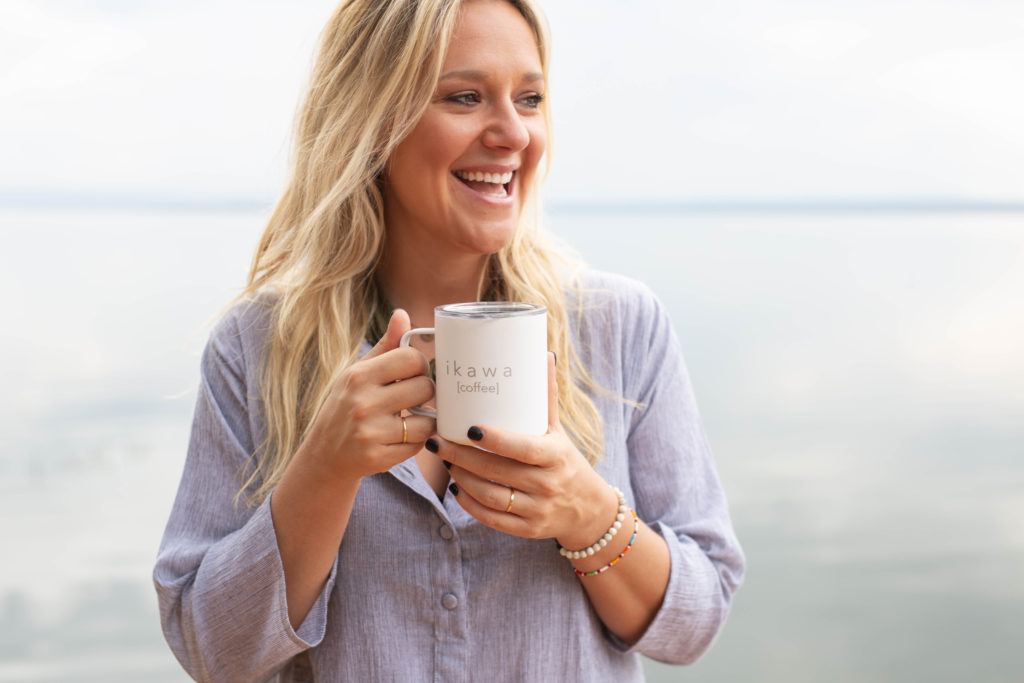
Charity Matters: How has this journey changed you?
Sarah Sasson: I would have never considered myself a tenacious person but when I looked at trying to empower the success of others you look at your ability to not to quit differently. I do not think I am not the same in any way since I started. There is nothing about myself that is the same. My views have changed. How I see the world, how I see people struggle and how I understand poverty all of that is different from being in it so much.
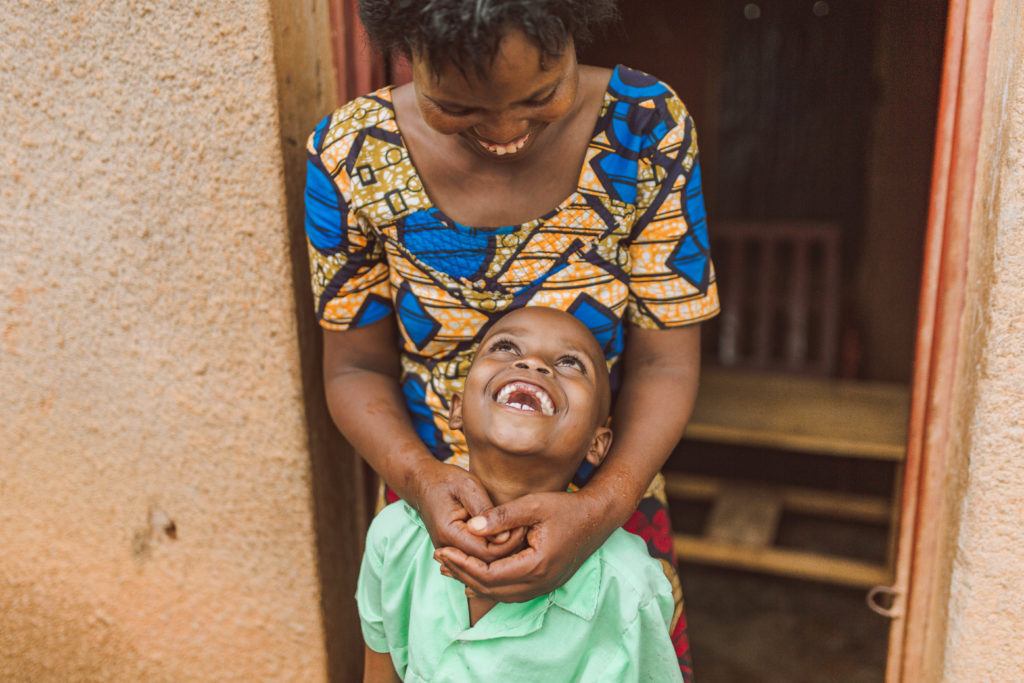
Charity Matters: What is your Wish for Kula Project?
Sarah Sasson: I want to see a generation of Rwandans doing great things. We want our ladies to know that a better future is possible and we believe in them and we believe that will directly translate to their children. My biggest dream is that in twenty years I am at University graduation with one of our ladies who was able to put her children all the way through university because we empowered her. That we not only helped her build a business but that we helped her create a vision that she even believed that was possible for her family. I think that the ultimate wish is to watch the next generation of Rwandan girls not even have to be told they can do it because they were raised in the very beginning believing that was possible.
Charity Matters
Sharing is caring, if you are so moved or inspired, we would love you to share this to inspire another.
Copyright © 2019 Charity Matters. This article may not be reproduced without explicit written permission; if you are not reading this in your newsreader, the site you are viewing is illegally infringing our copyright. We would be grateful if you contact us.
